The former capital of the Inca Empire, Sacsayhuaman, is one of the most stunning Inca ruins, located on the northern outskirts of the old city of Cusco, Peru. It is a walled complex at an altitude of 3,701 m, built like a fortress. The site is part of the City of Cuzco, which was added to the UNESCO World Heritage List in 1983. It consists of three outer lines of gargantuan walls, 1,500 ft long and 54 ft wide, surrounding a paved area containing a circular stone structure believed to be a solar calendar. The ruins also include a 500,000 gallon water reservoir, storage cisterns, ramps, citadels and underground chambers.
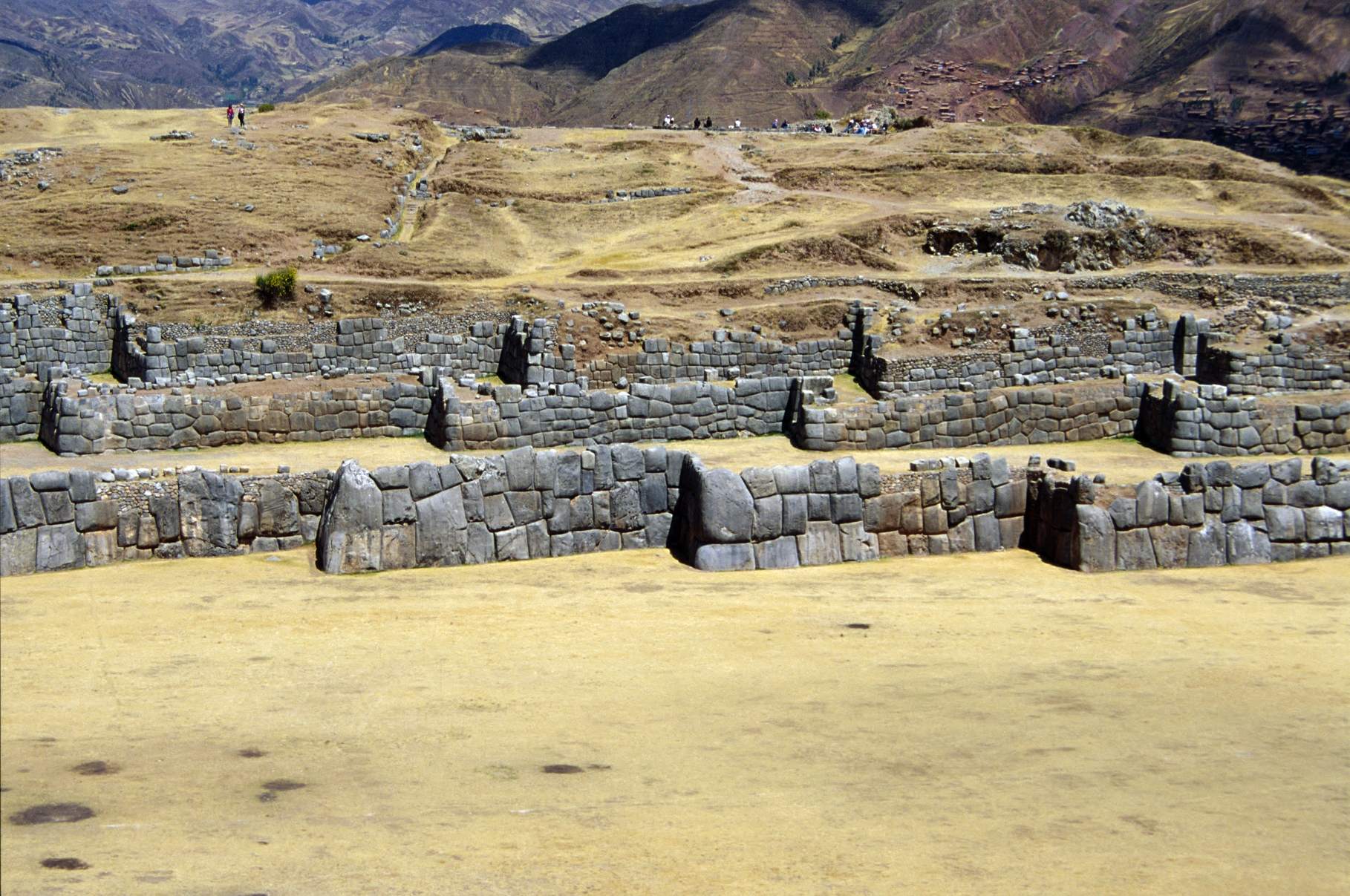
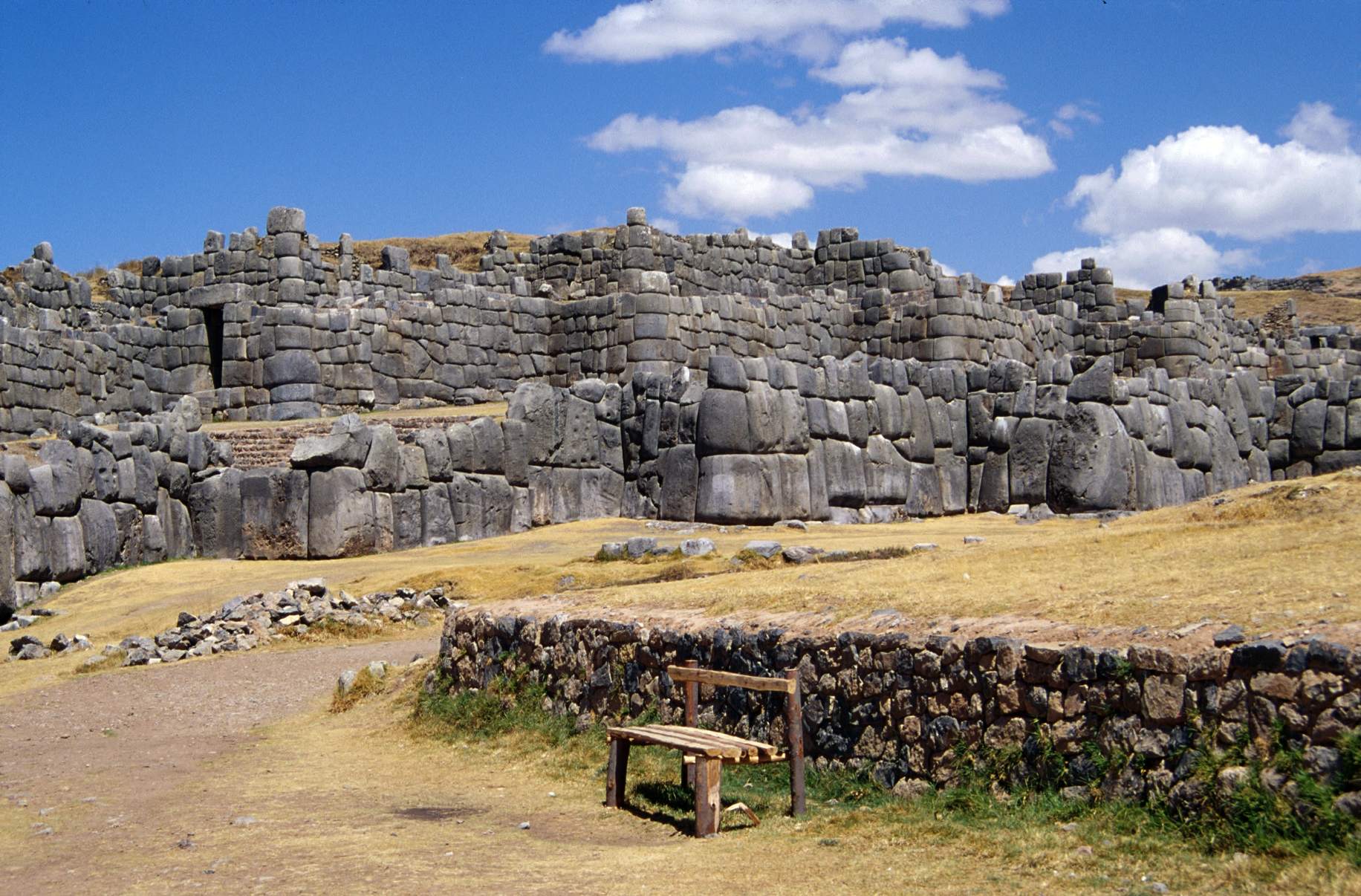
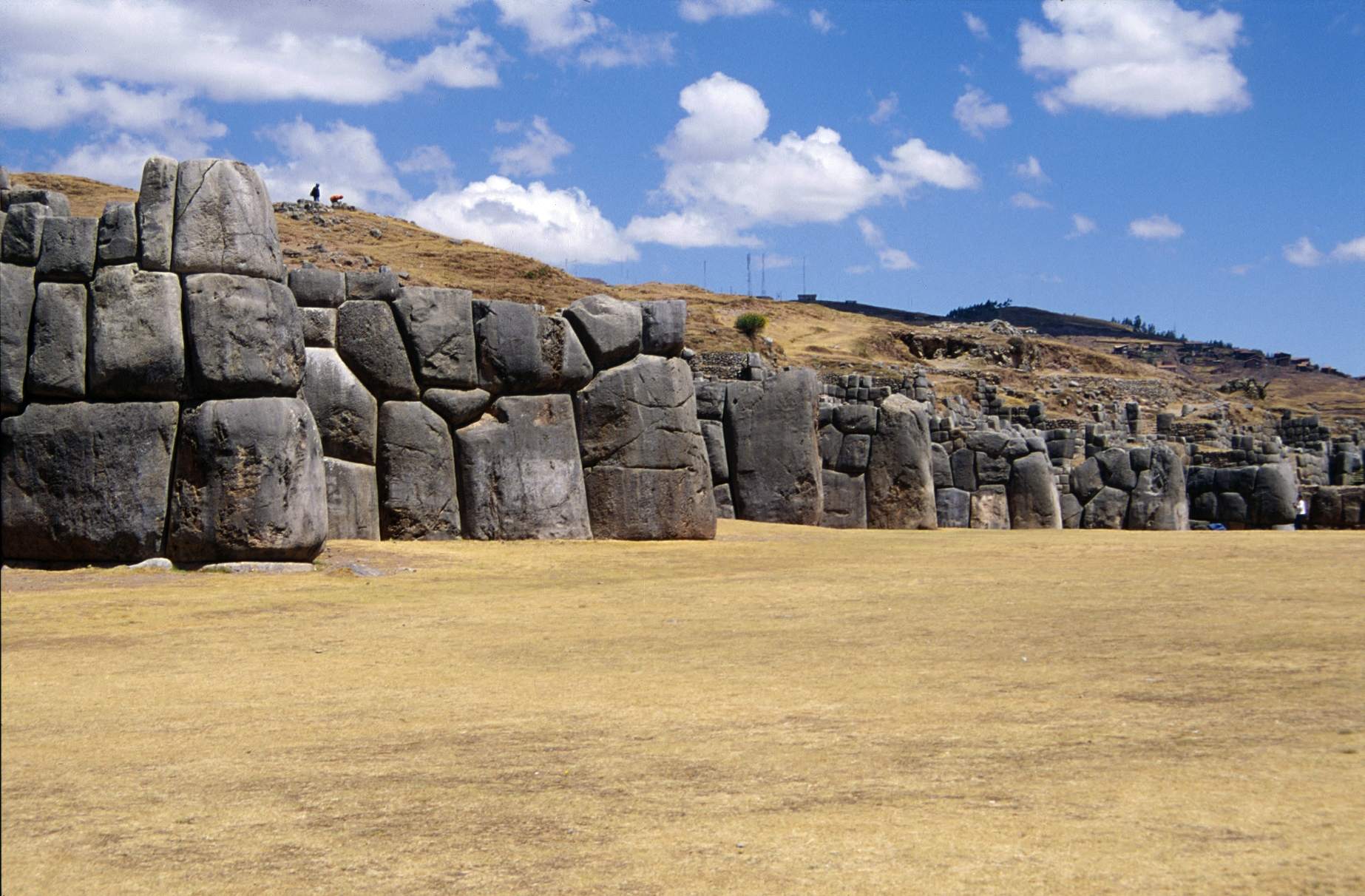
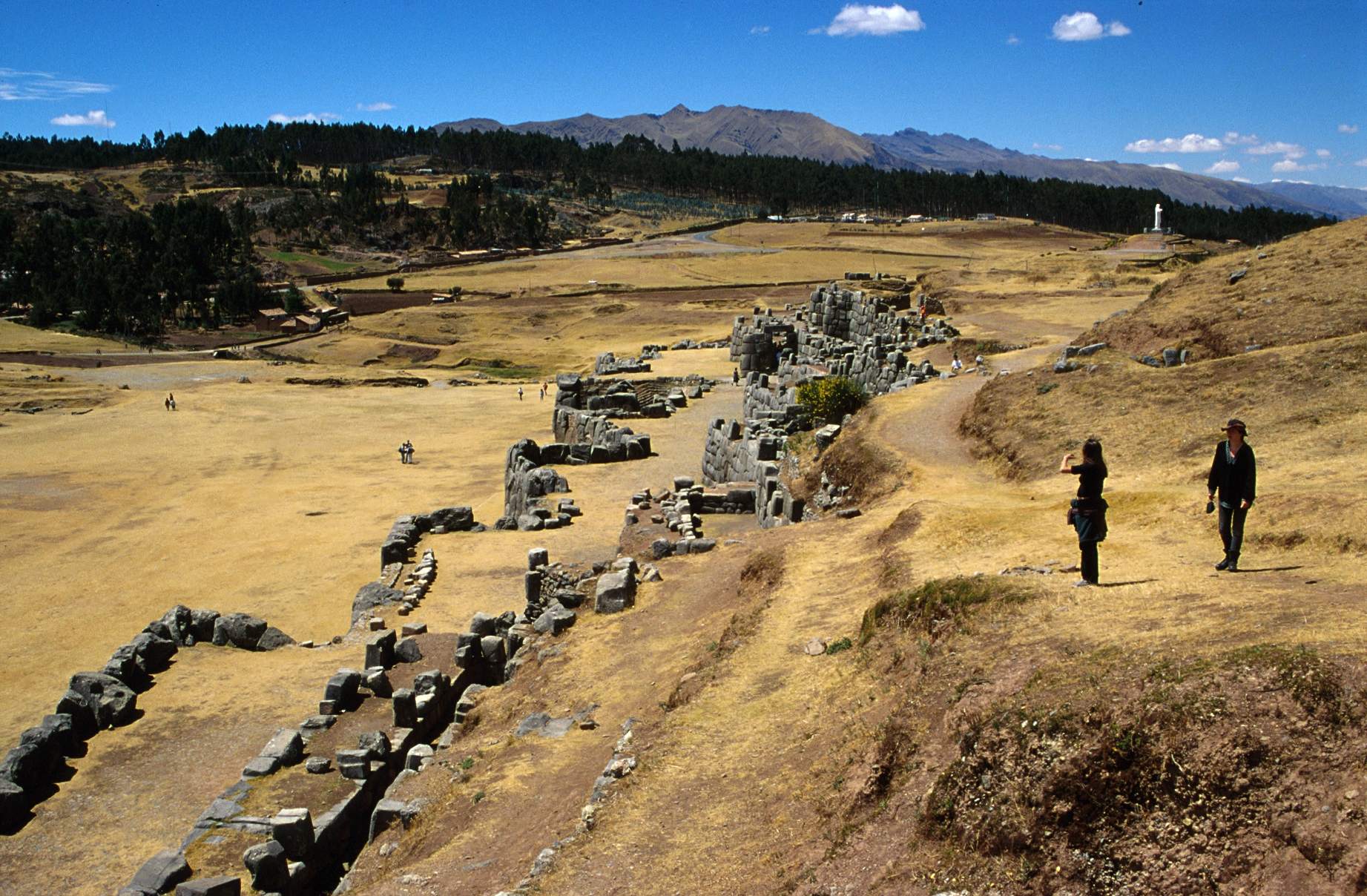
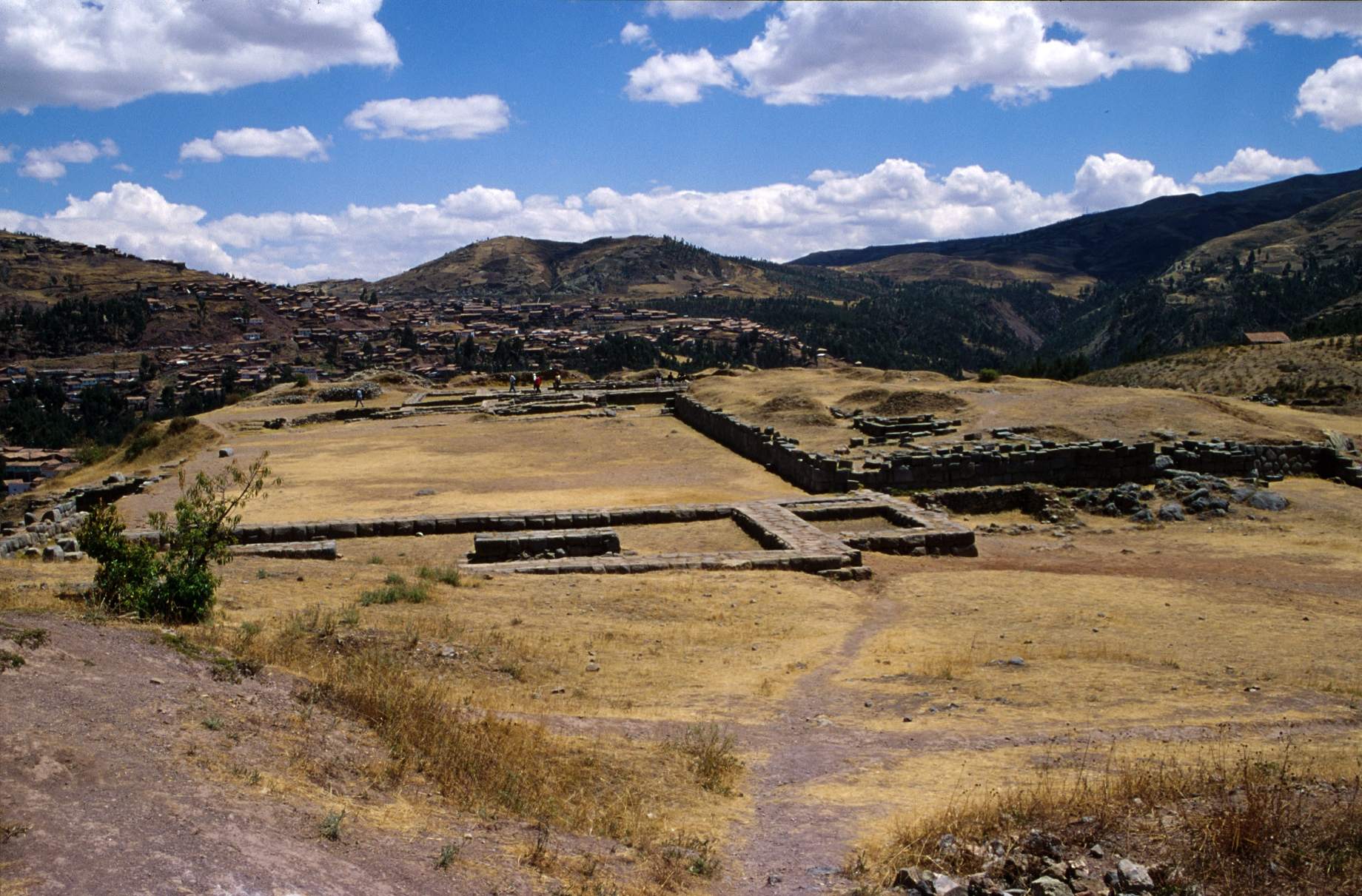
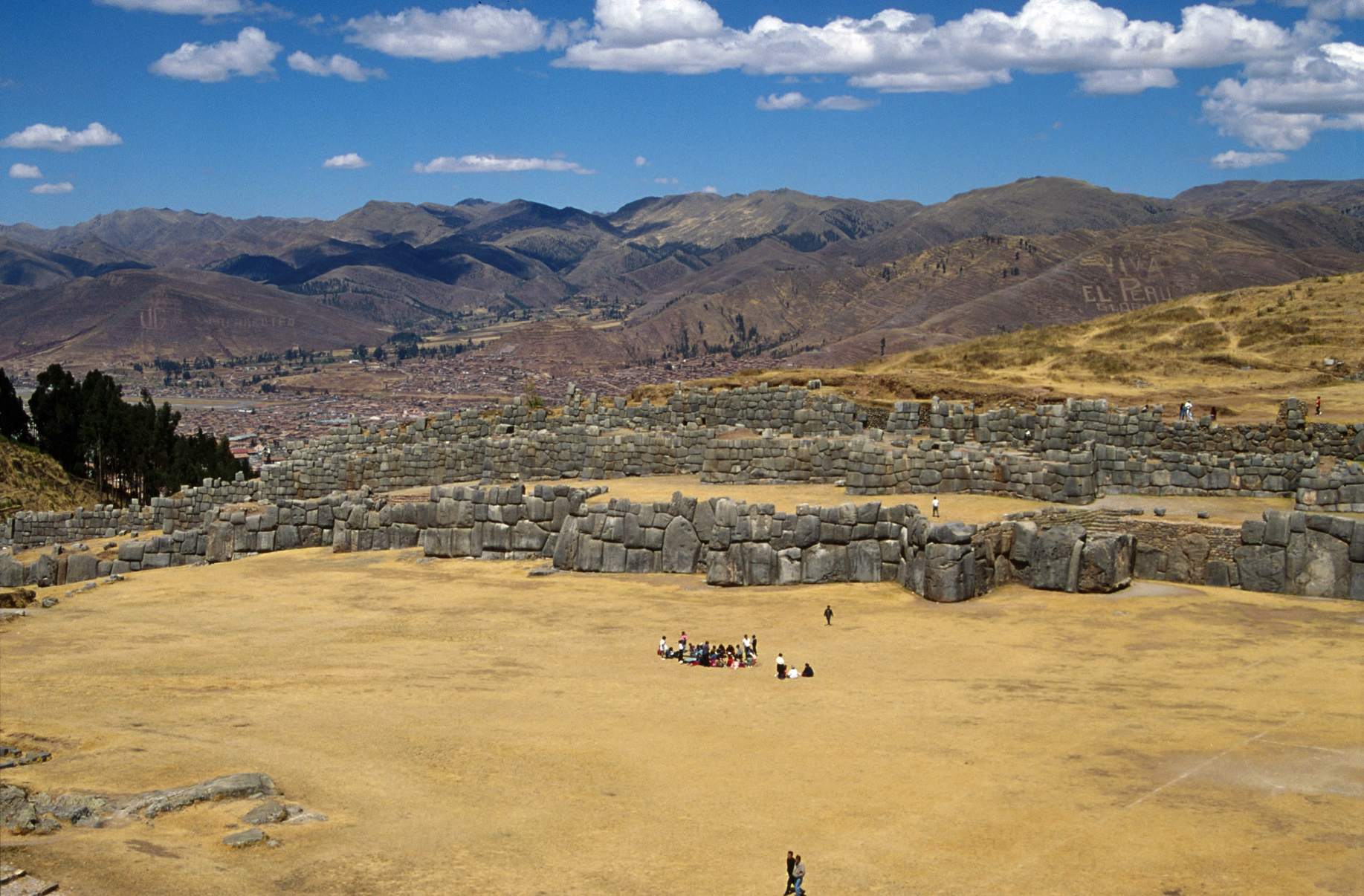
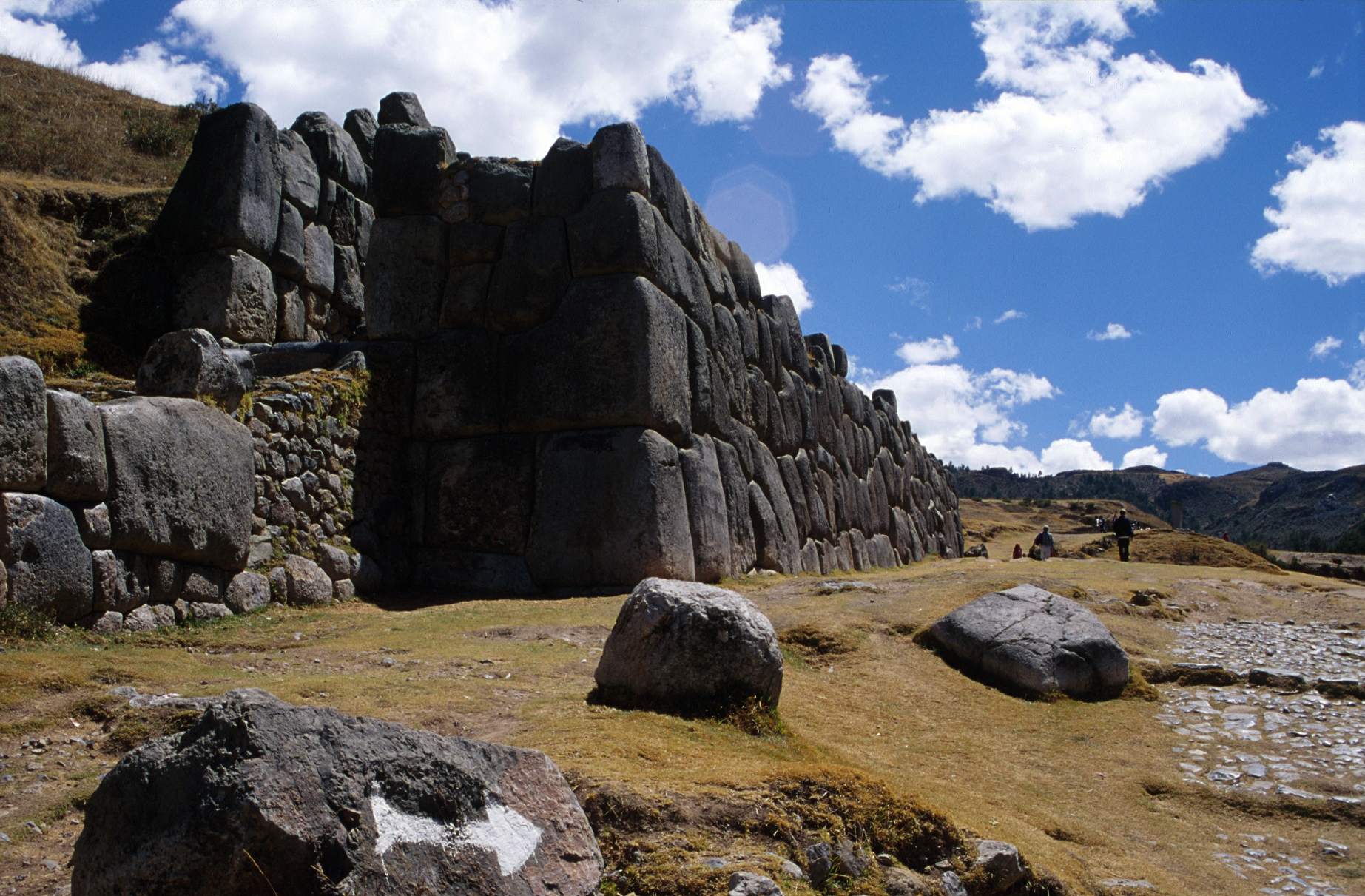
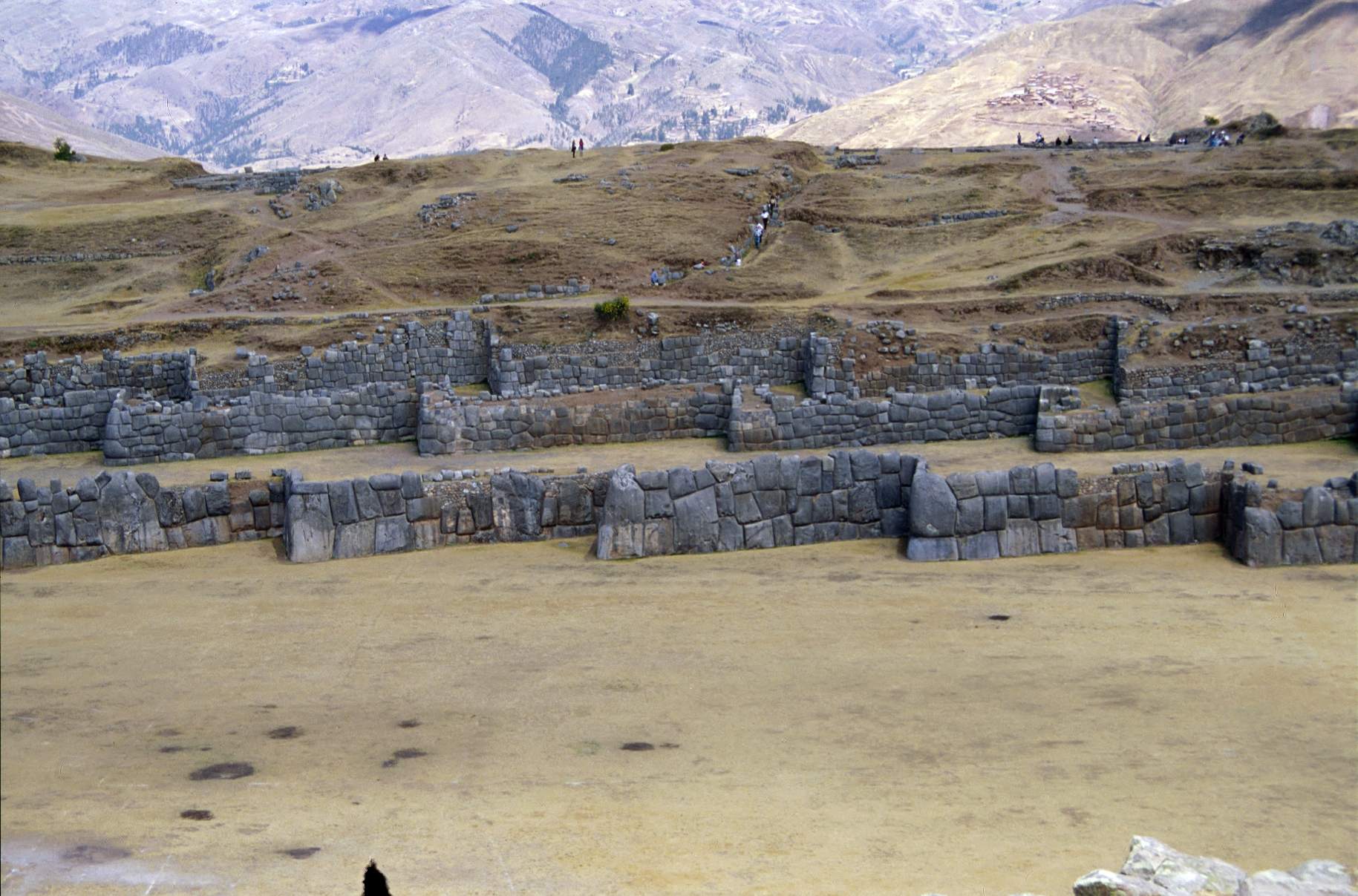
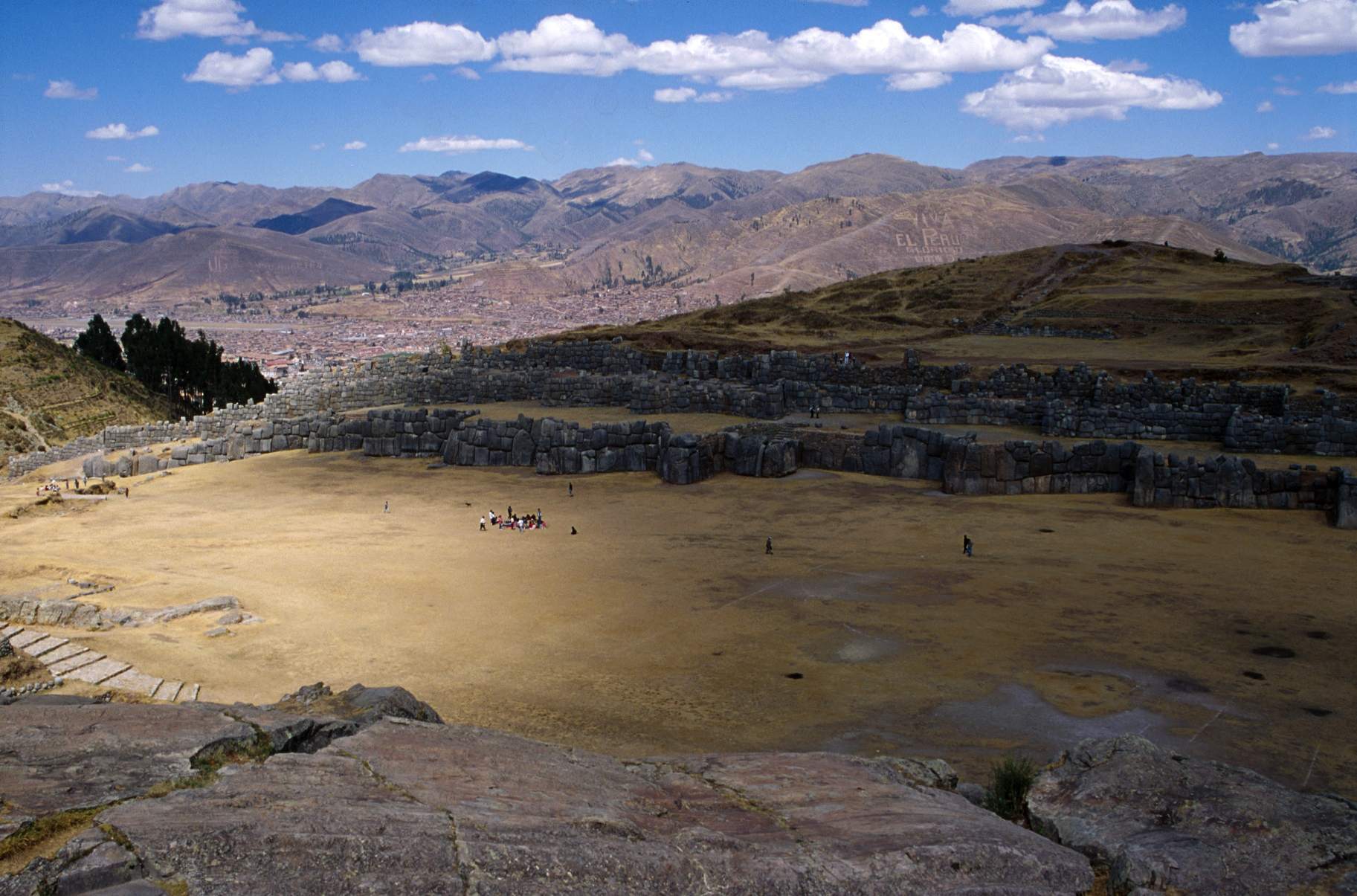
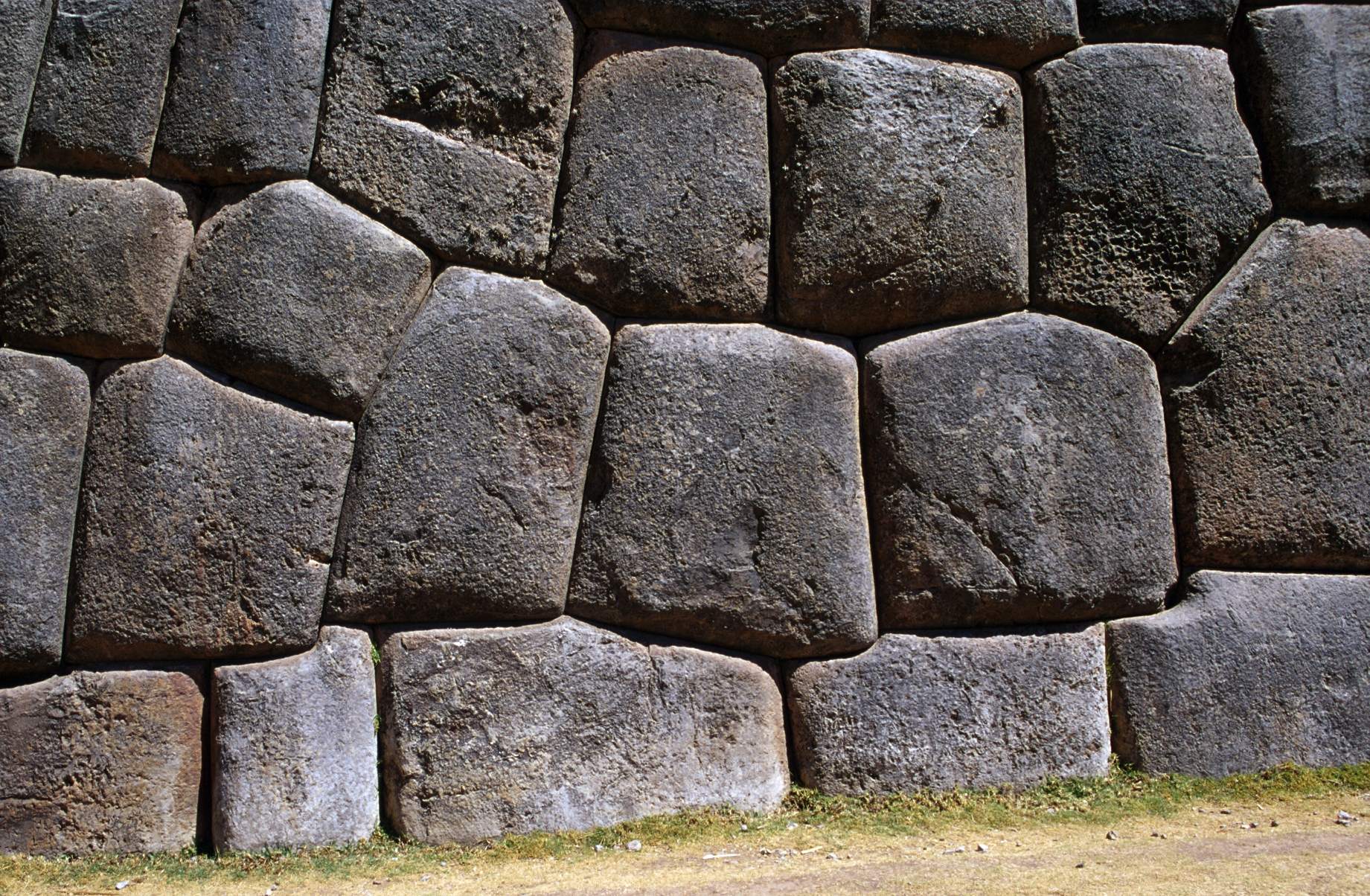
credit: TyB
Tags: Cuzco, inca, inca ruin, Peru, Polygonal Masonry, Ruins, Sacsayhuaman, Saksaywaman, Sasa Waman, Walls at Sacsayhuaman
Relevant Articles
The extraordinary ruins of this church recall the early history of Roman Catholicism in Upper Canada. Begun in 1815, St. Raphael’s Church originally served as the centre of the colony’s largest and most important parish, and the administrative headquarters of the first Roman Catholic bishop, Alexander Macdonell. In 1970 a fire consumed the church of St. Raphael’s, one of the earliest Roman Catholic churches in English-speaking Canada. The Ruins were declared a National Historic Site in 1999.
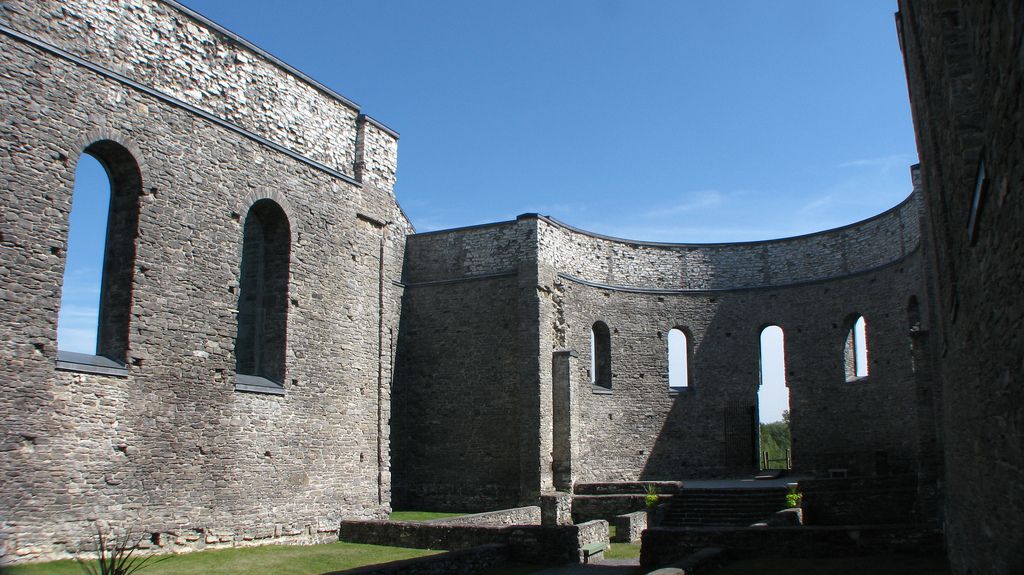
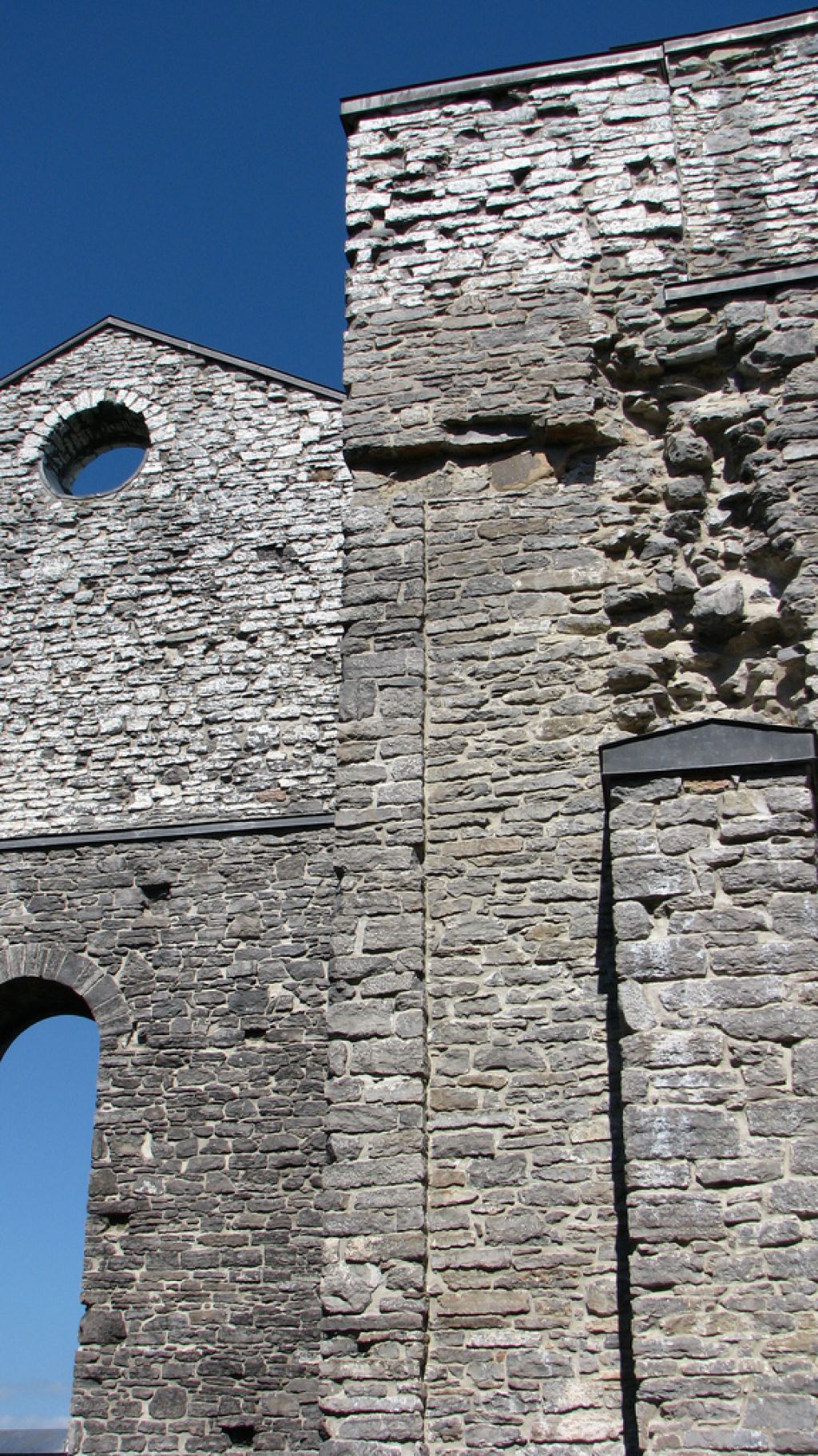
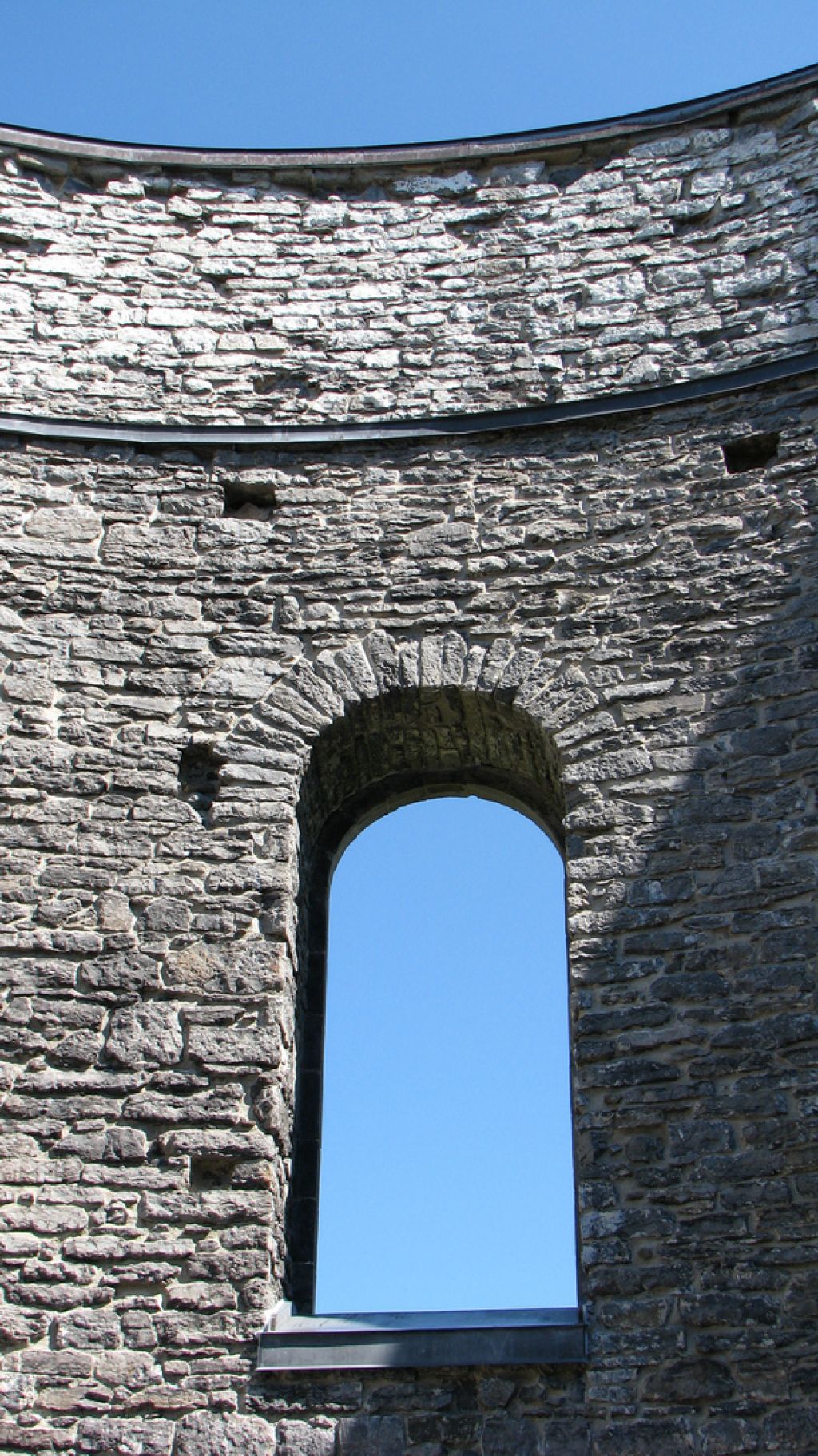
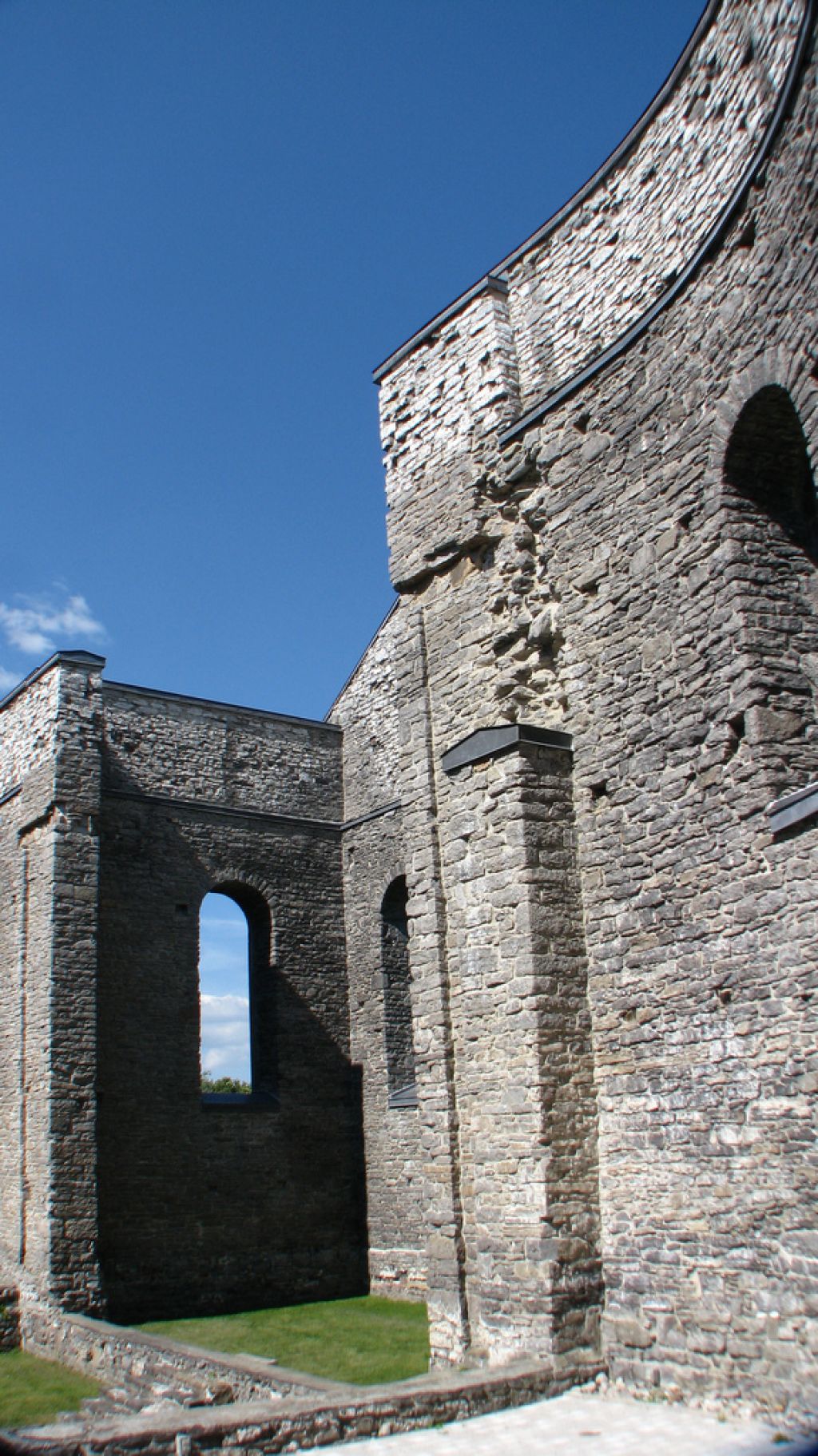

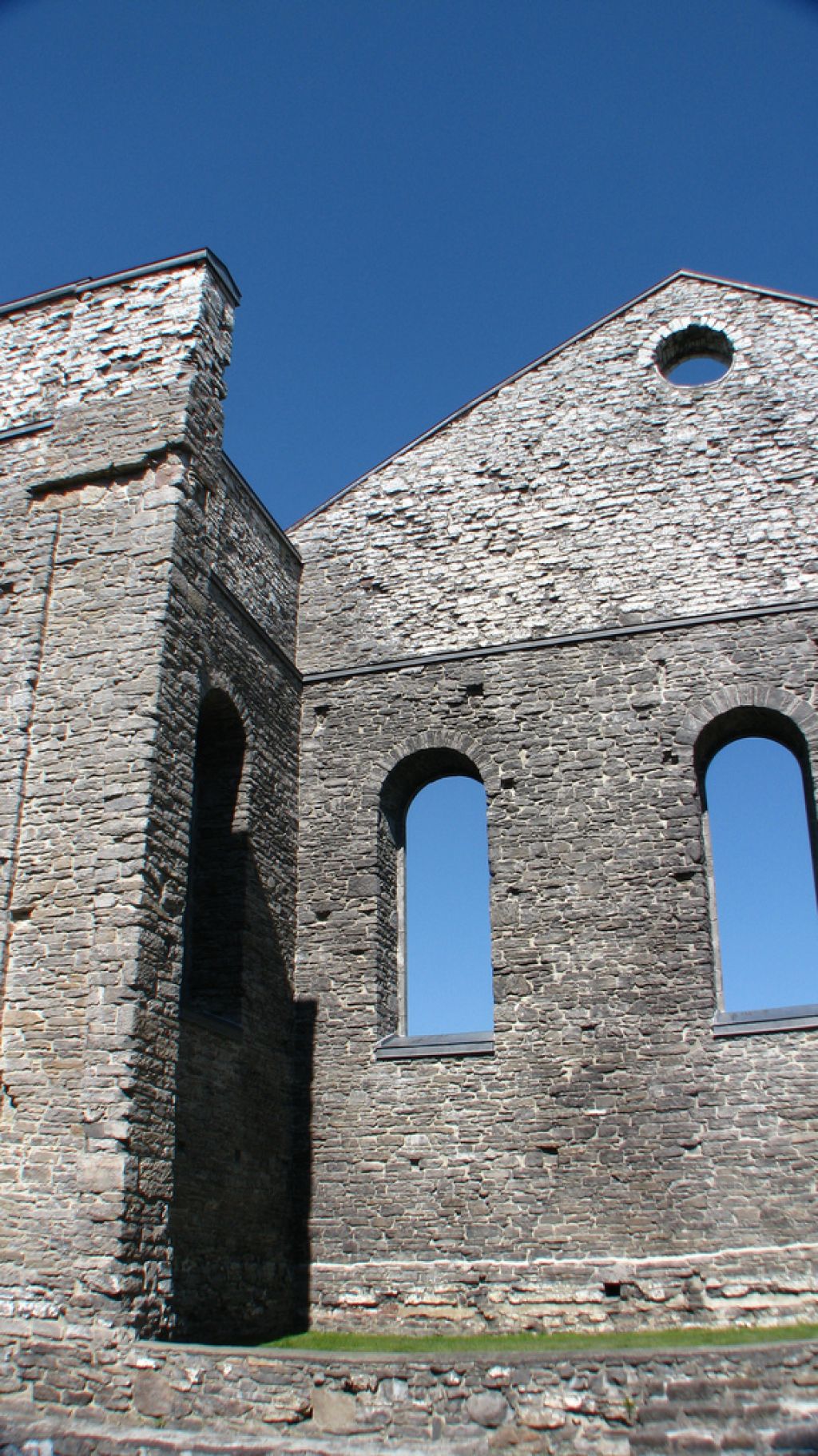
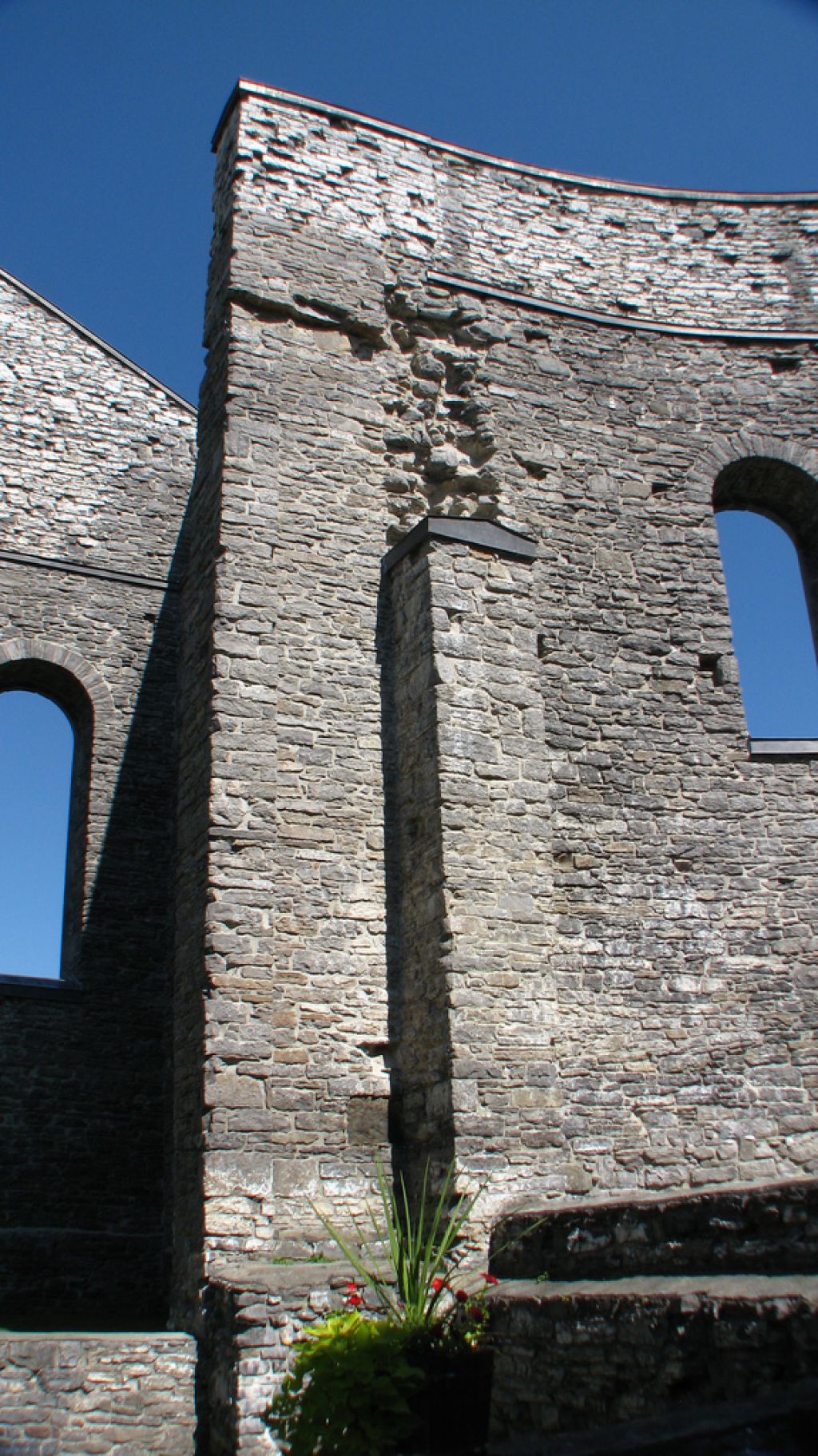
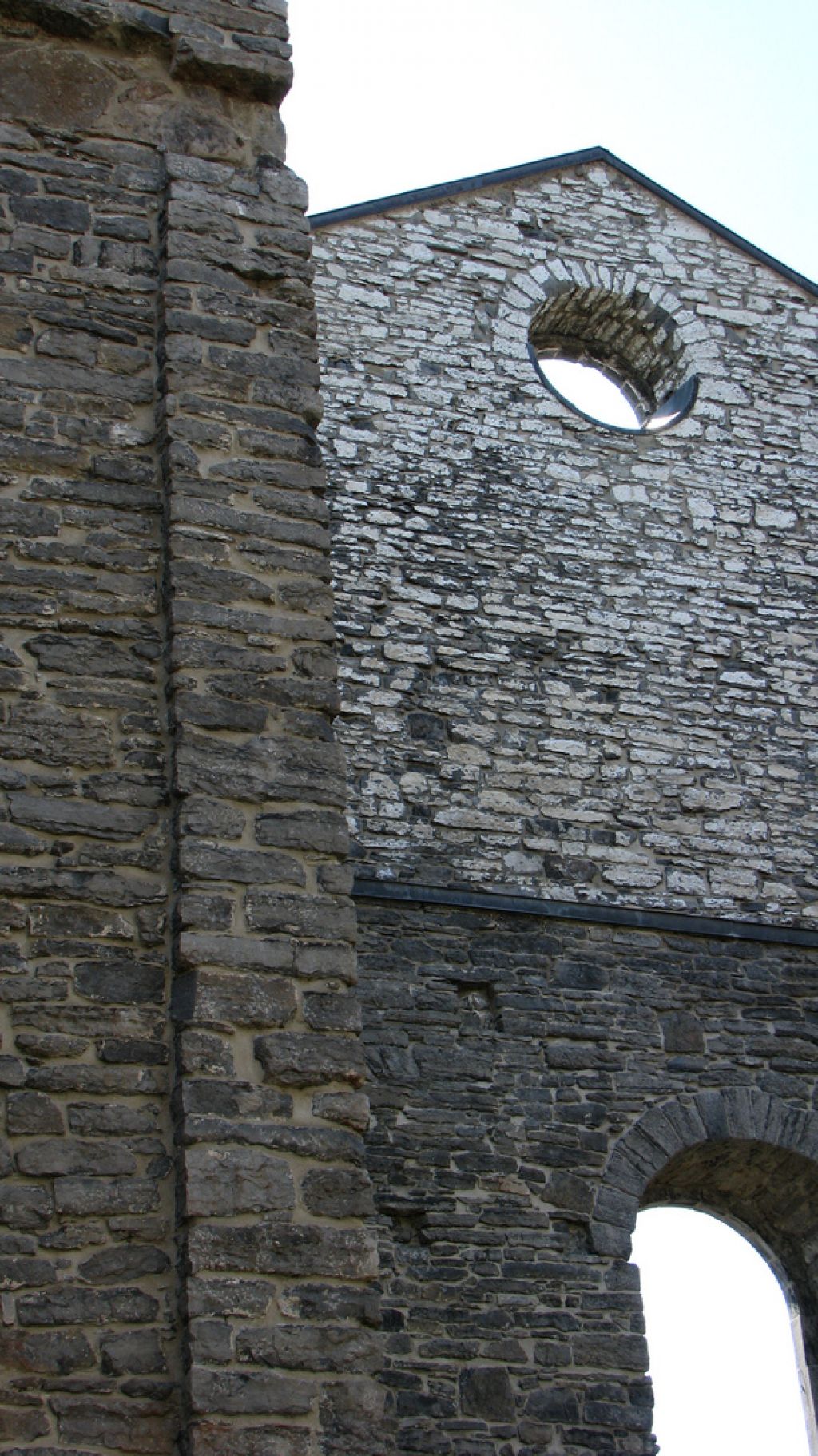
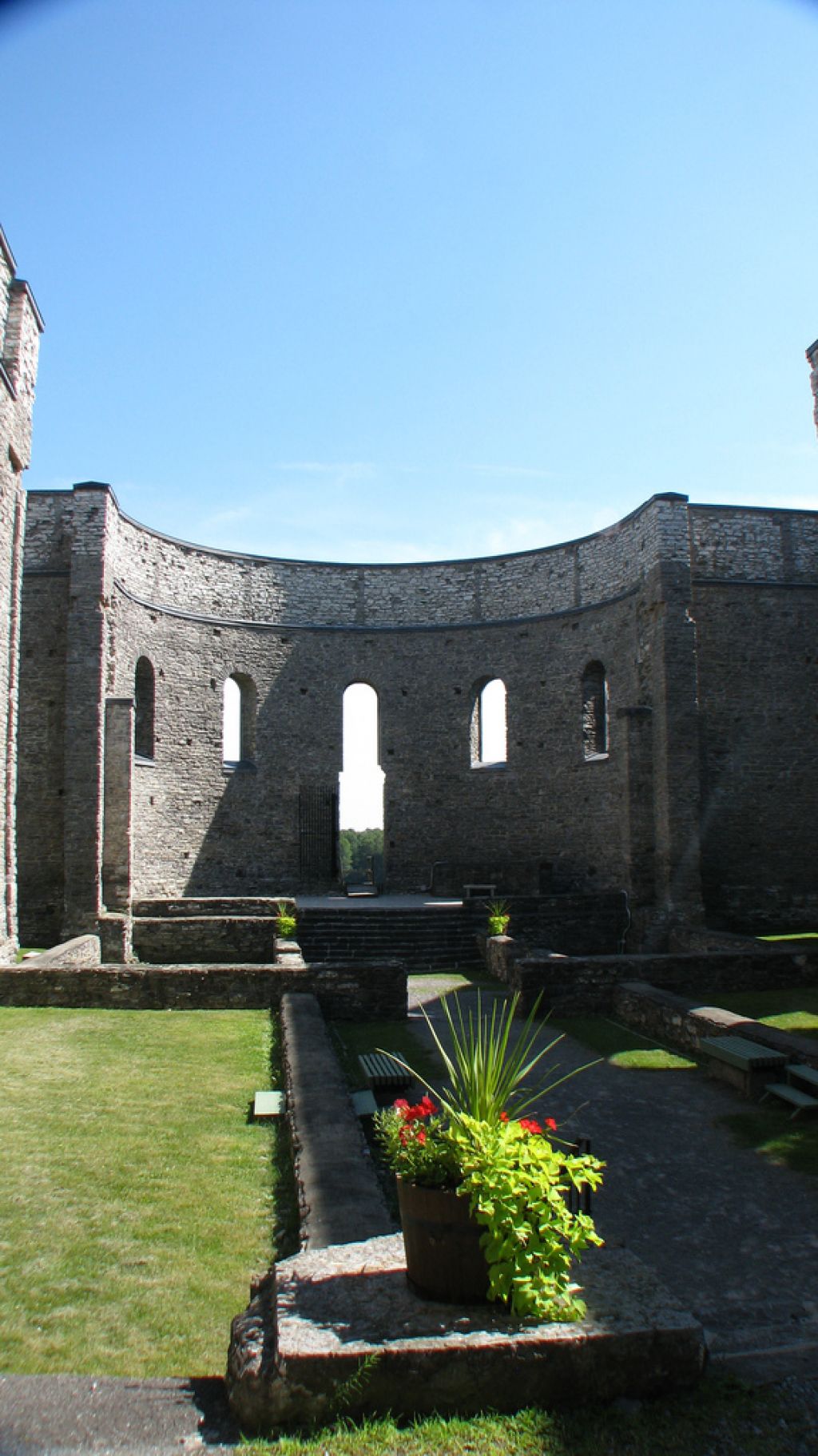
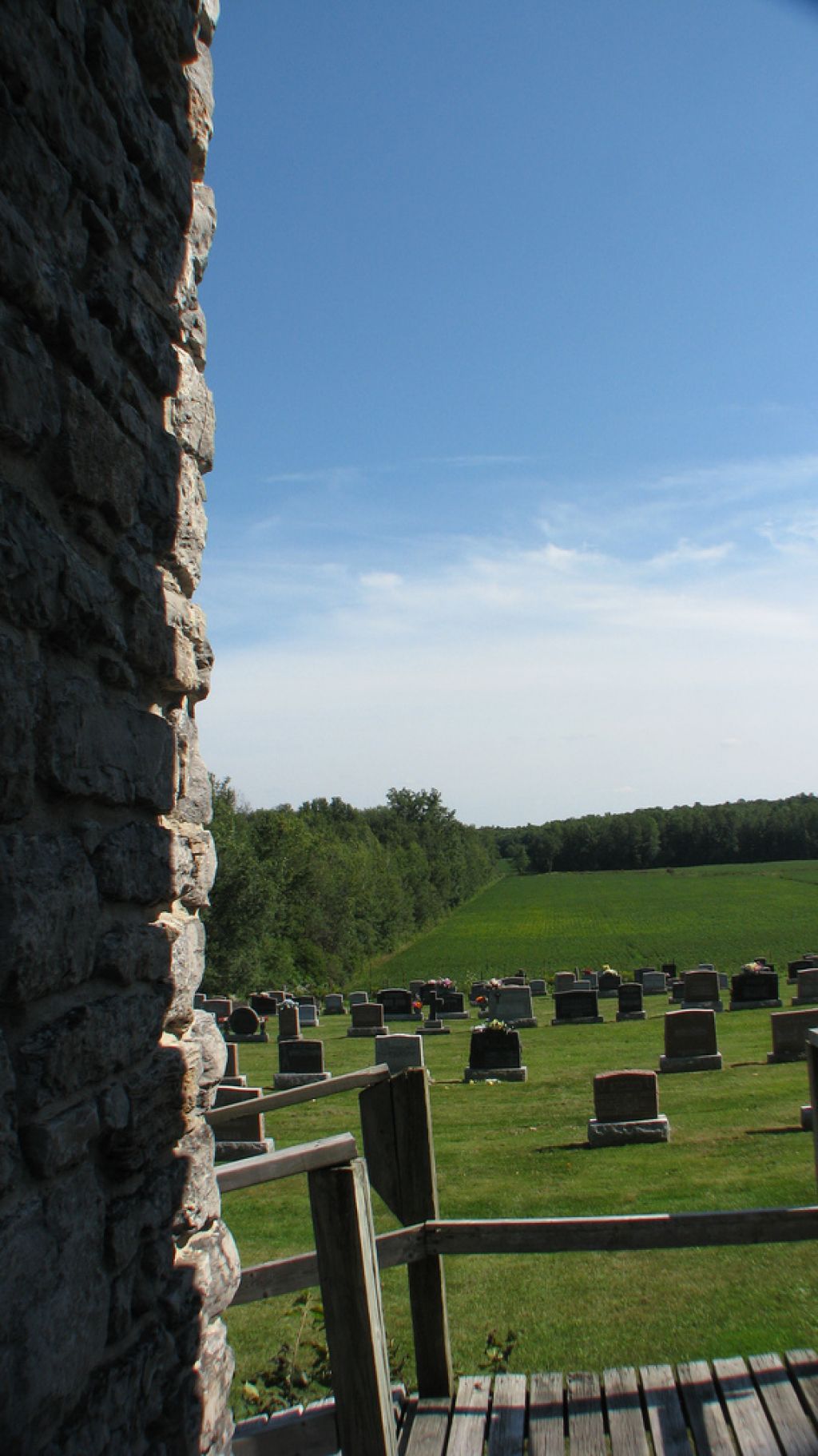
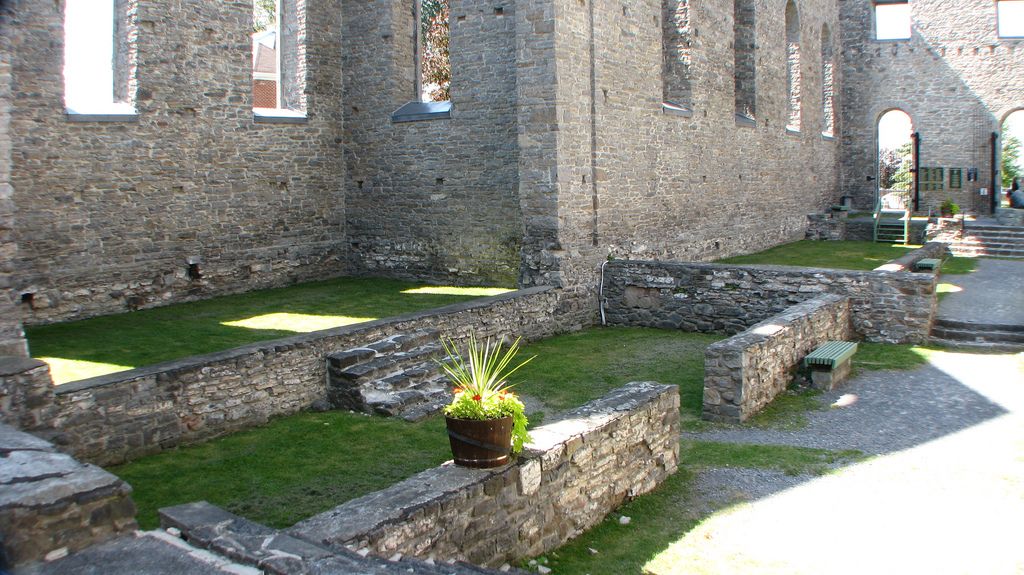
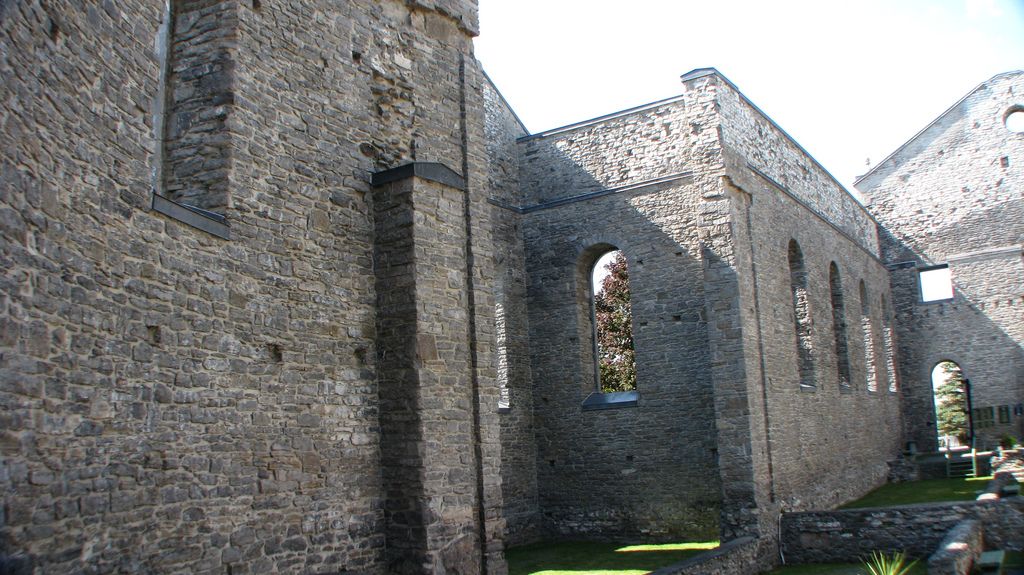
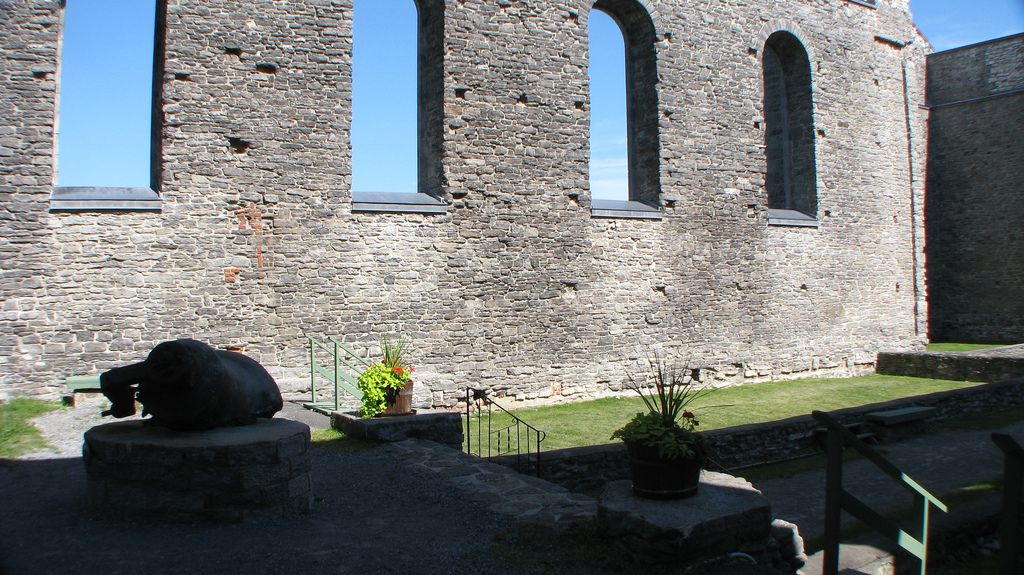
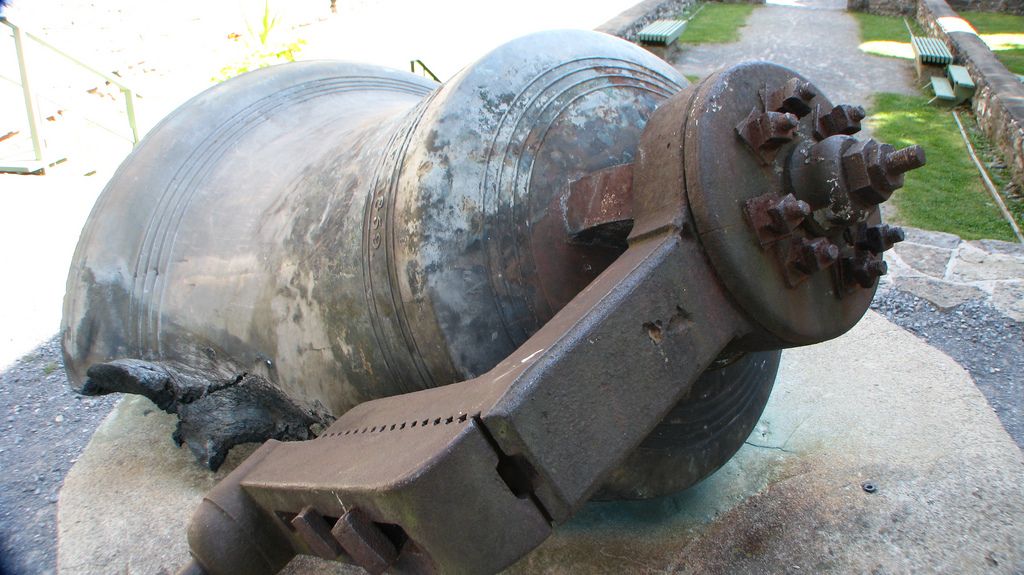
credit: Gilles Douaire
Tags: Canada, Glengarry, National Historic Site, Ontario, Ontario Canada, Raphaels, Roman Catholic churches, roman catholics, Ruins, saint rapheals, sankt raphael, st-raphael, St., st. raphael ruins, what to see in ontario
Relevant Articles
Tourist village was established along the shore of Lago Epecuen, a salt lake some 600 kilometers southwest of Buenos Aires, Argentina. The Villa reached 5000 inhabitants. On 10 November 1985 an enormous volume of salt water broke the rock and earth dam, and inundated much of the town. The town had 10 metres of water in the streets. The wet weather later reversed, and the waters began to recede in 2009. Today the town has a lone resident, Pablo Novak, who returned to his home after the flood waters receded.
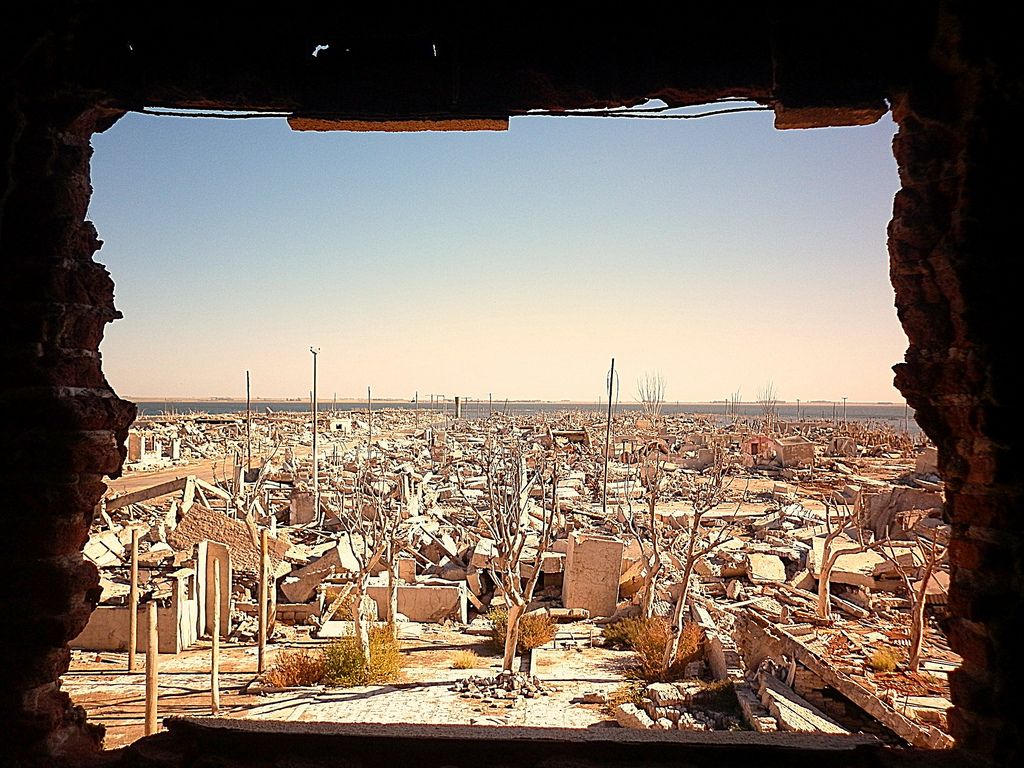
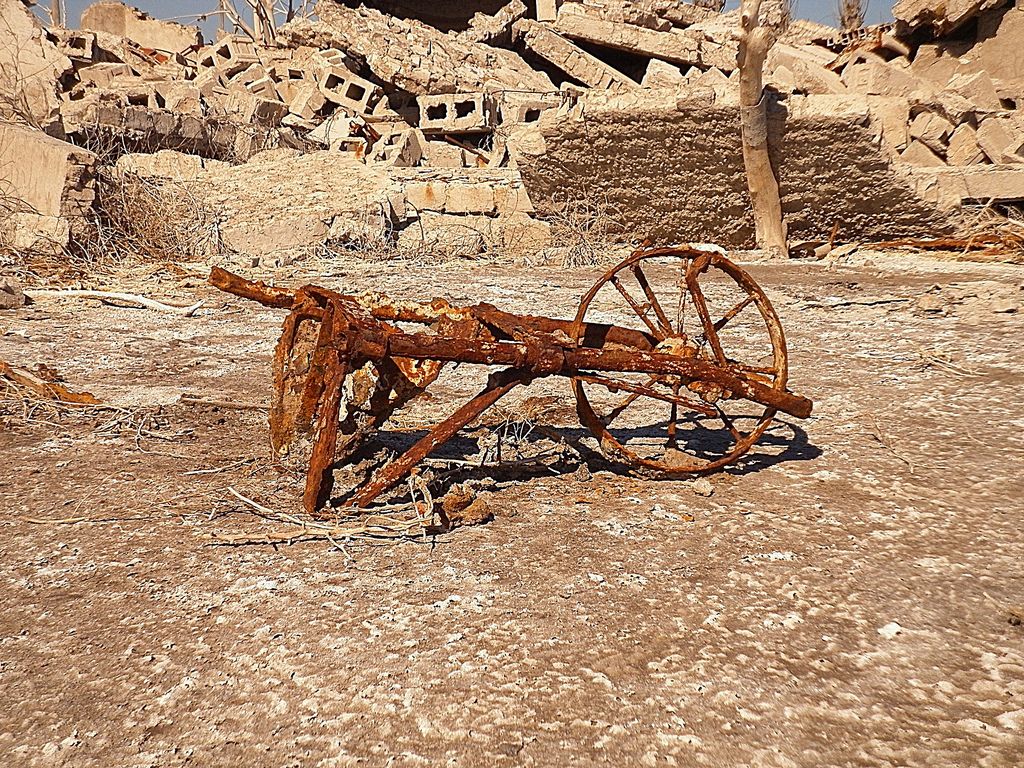
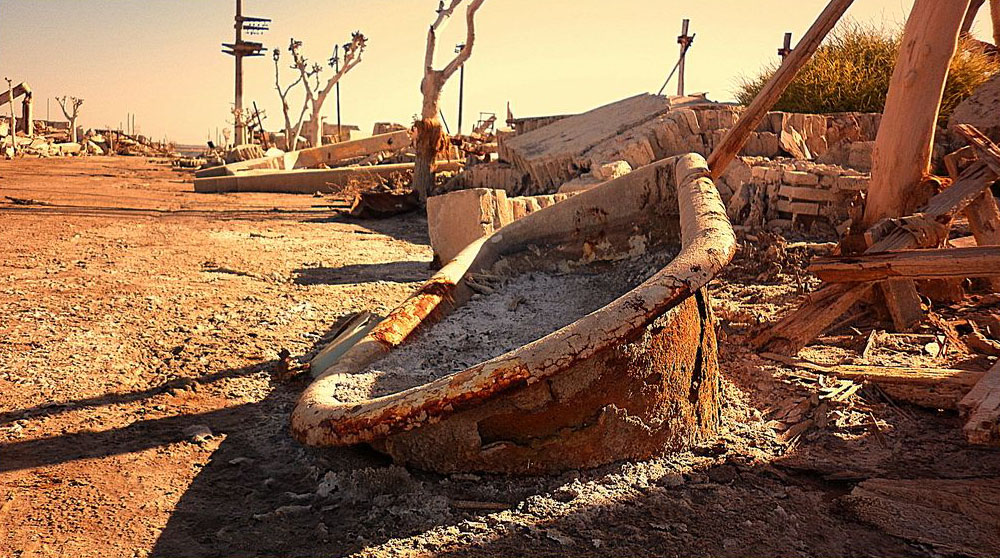
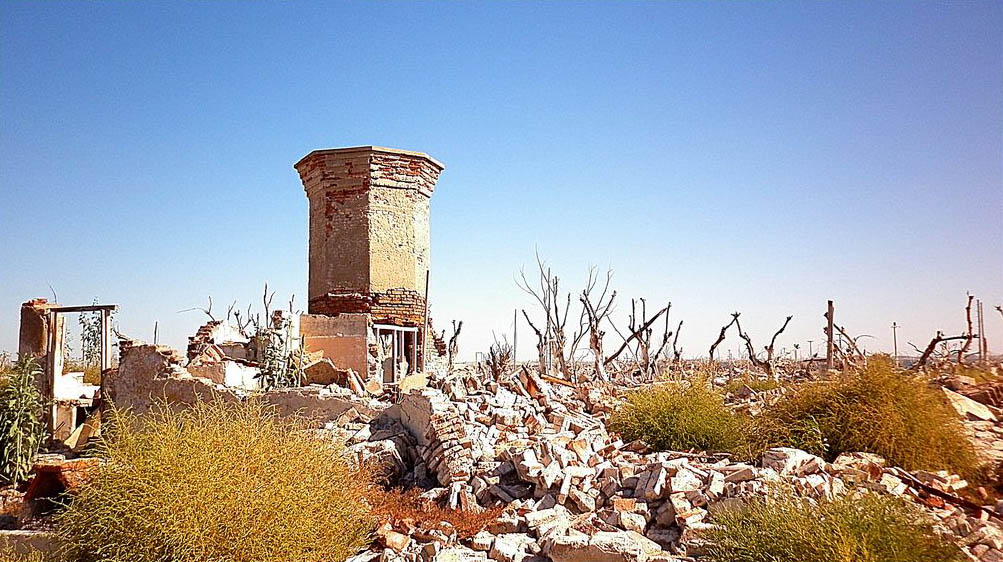
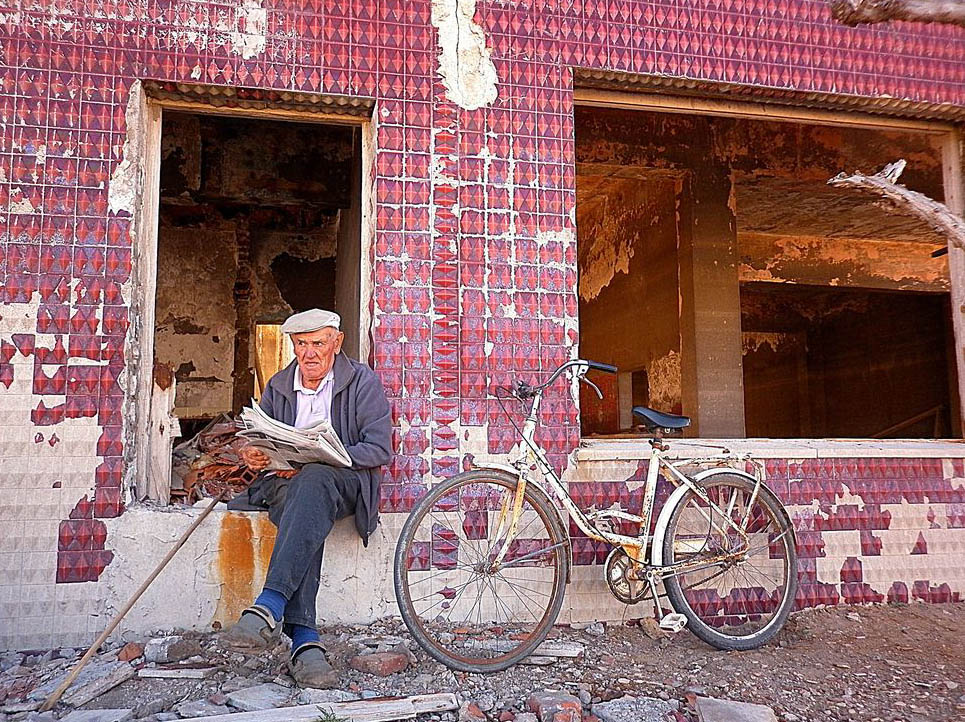
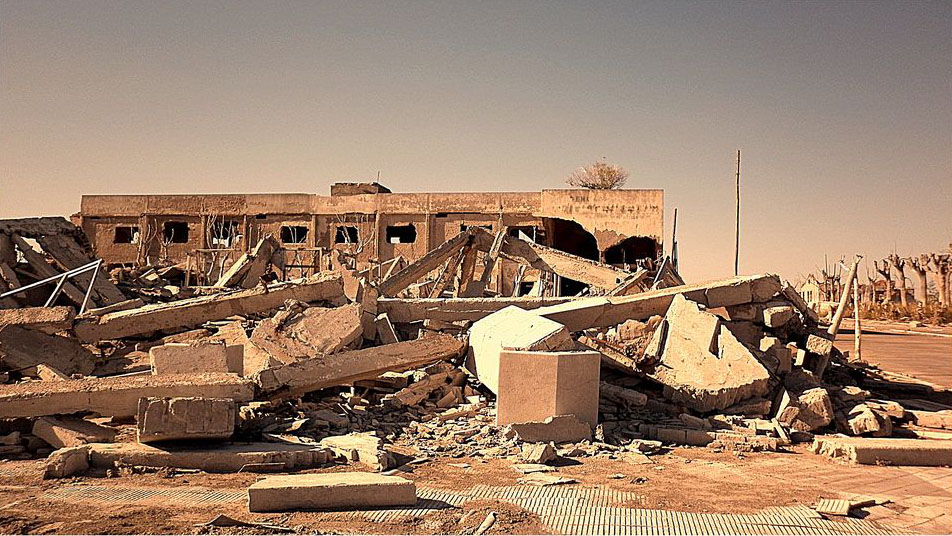
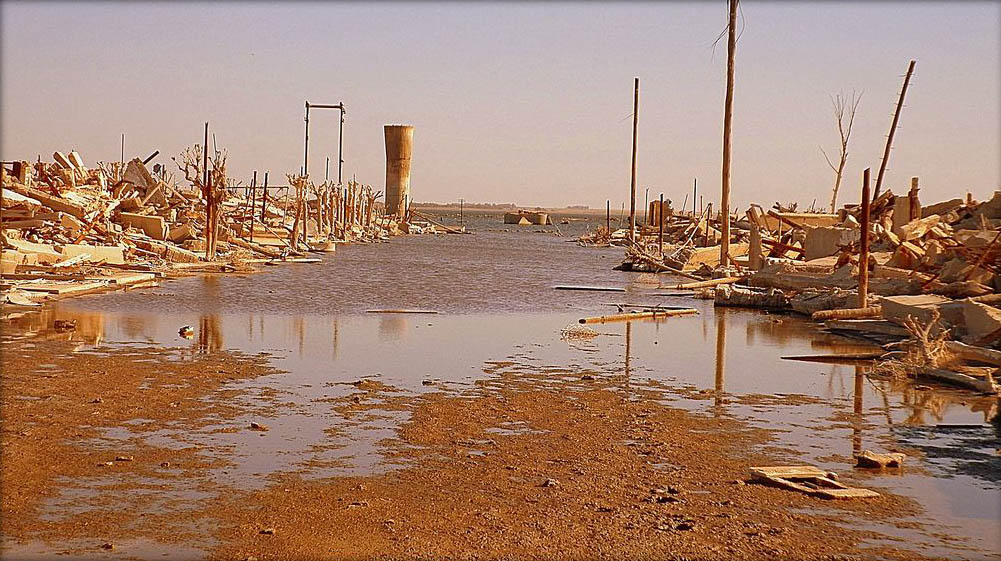
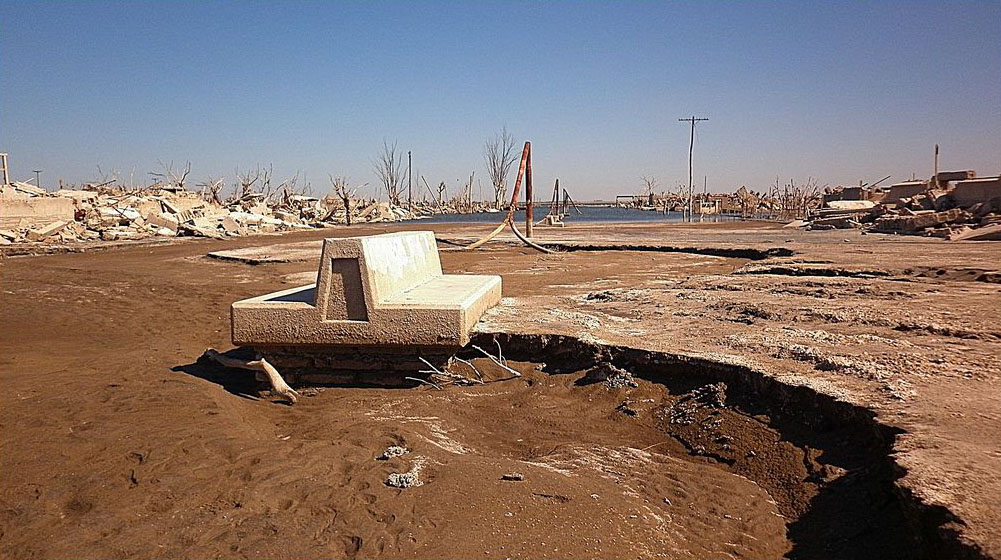
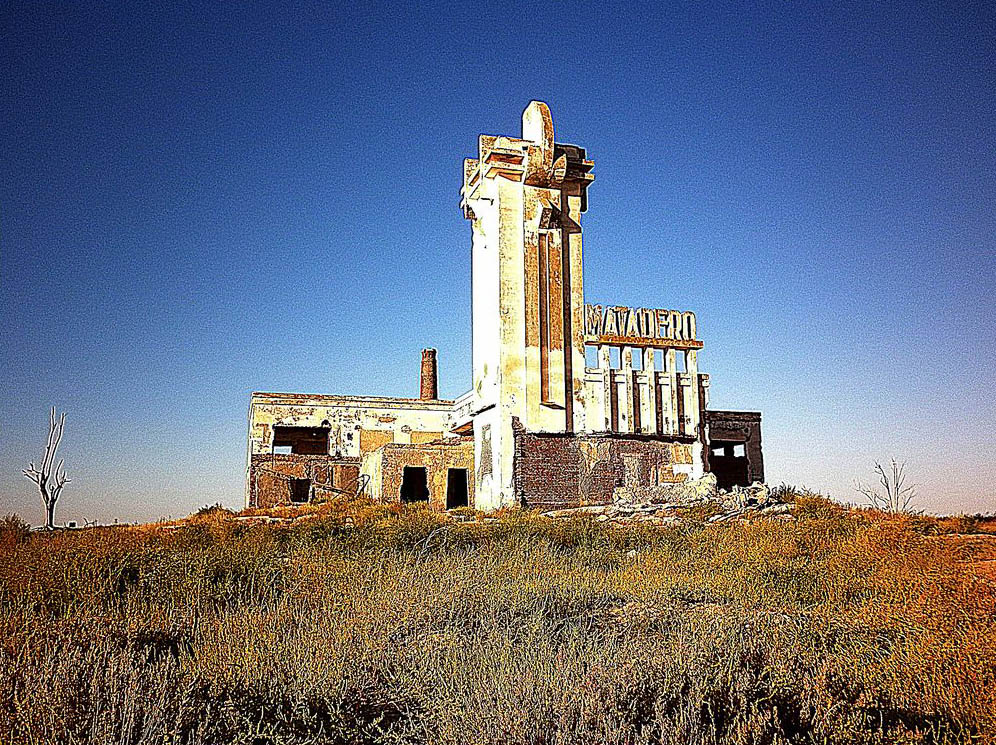
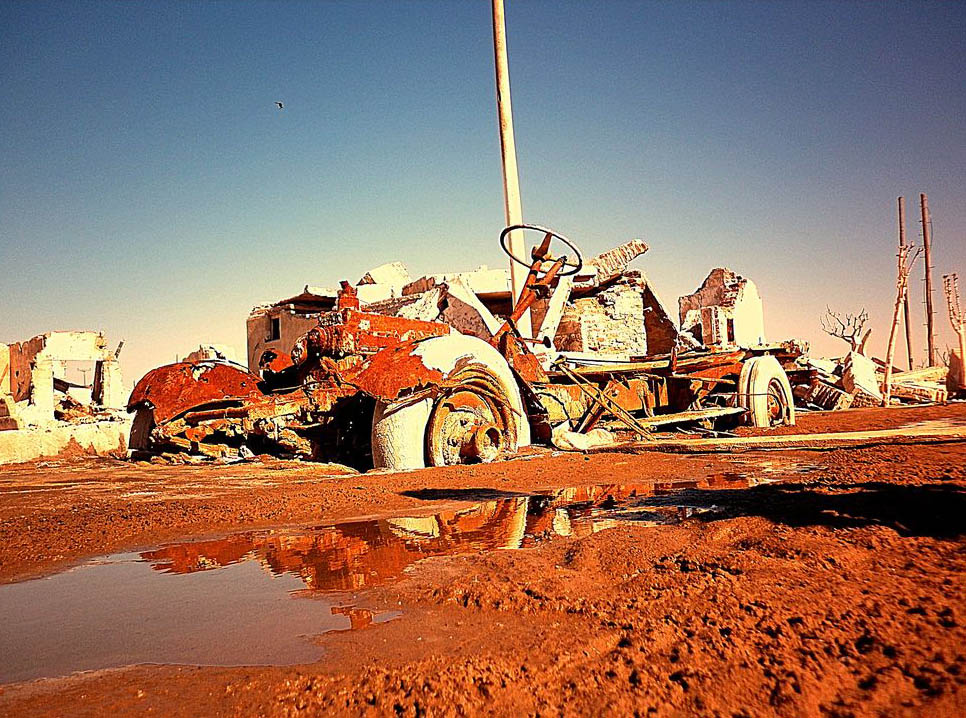

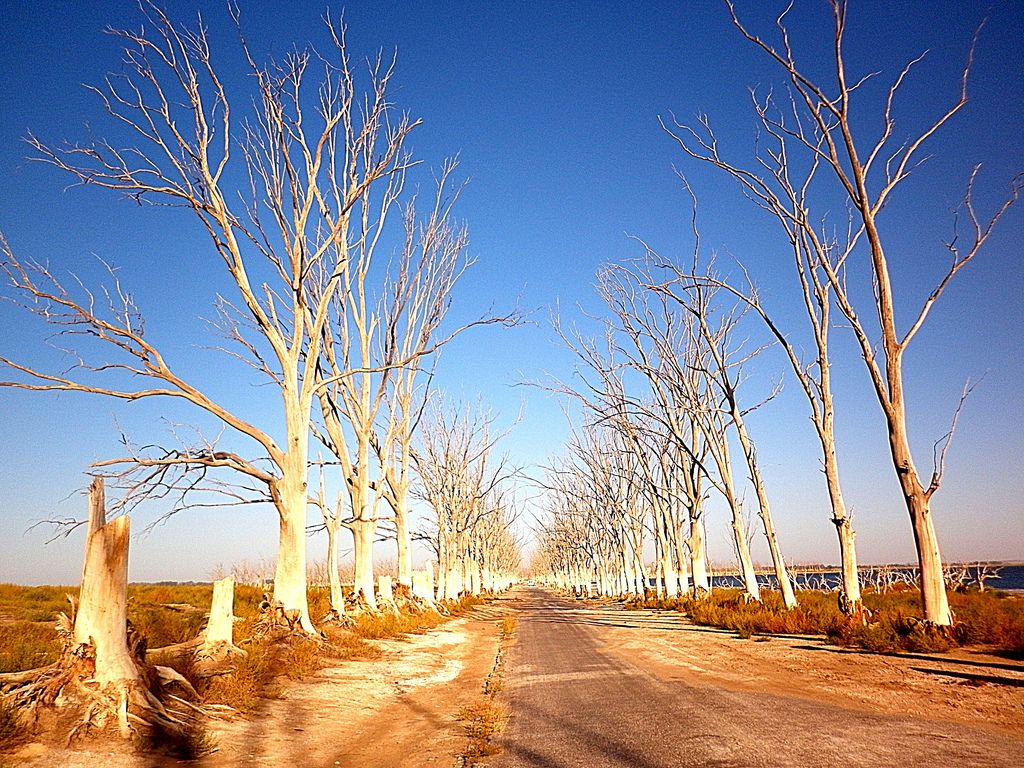

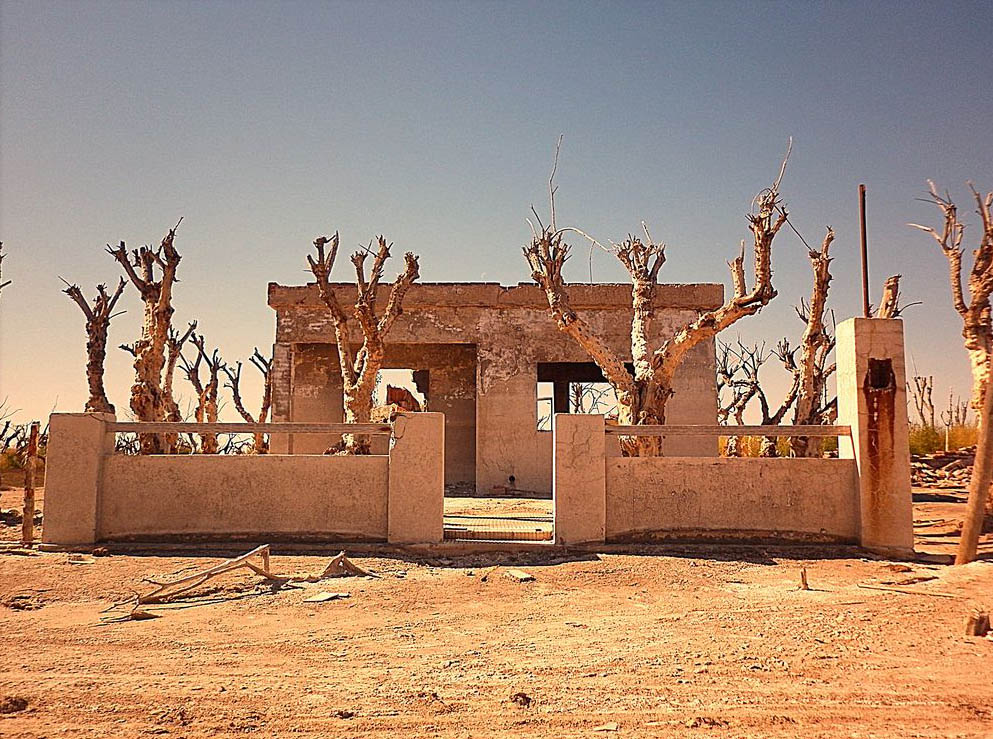

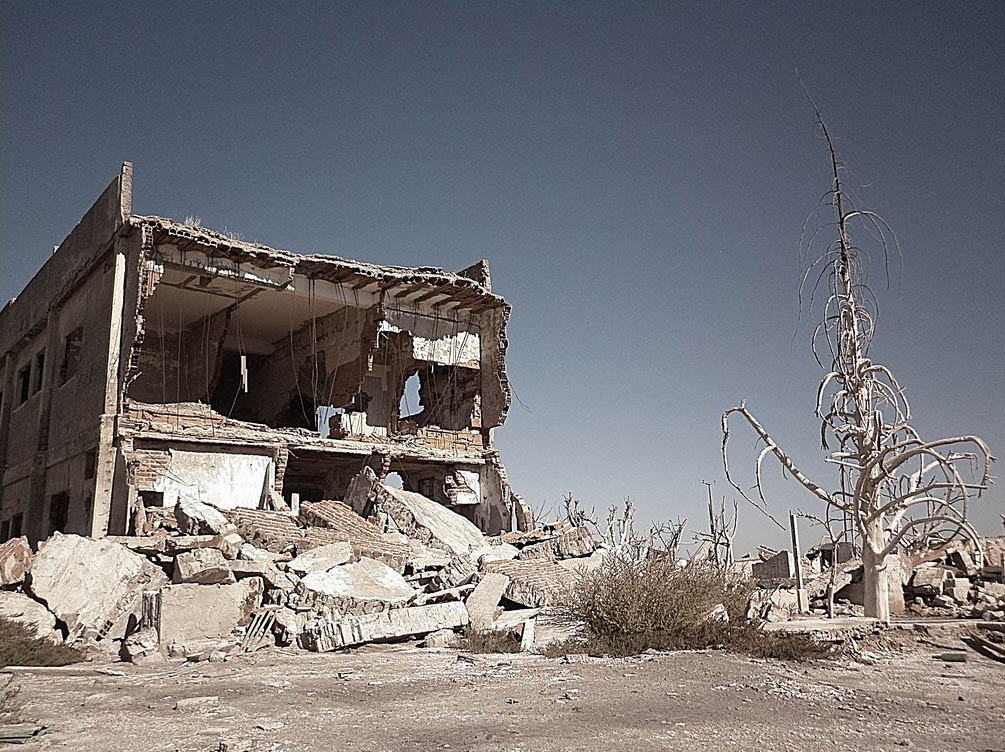
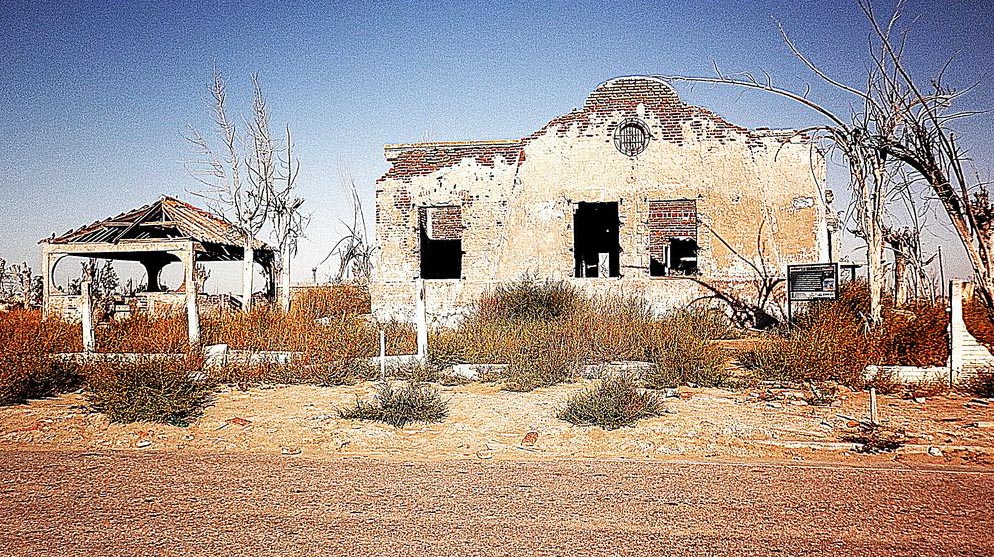

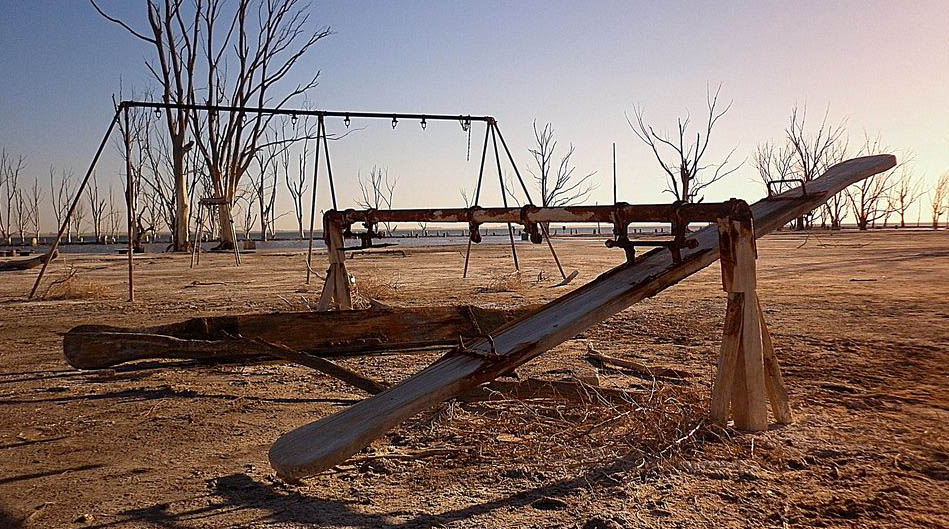
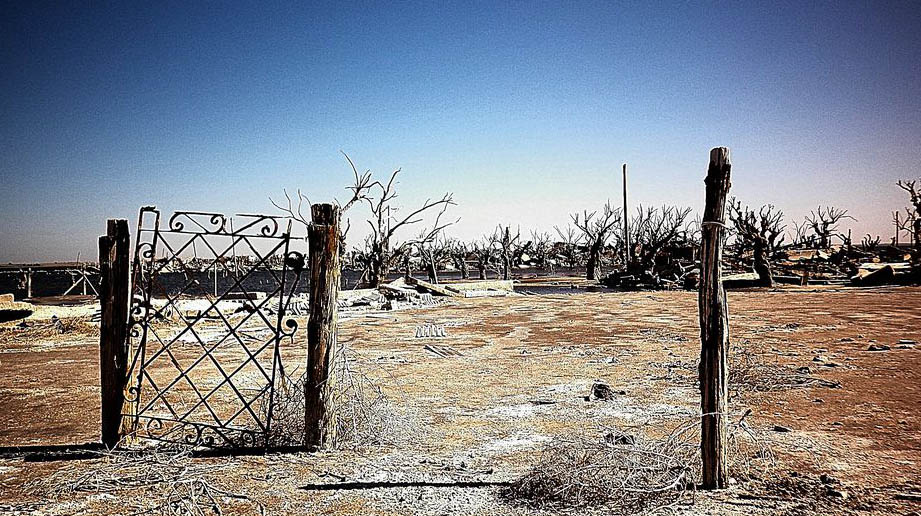
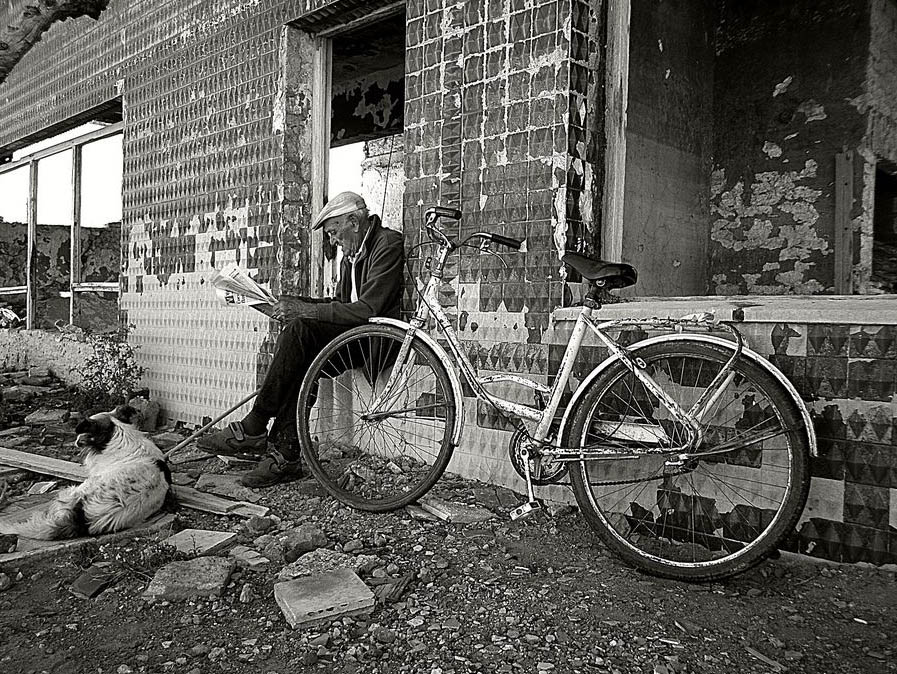
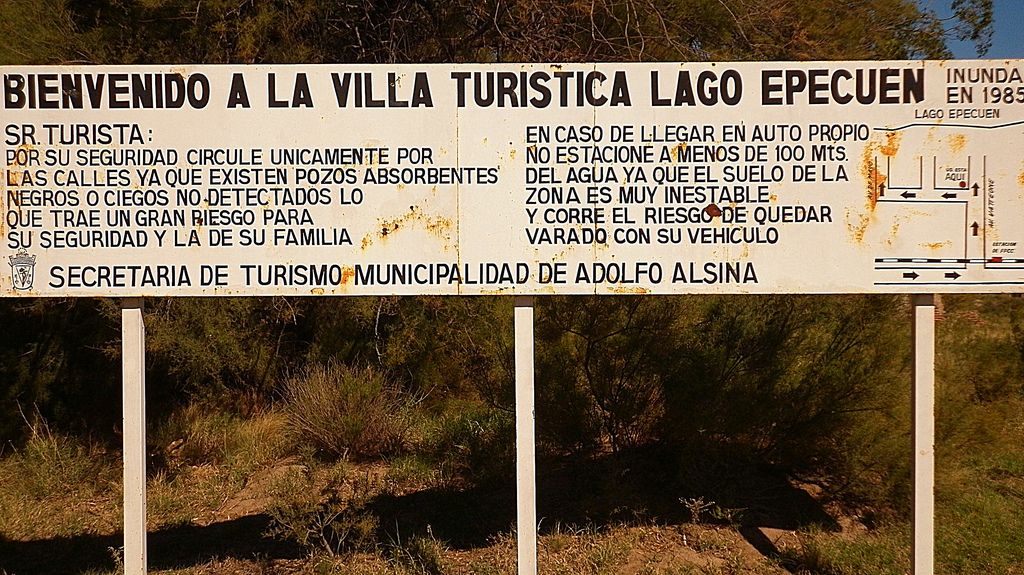
credit: josecarrizo
Tags: argentina, bs aires, Buenos Aires Province, Carhue, El Matadero, Epecuen, flooded, flooded Ruins, lago, Laguna Epecuen, Pablo Novak, Ruins, tourist village, Villa
Relevant Articles
Chichen Itza is a UNESCO World Heritage Site and best restored of Yucatan Maya archaeological sites. It is located on Mexico’s Yucatán Peninsula about 50 miles inland south of the Caribbean coastline, and about 125 kilometres west of Cancun and Cozumel. It represents the remains of one of the largest and most powerful city states of the pre-Columbian Americas. The site is open Monday to Friday, 8am to 5pm. For entrance you have to pay 125 pesos of tax for Adult and 57 pesos for ticket.
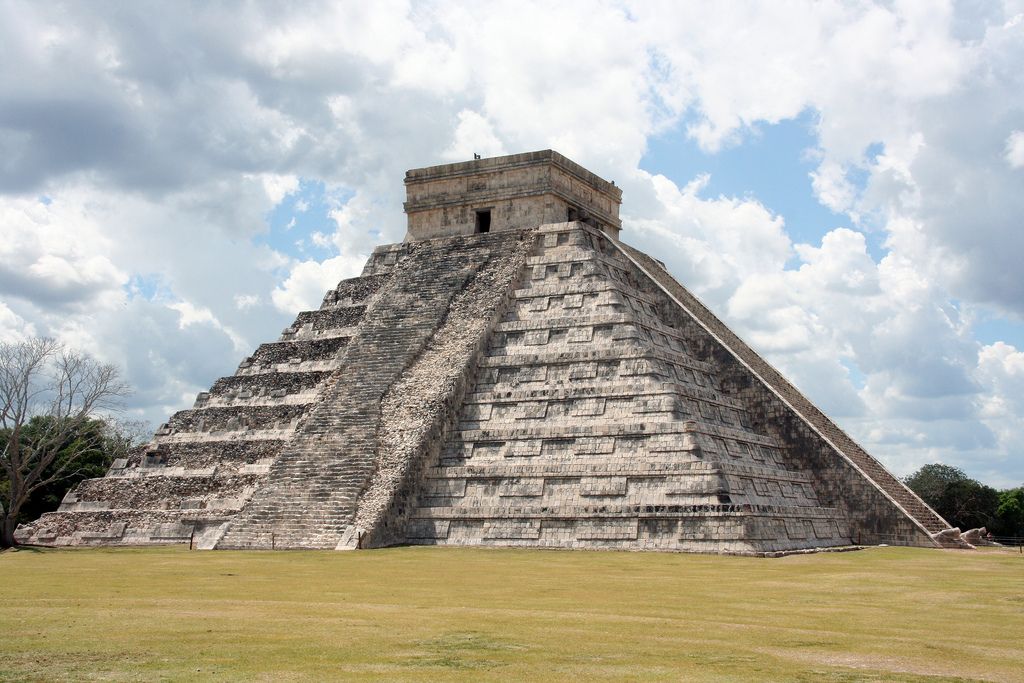
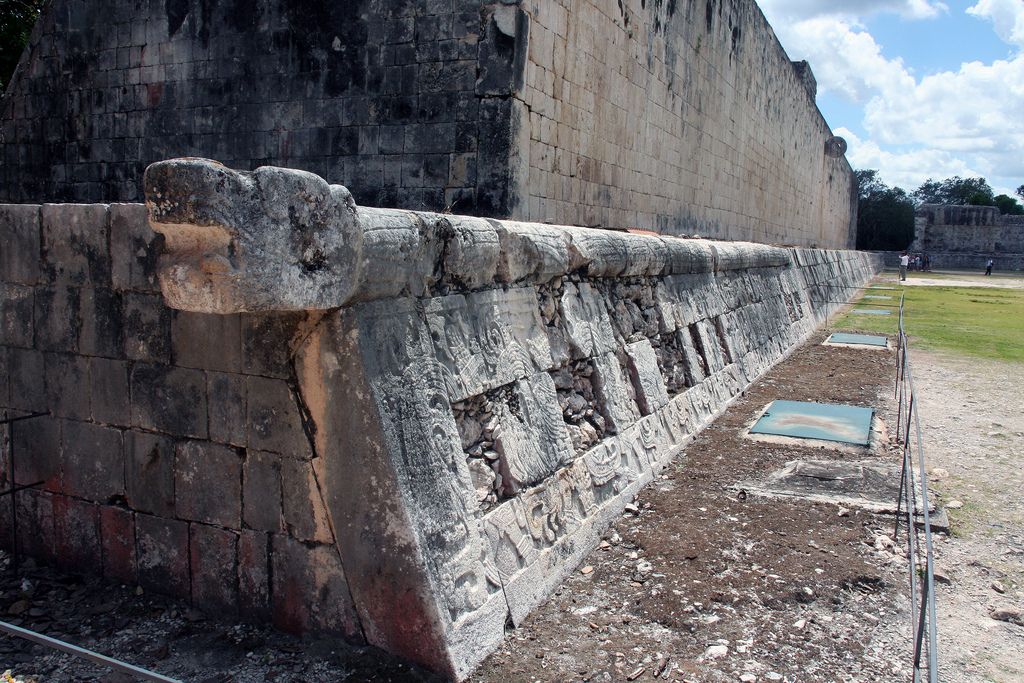
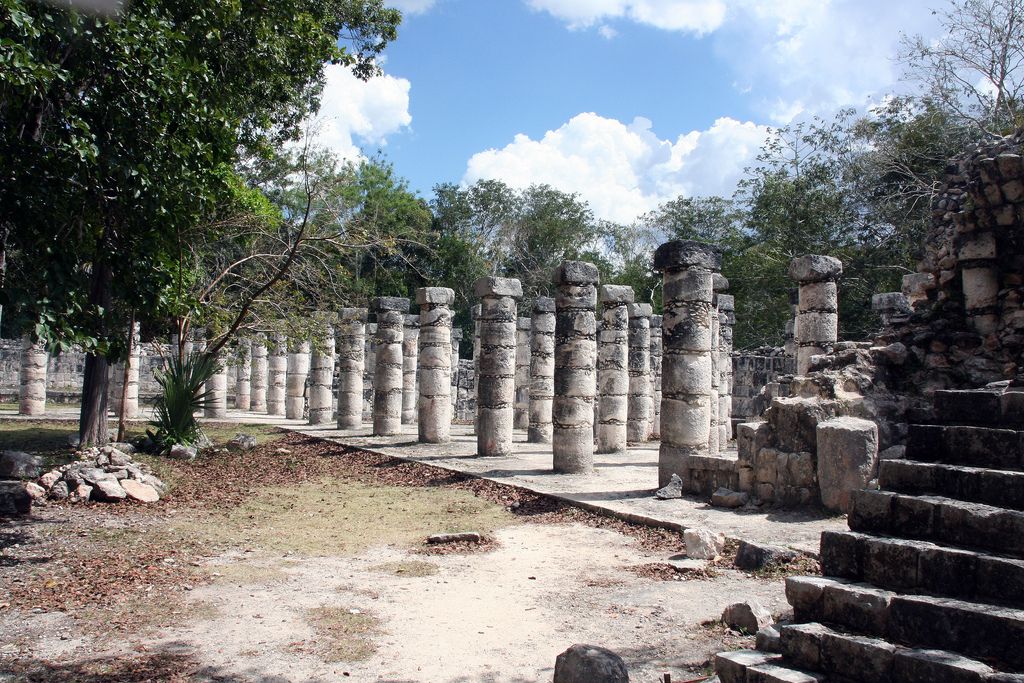
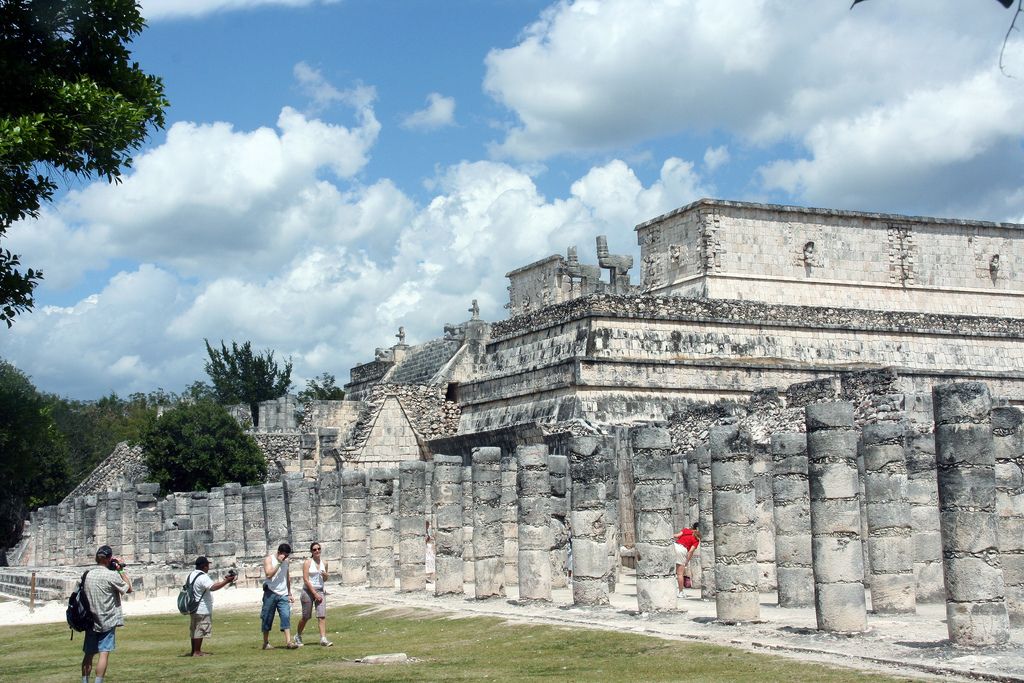
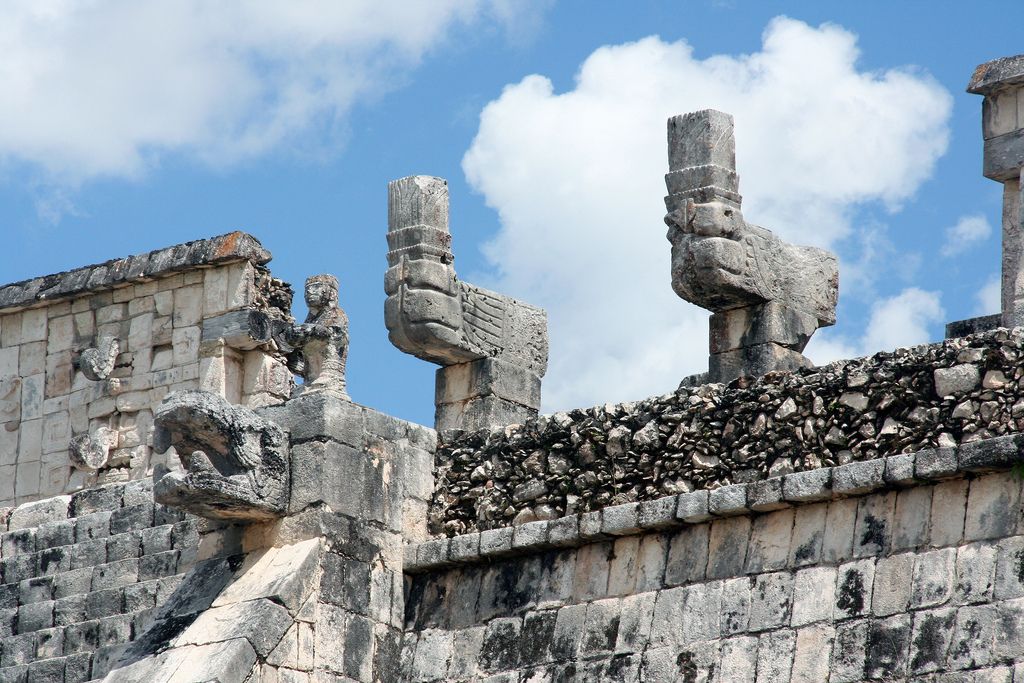
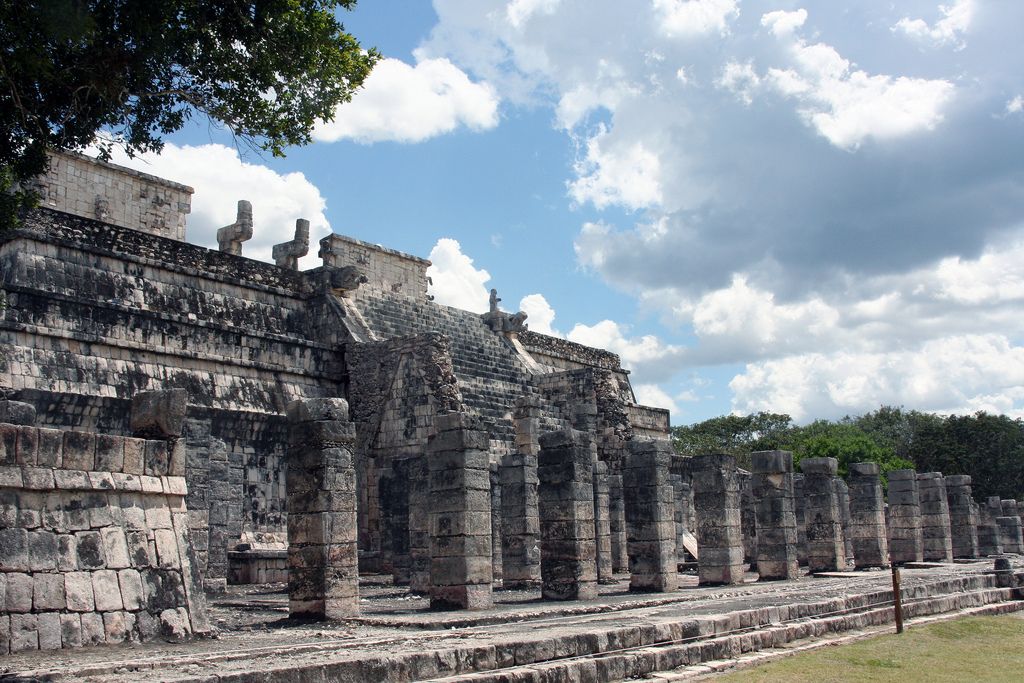
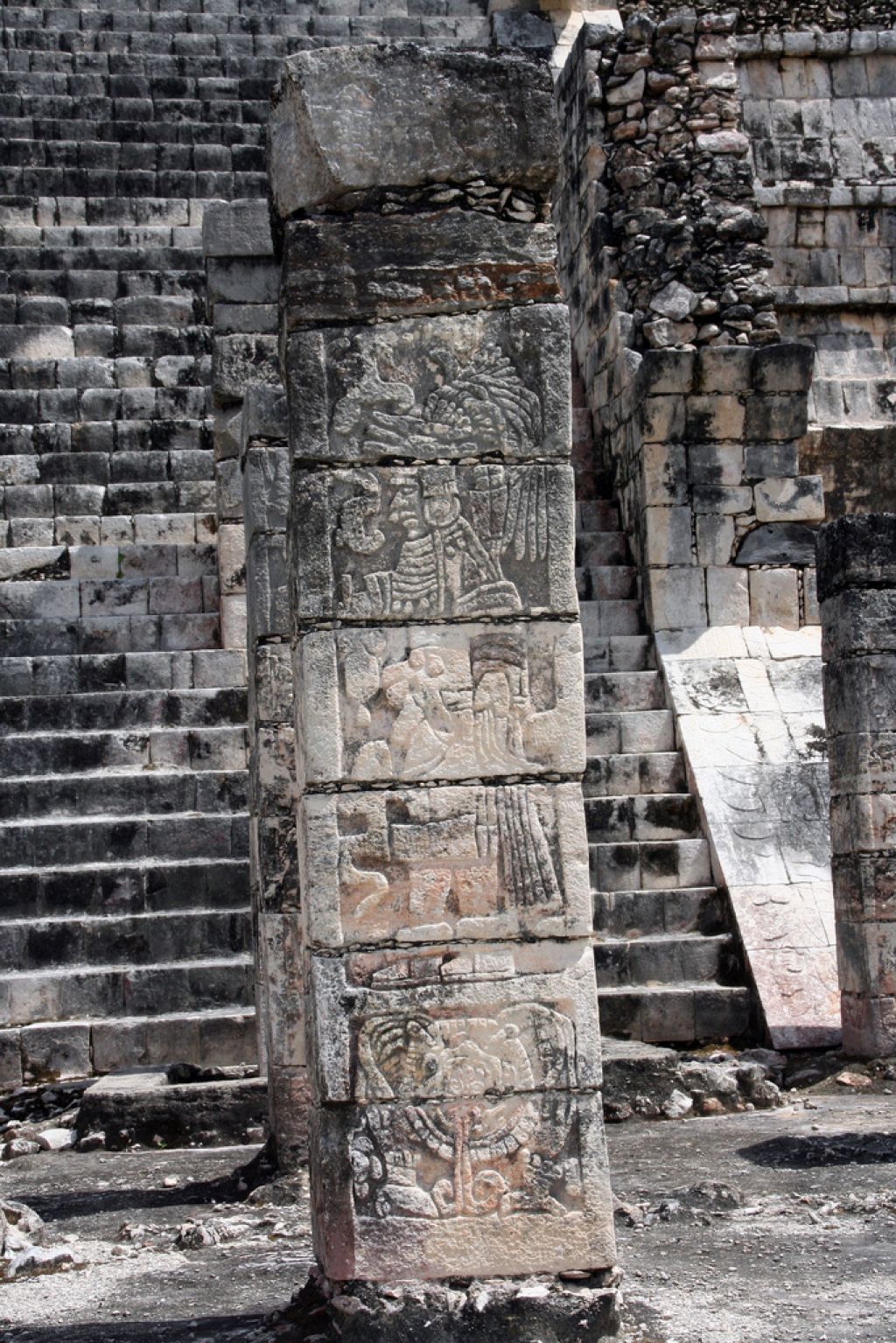
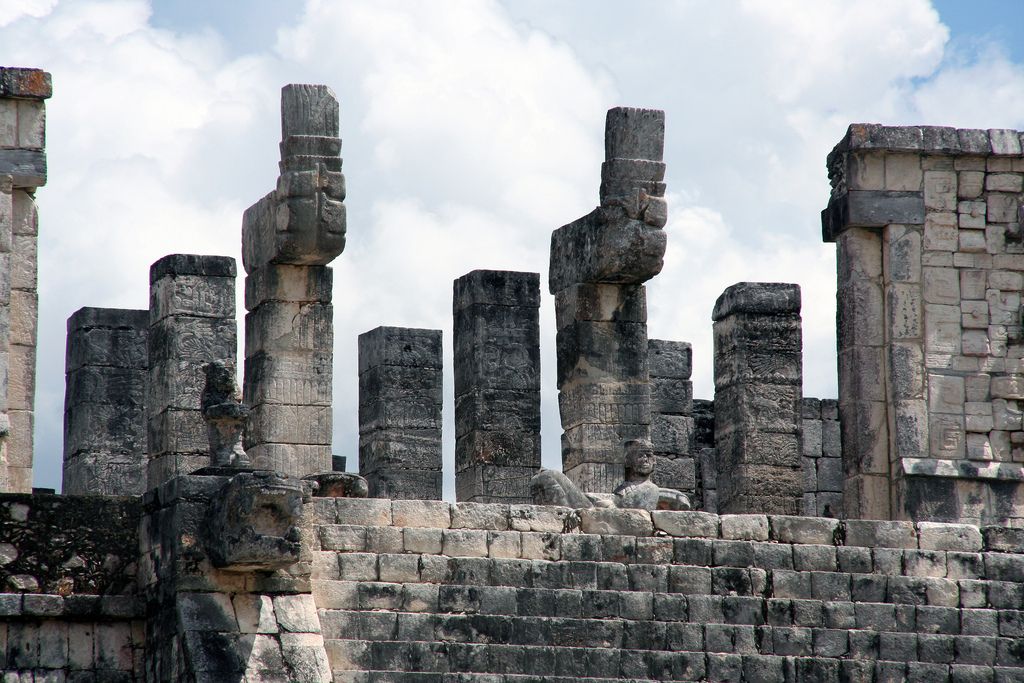
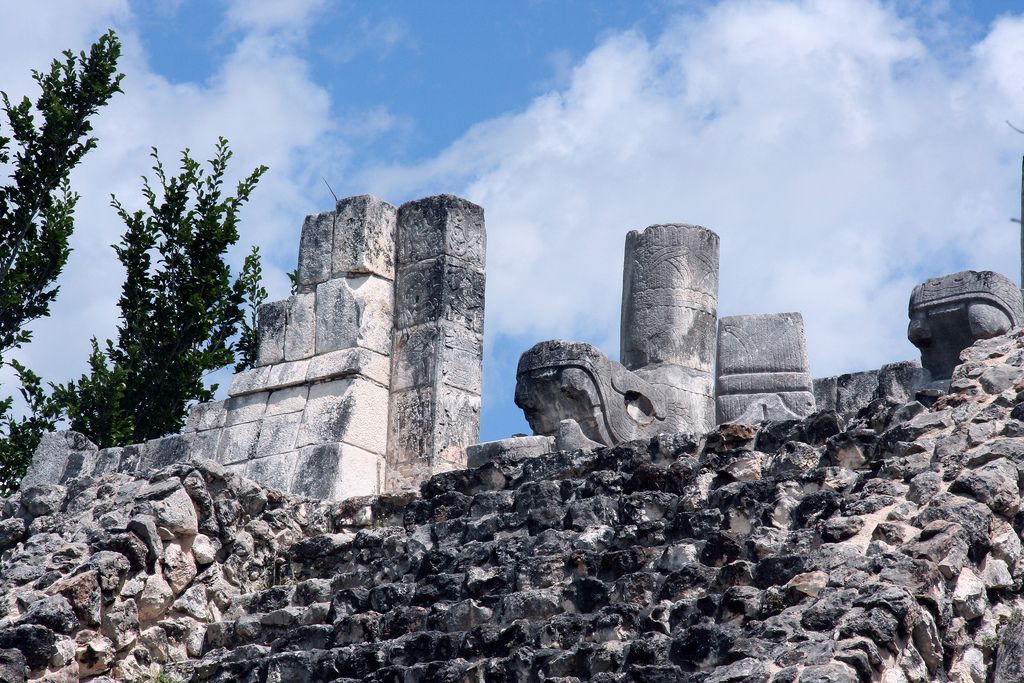
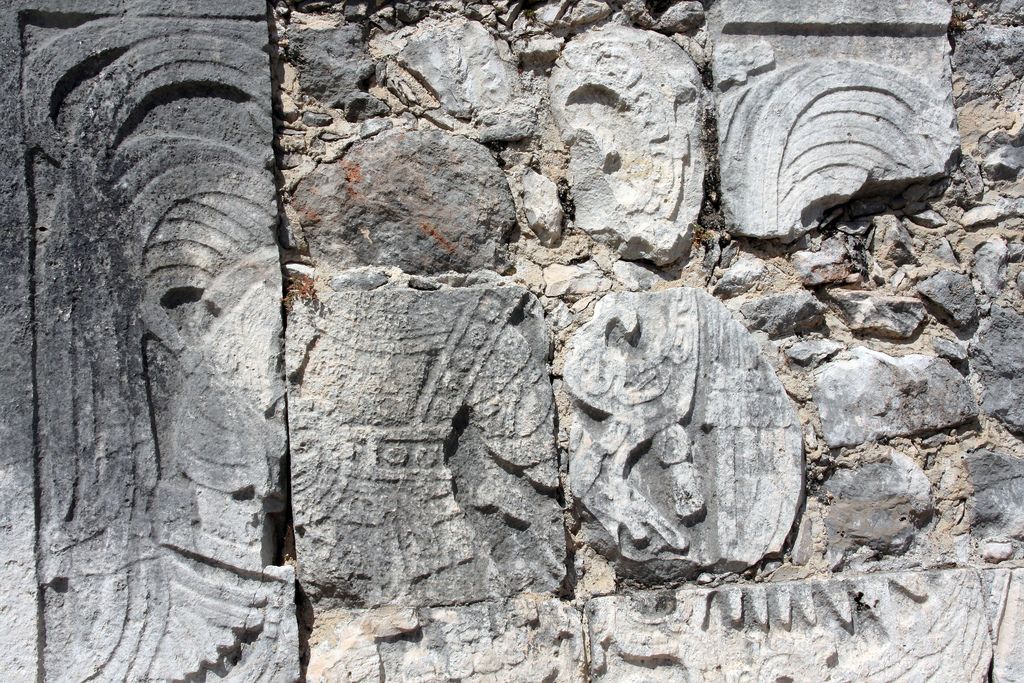
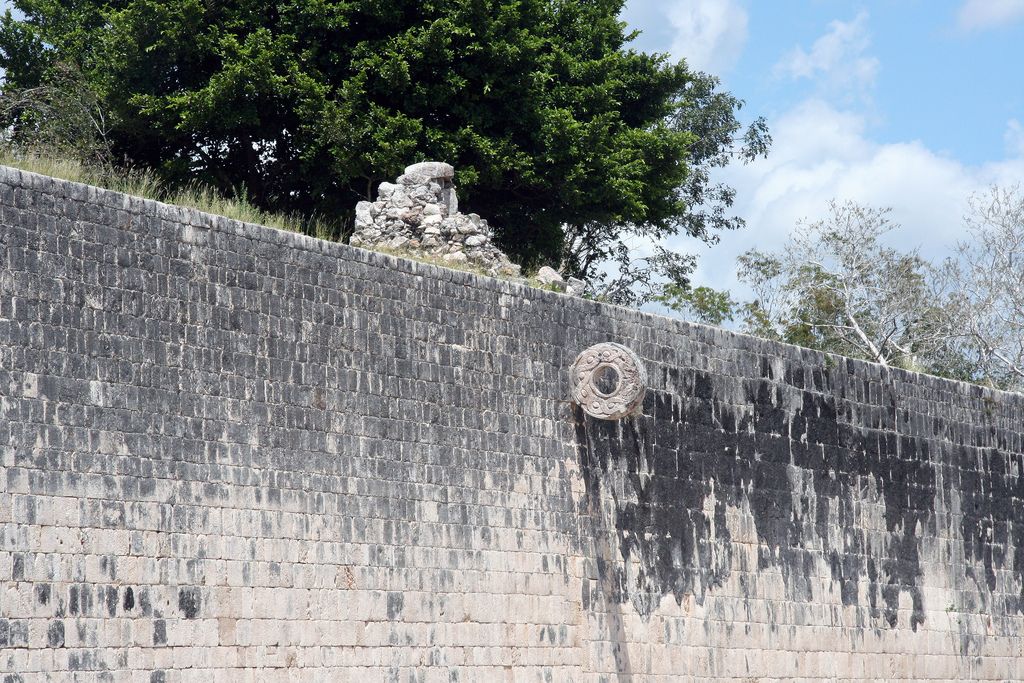
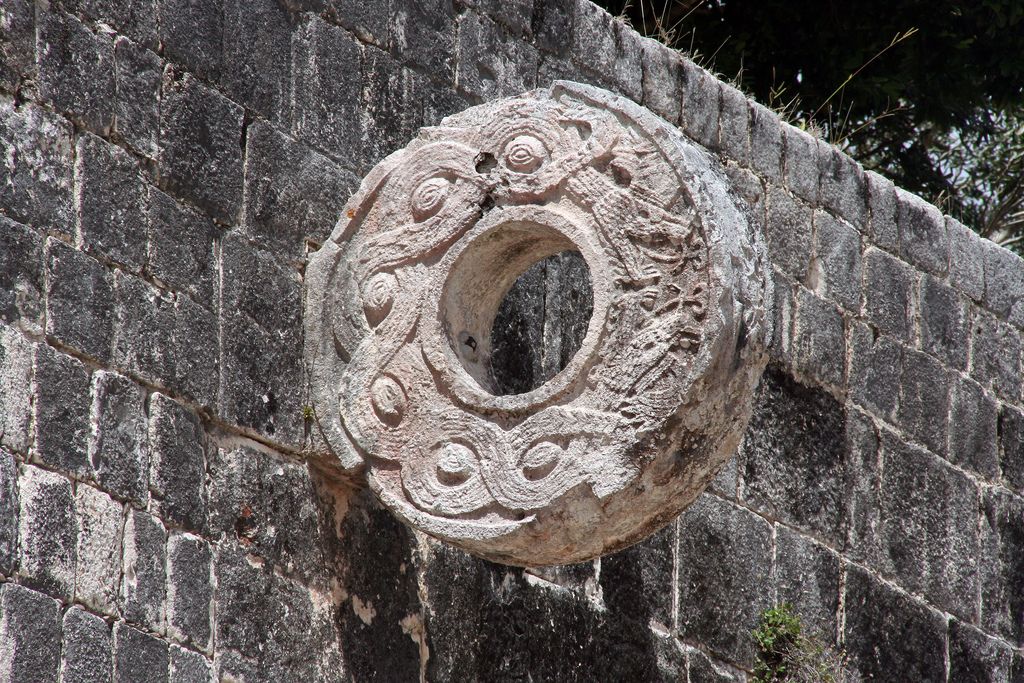
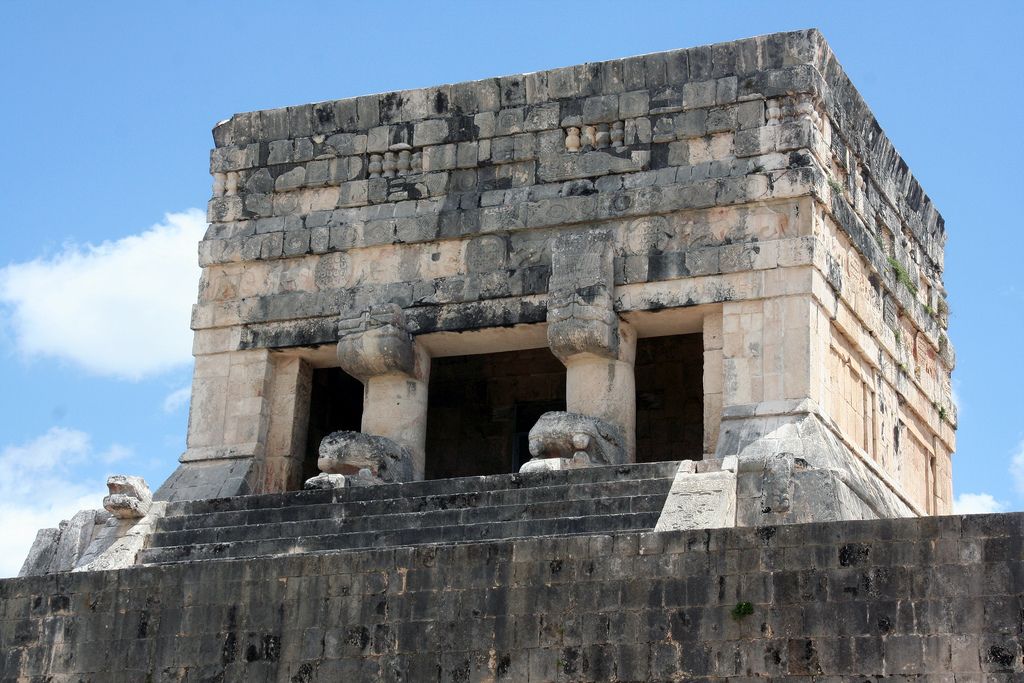
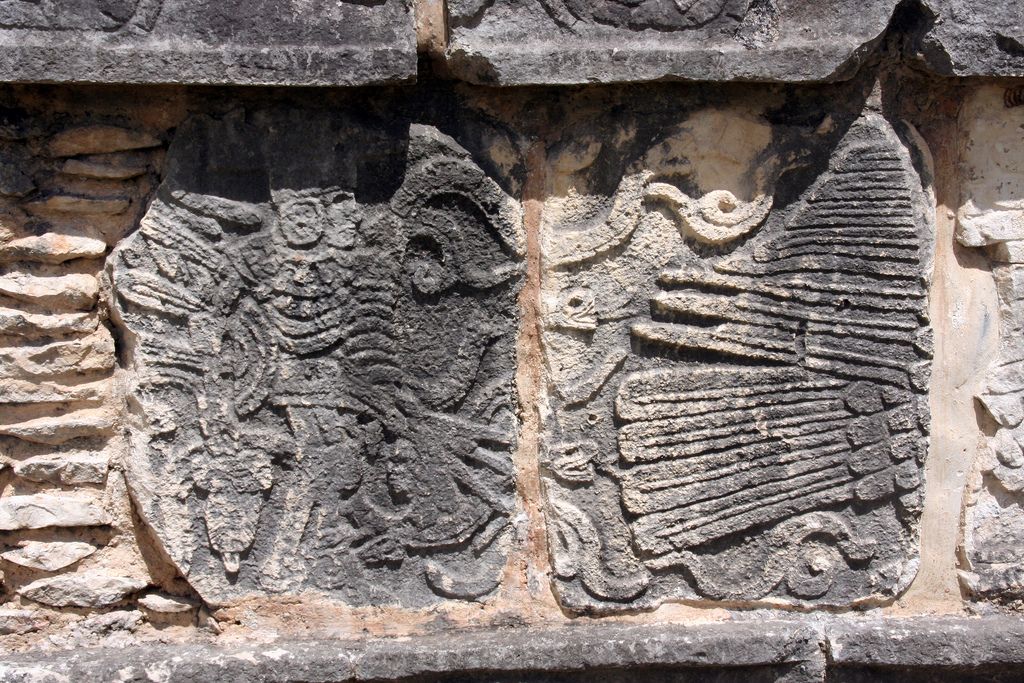
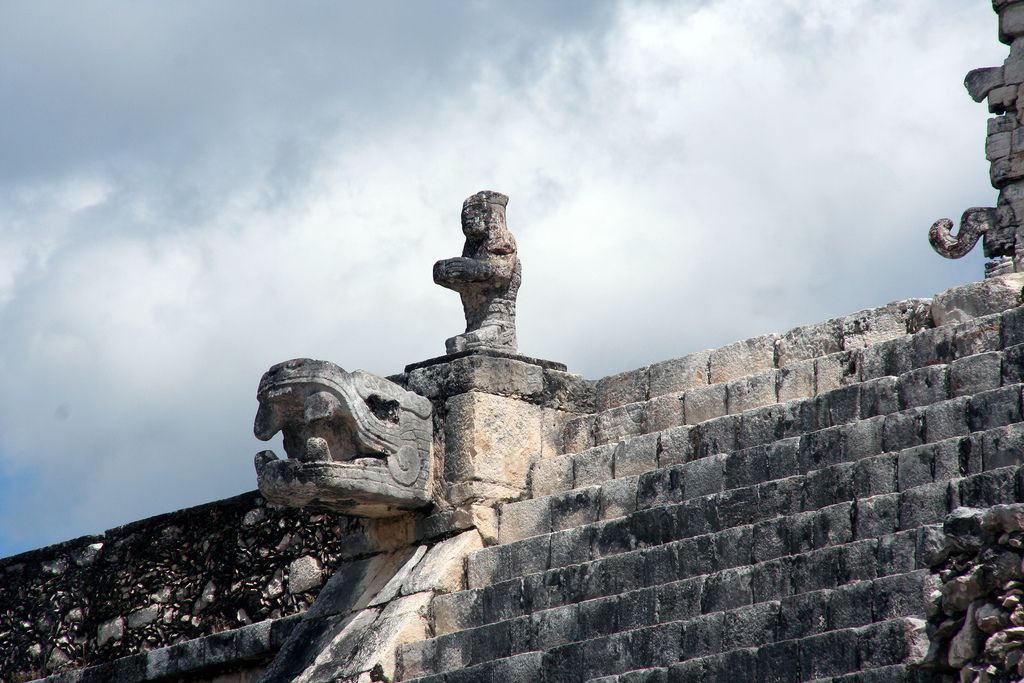
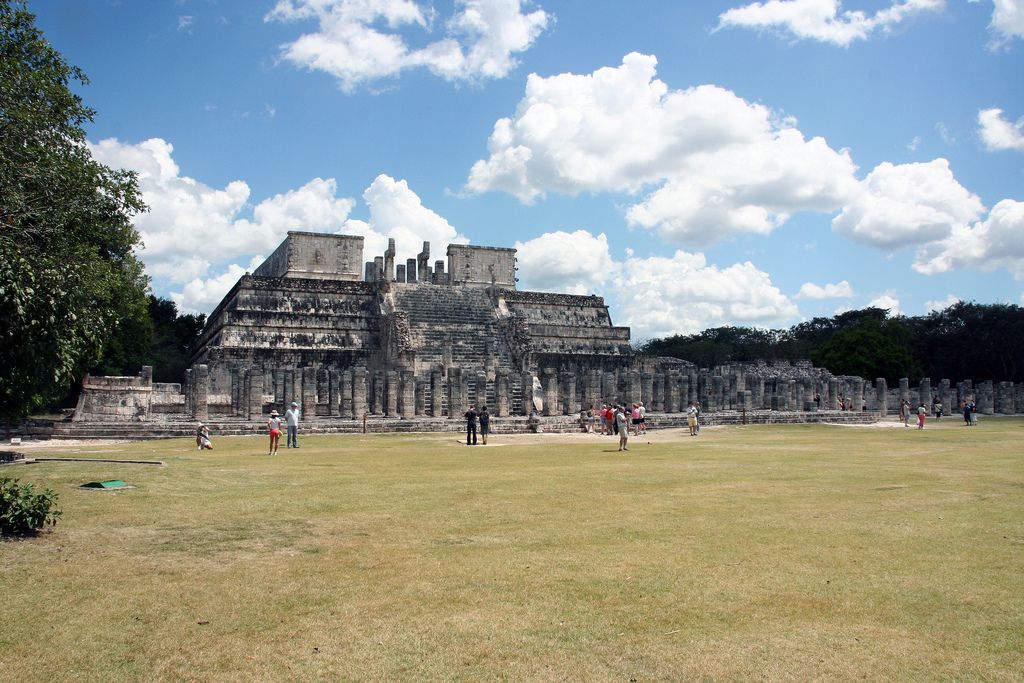
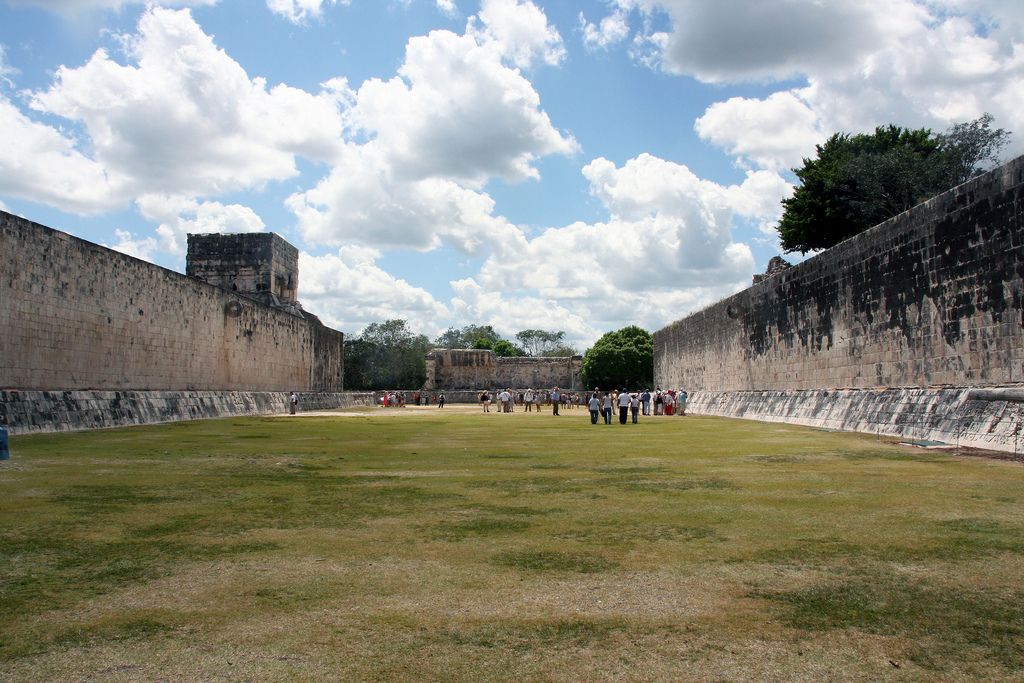
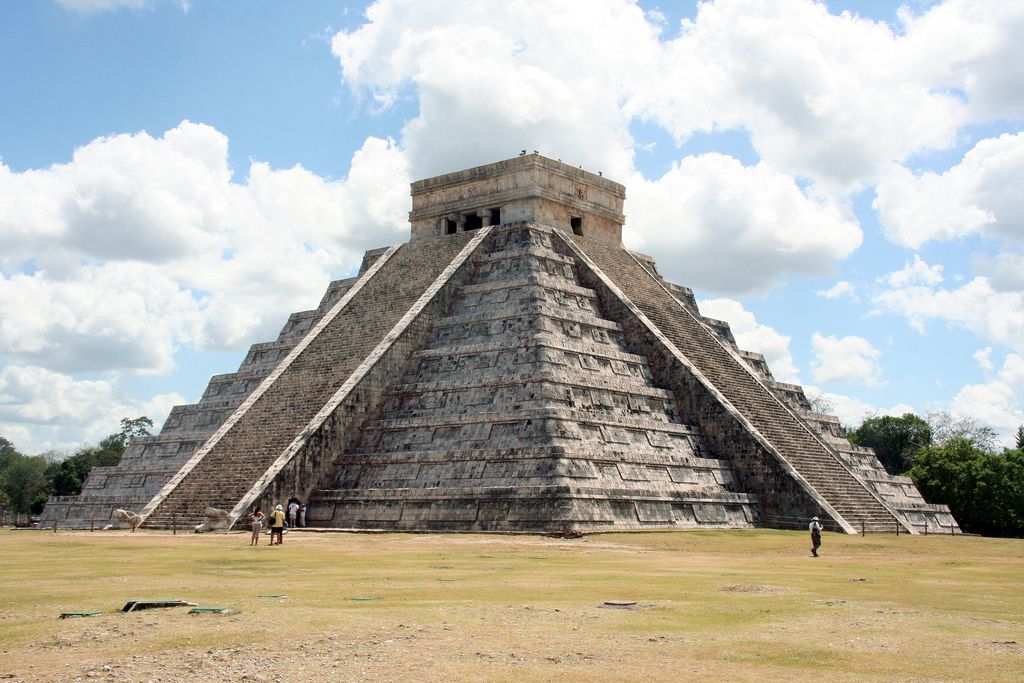
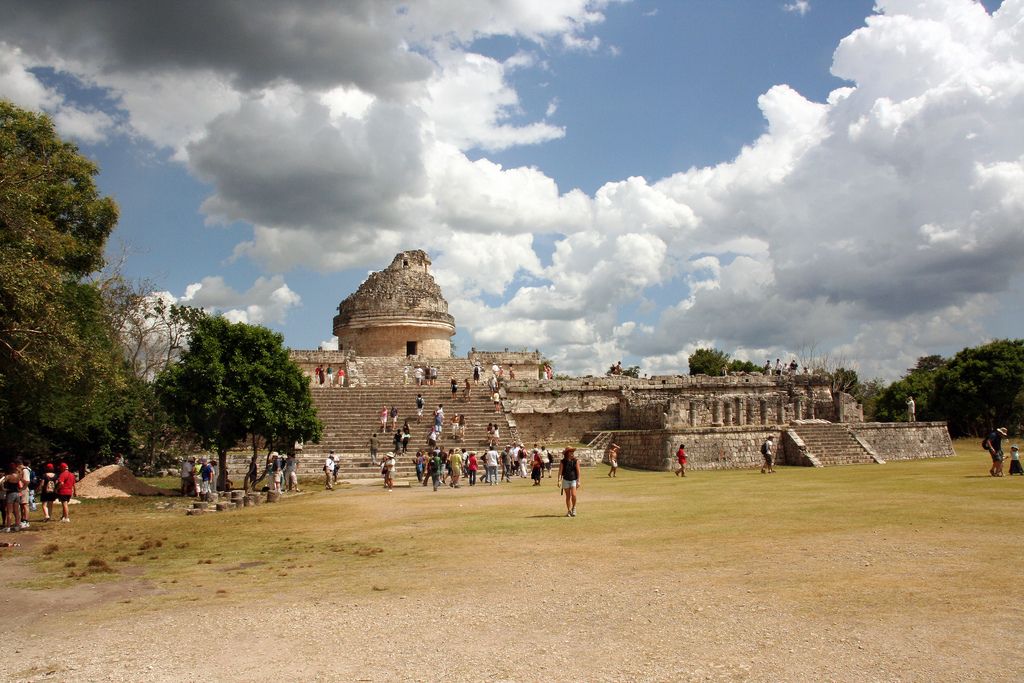
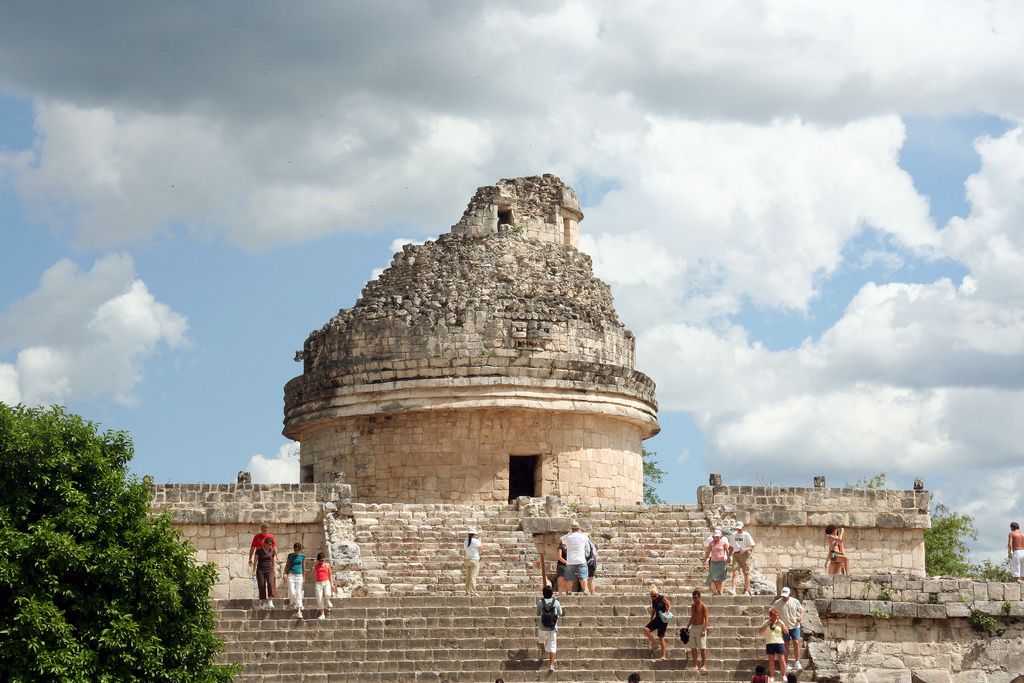
credit: Redeo
Tags: cancun chichen itza, Chichen, chichen itza, columbian city, Itza, maya civilization, maya history, Maya lowlands, maya pyramid, maya ruins, Mayan, mayan chichen itza, Mexico, Mysterious, Ruins, temple of warriors, tinum, yucatan, yucatec Maya
Relevant Articles
Stowe Park includes more than 40 monuments, temples and secret corners. One of them is Temple of Concord and Victory. Originally known as the Grecian Temple, begun in 1747, the Temple of Concord and Victory was renamed at the end of the Seven Years’ War (1756-1763) to celebrate British peace at home and victory in the field. The temple is one of the grandest in any garden in the country, it was begun for Lord Cobham. This temple is built on a podium with raised steps. It is licensed for civil ceremonies with beautiful views out over the Grecian Valley. This site can accommodate a marquee for up to 150 guests.
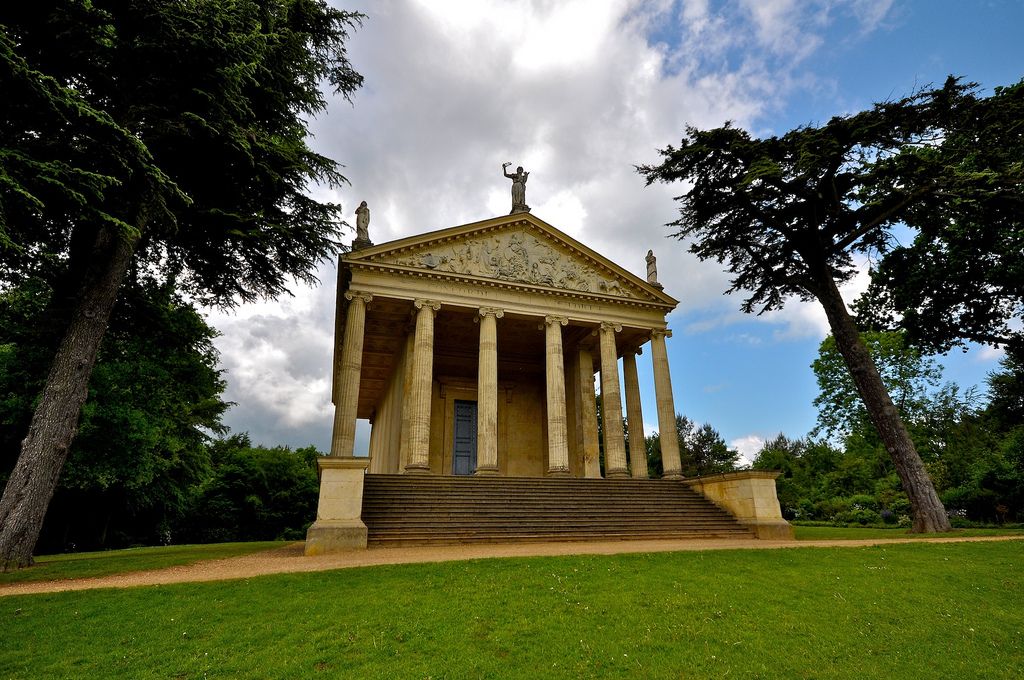
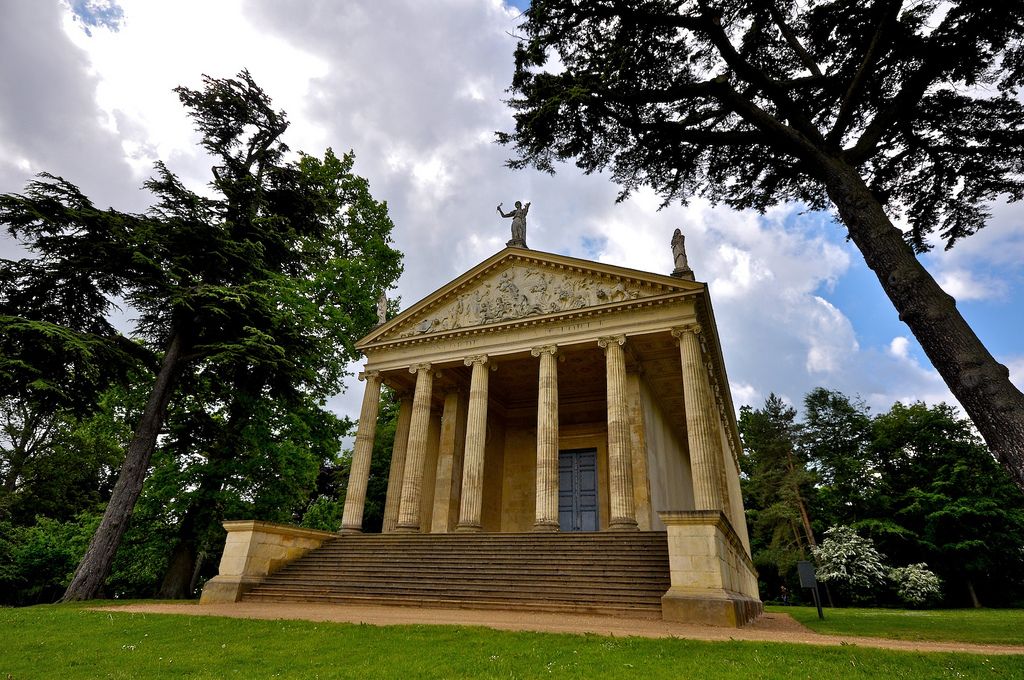
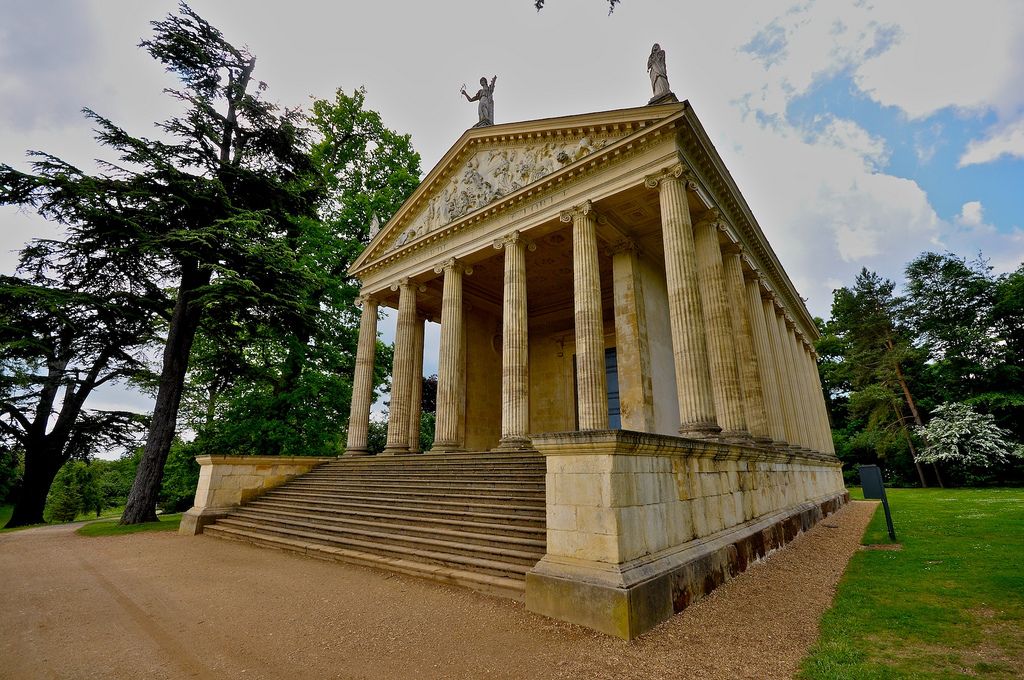
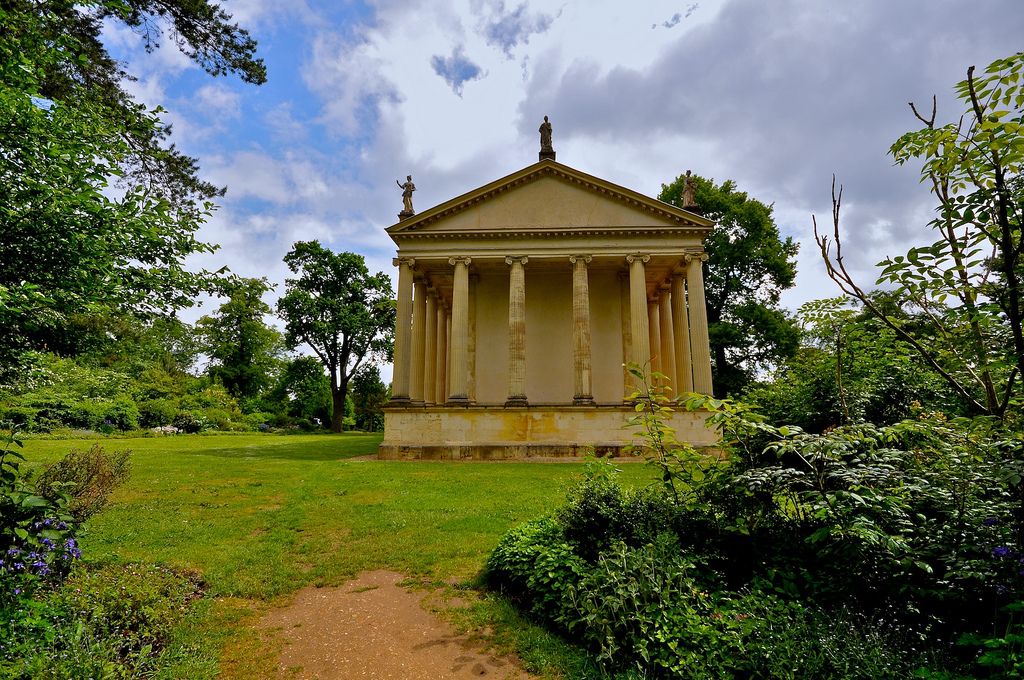
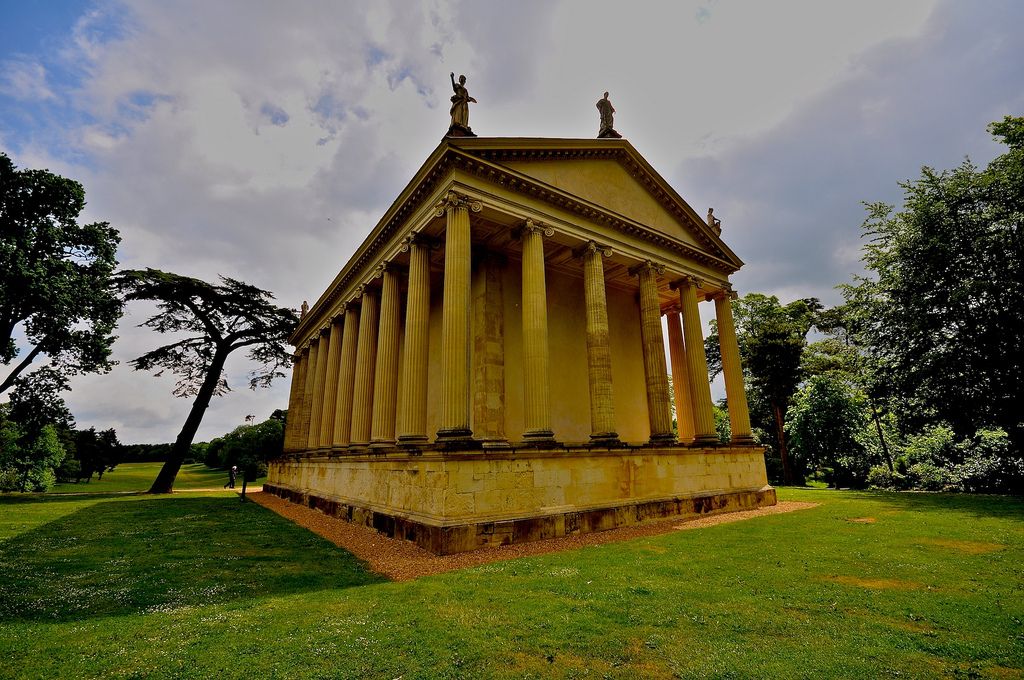
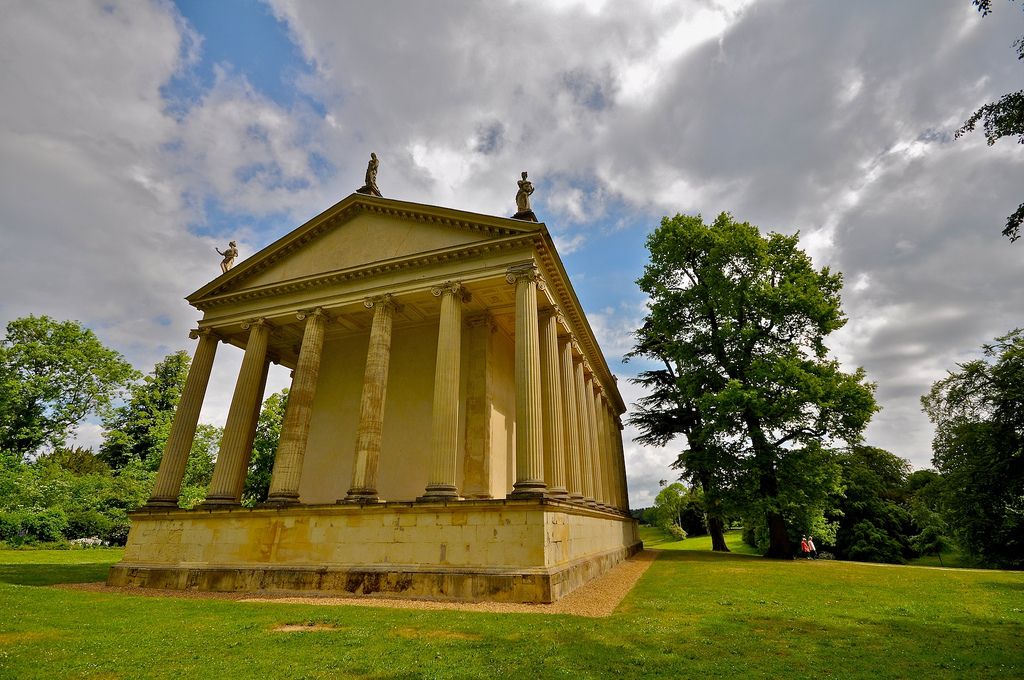
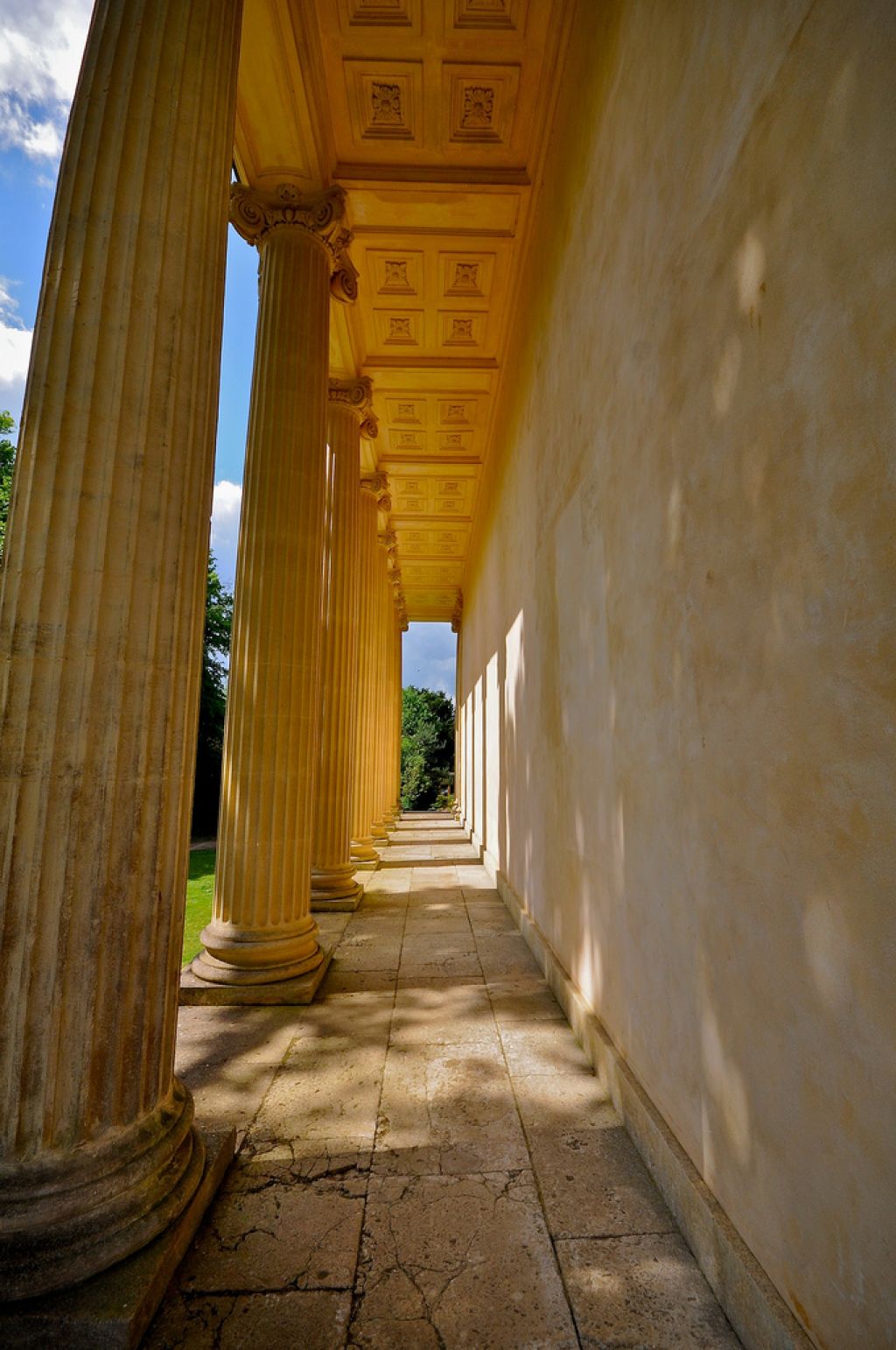
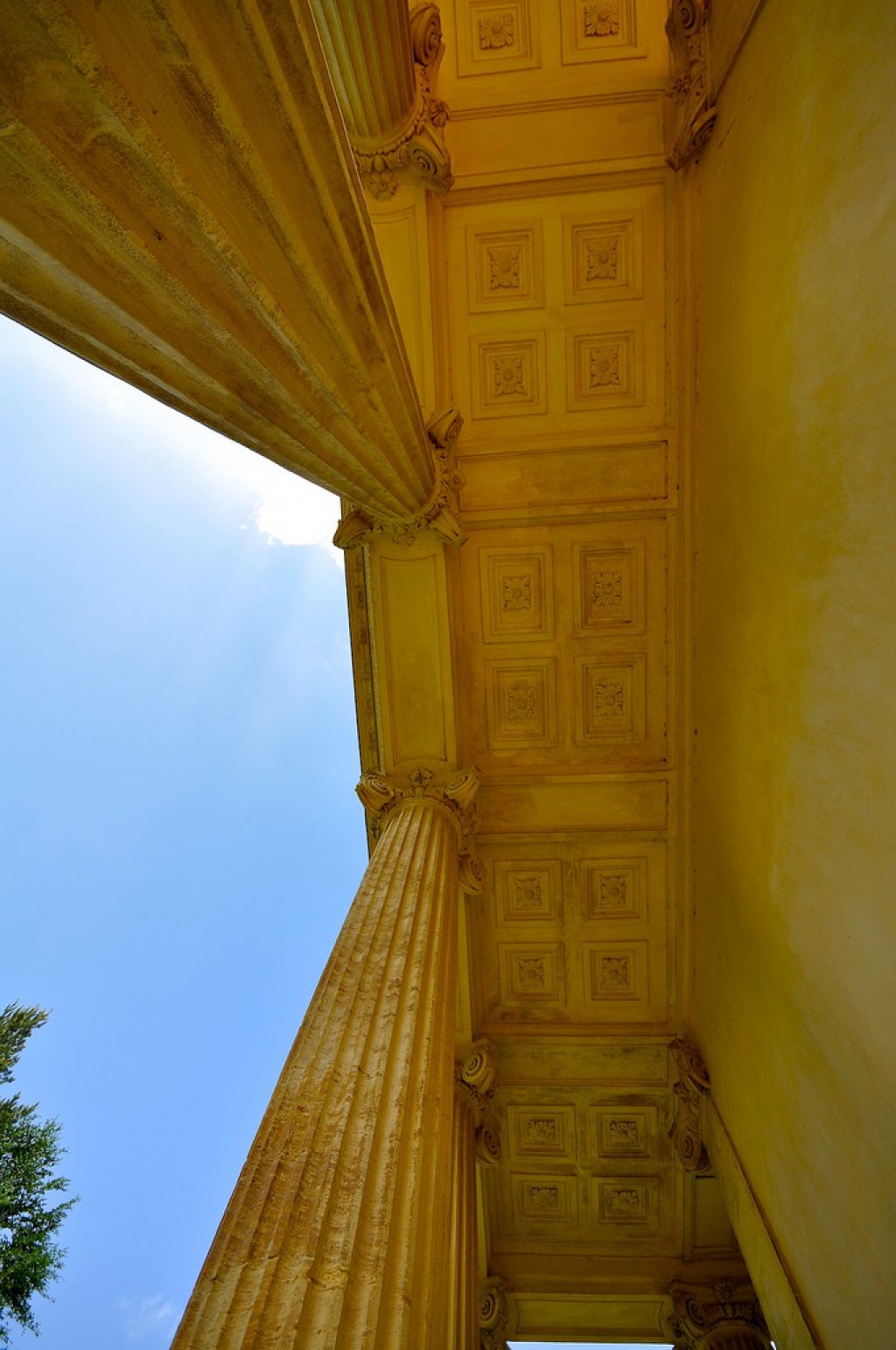
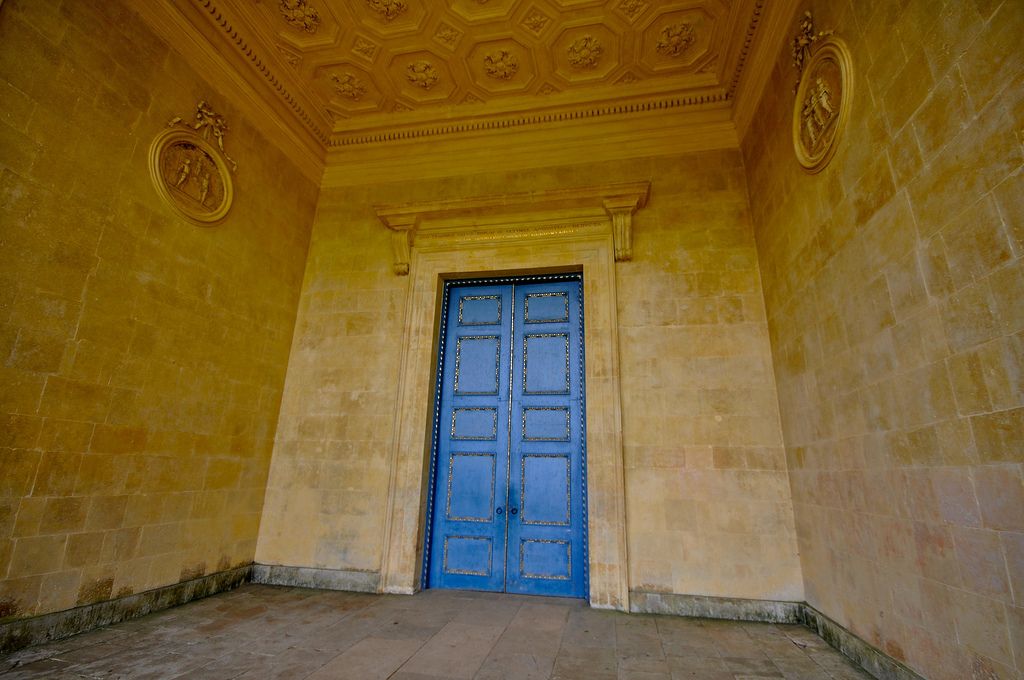
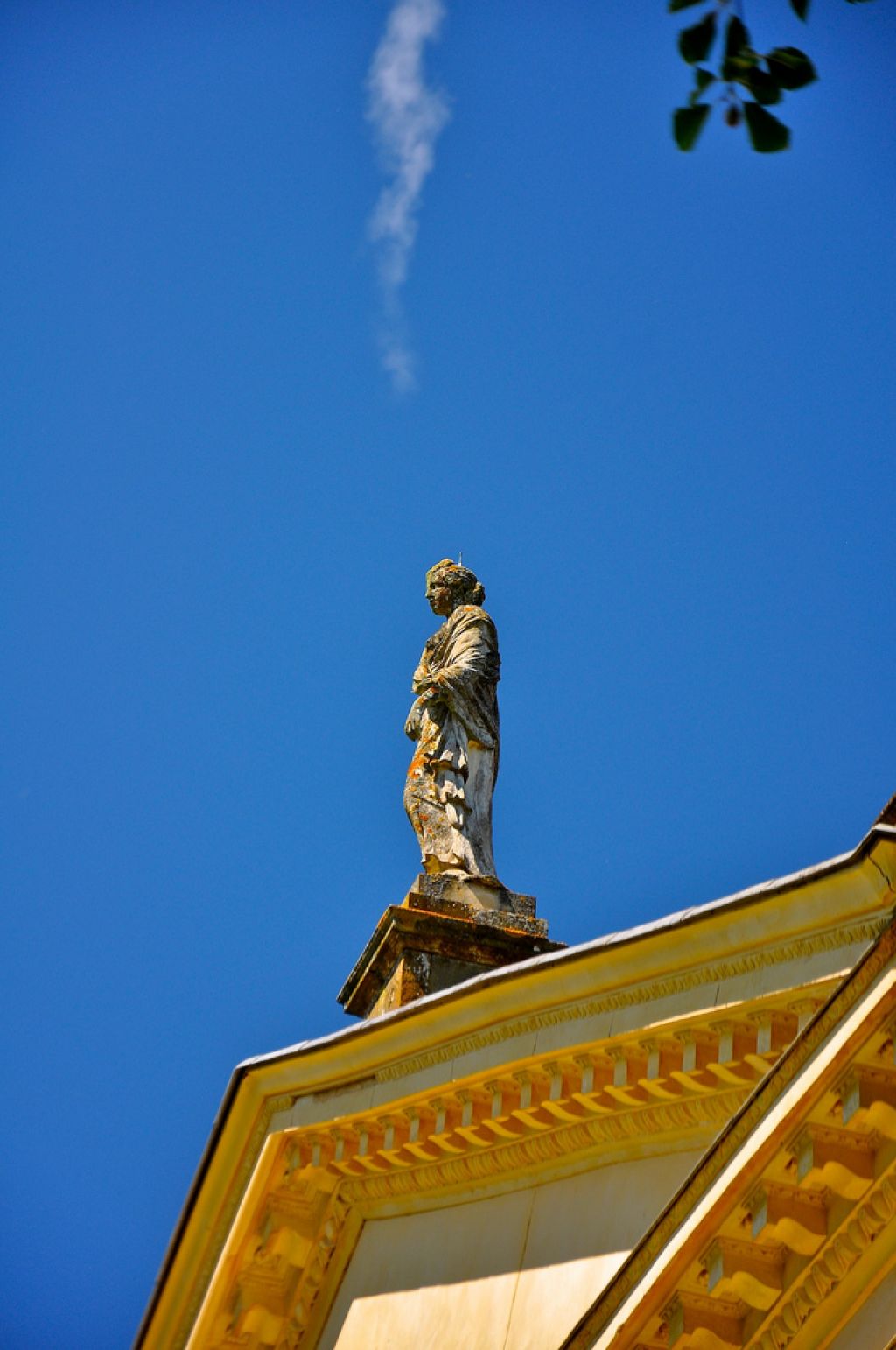
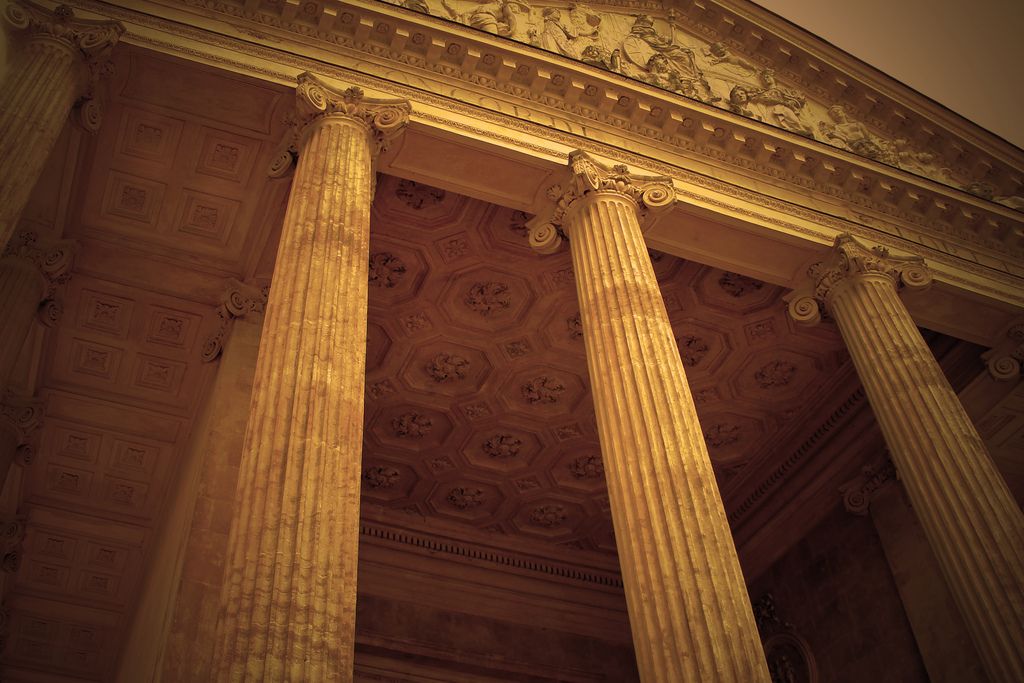
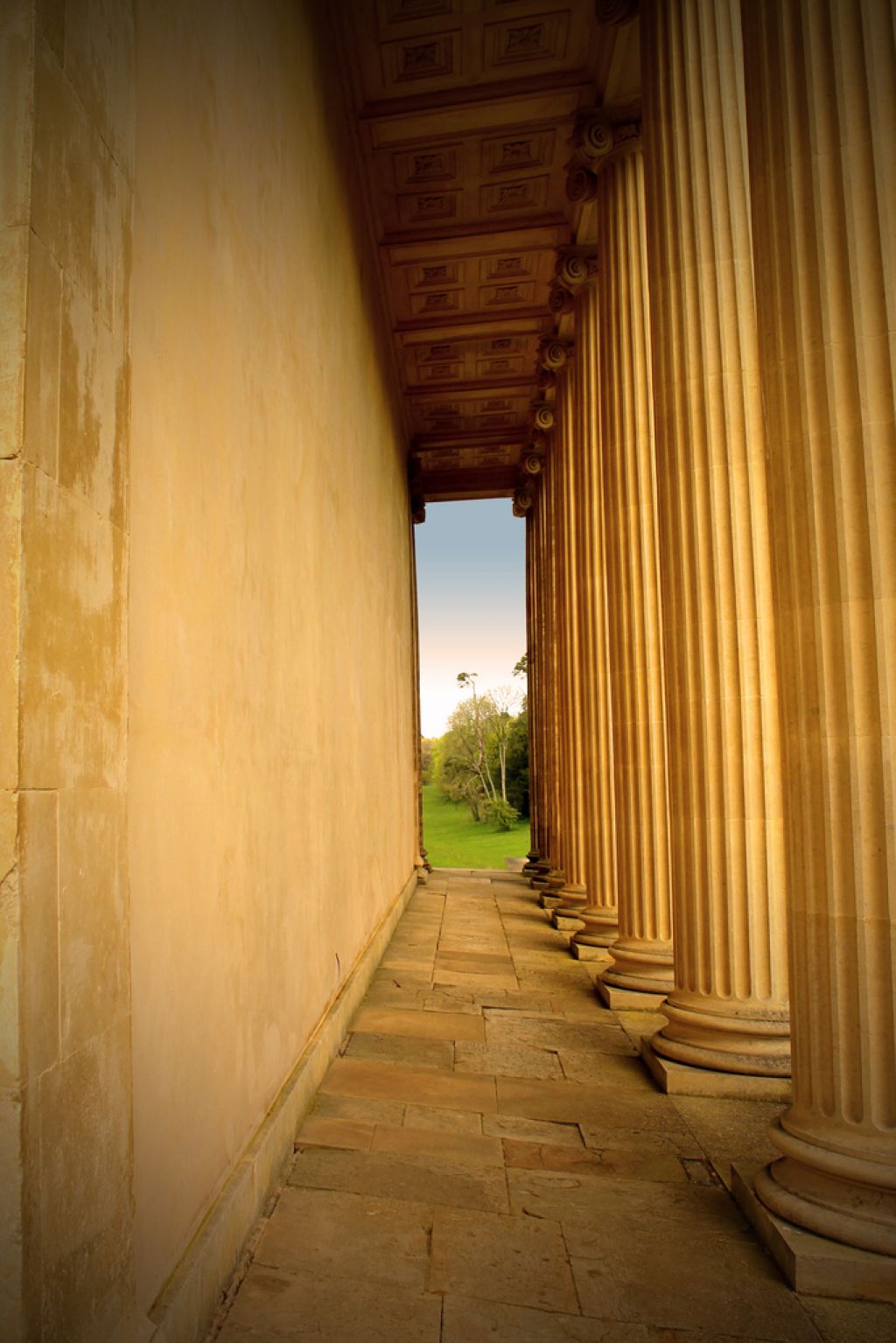
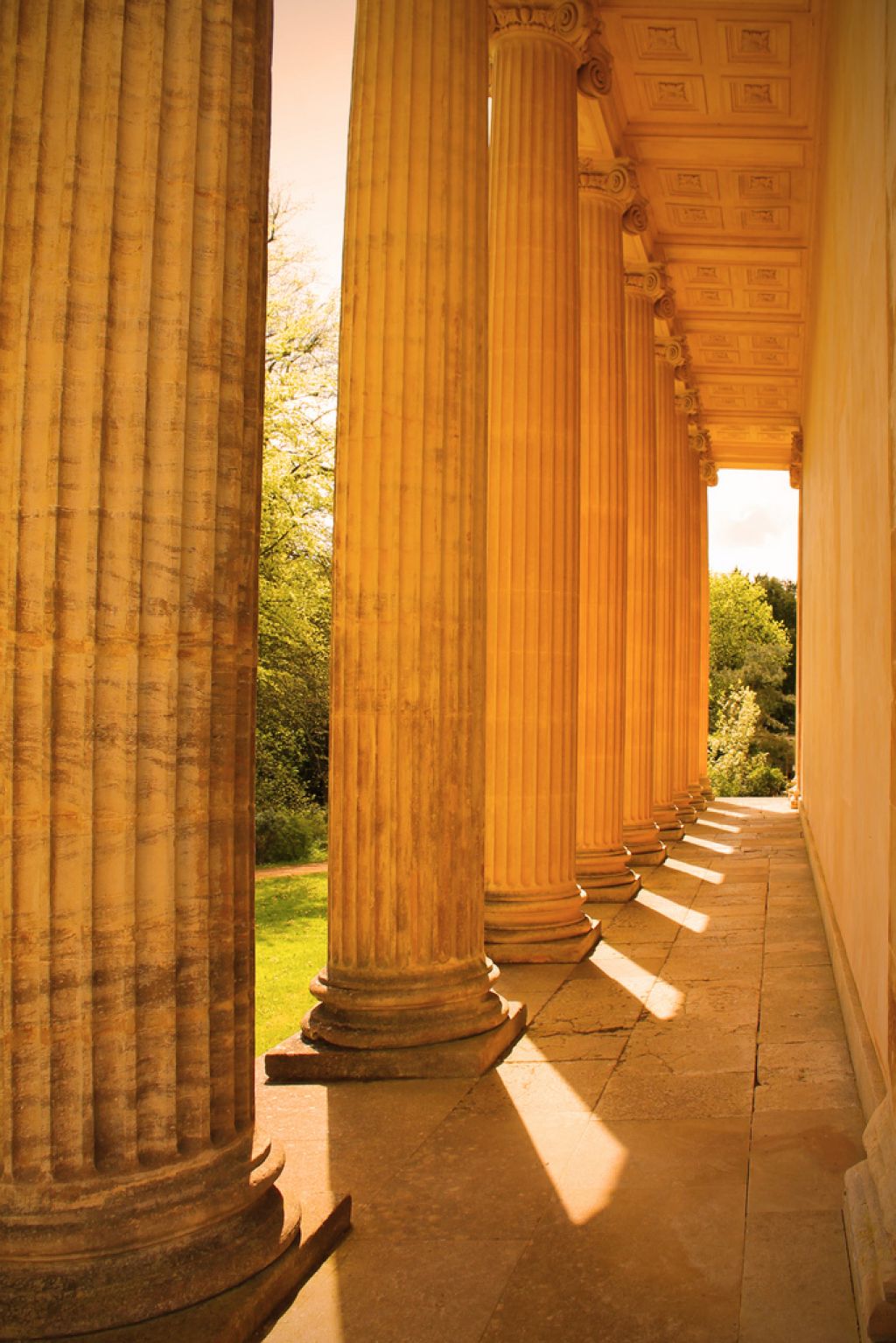
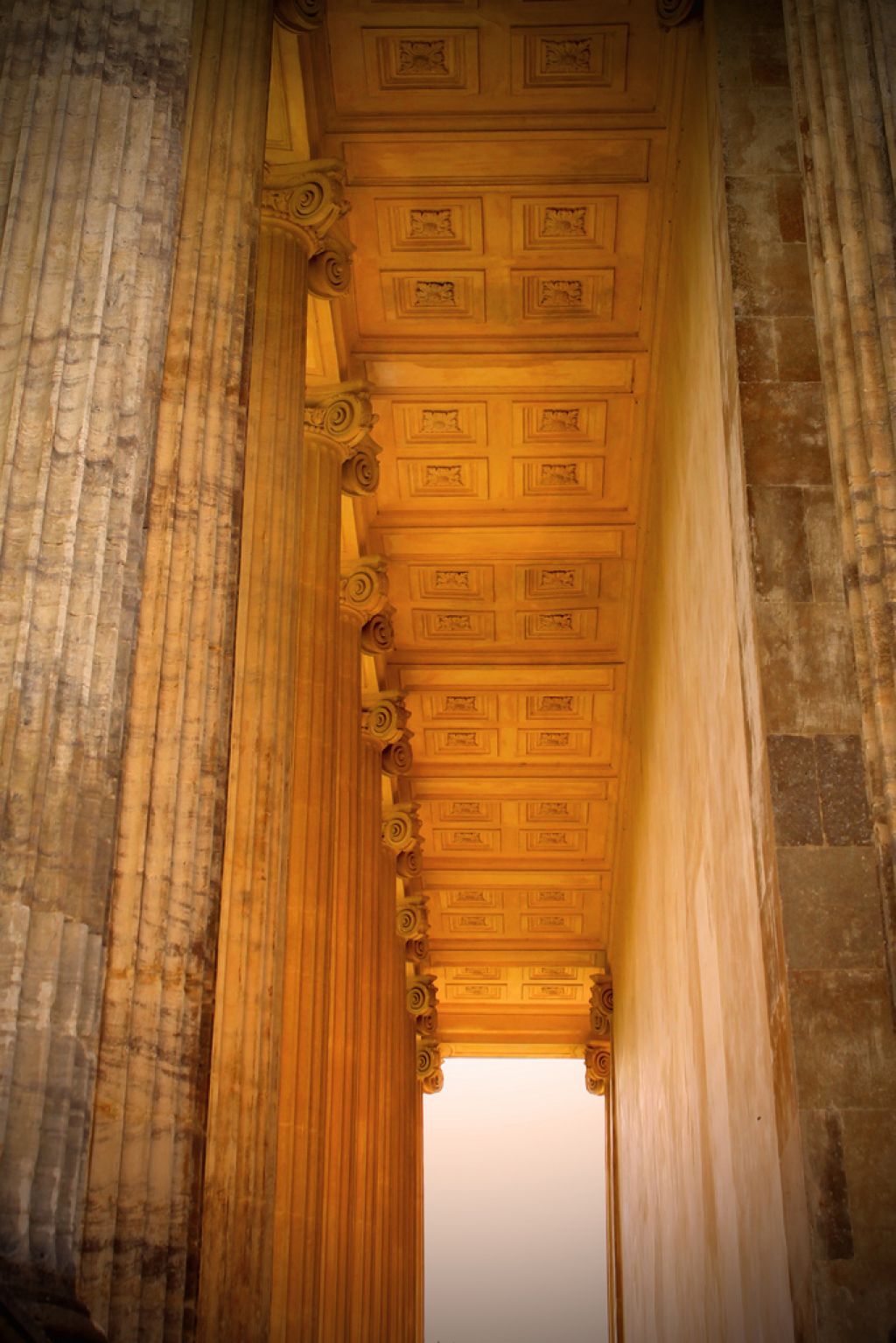
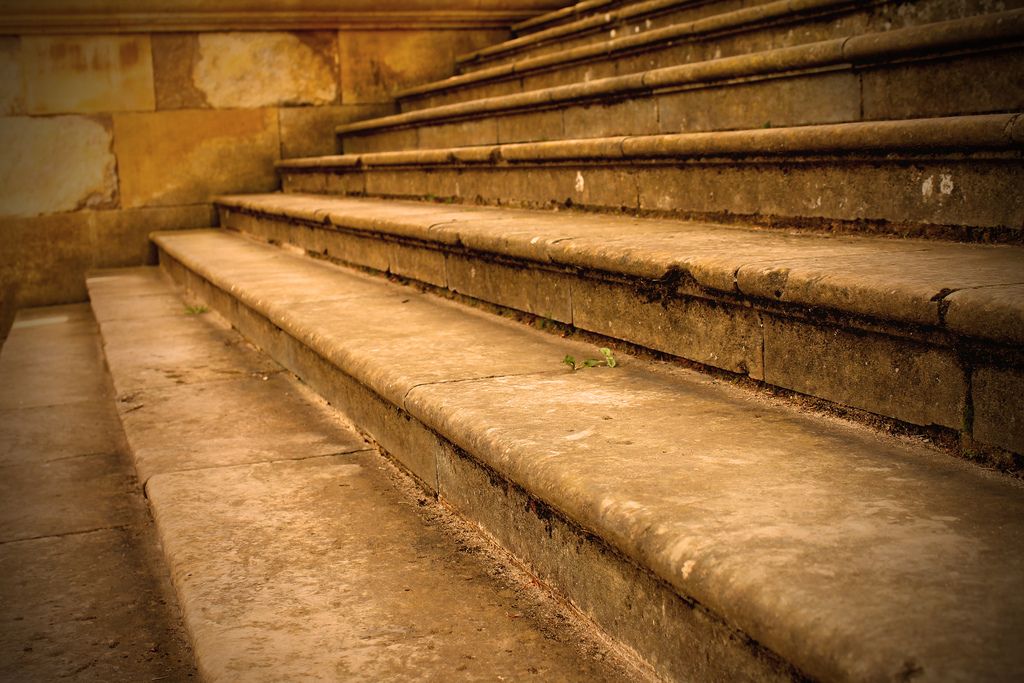
credit: Martin Pettitt and DaisySnaps
Tags: Aylesbury Vale District Council, Buckingham, Buckinghamshire, Charles Bridgeman, Concord, England, gardens stowe, Grecian Valley, Lancelot Brown, landscape gardening, Landscape Gardens, National Trust, National Trust Property, park, pillars, Ruins, Stowe, Stowe Park Buckinghamshire, Temple, Temple Concord Victory, The Temple of Concord and Victory, Victory
Relevant Articles
Once the largest and most important church in Scotland, St Andrew’s Cathedral (1160-1318) now lies in picturesque ruins overlooking the North Sea in St Andrews. In addition to the Norman and Gothic ruins of the medieval cathedral, it includes St Rule’s Tower and a museum with an important Pictish sarcophagus. It was the seat of the Bishops of St Andrews from its foundation in 1158 until it fell into disuse after the Reformation. The ruins indicate the great size of the building at 350 feet (over 100 metres) long.
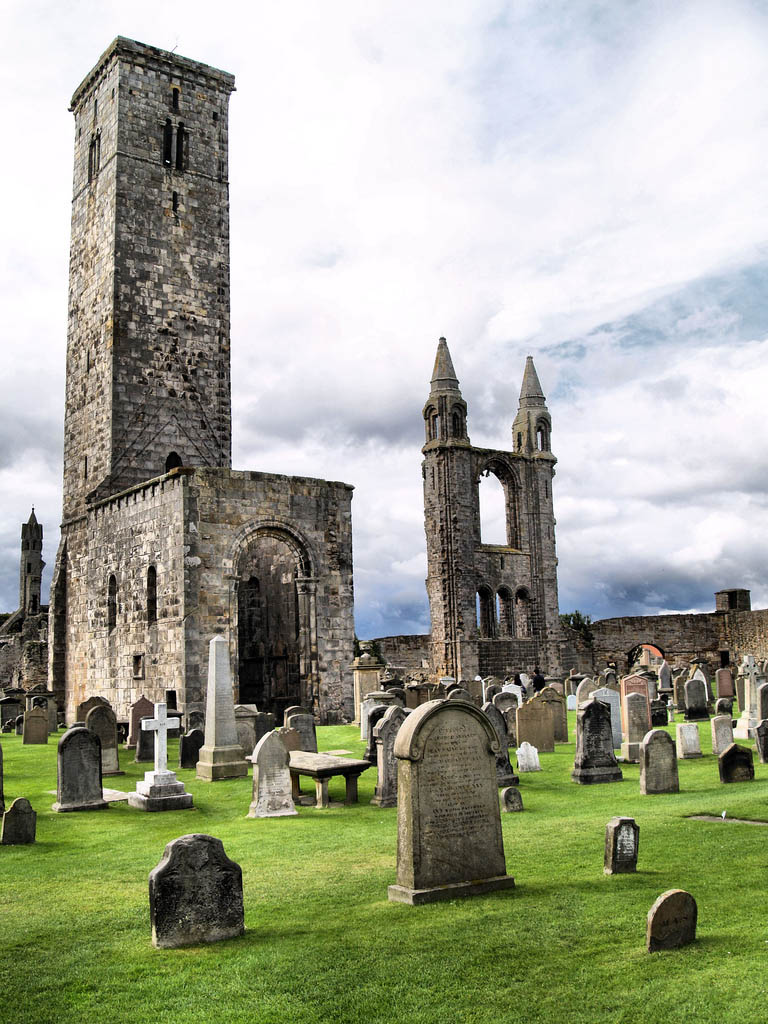
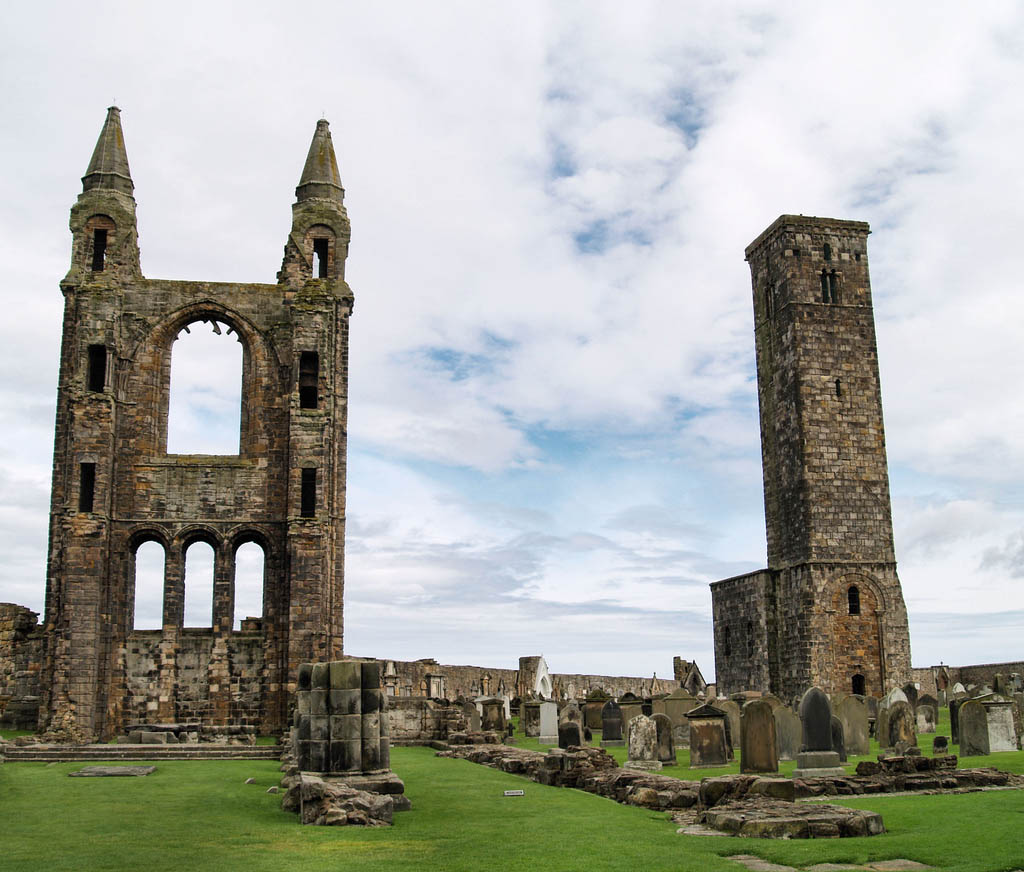
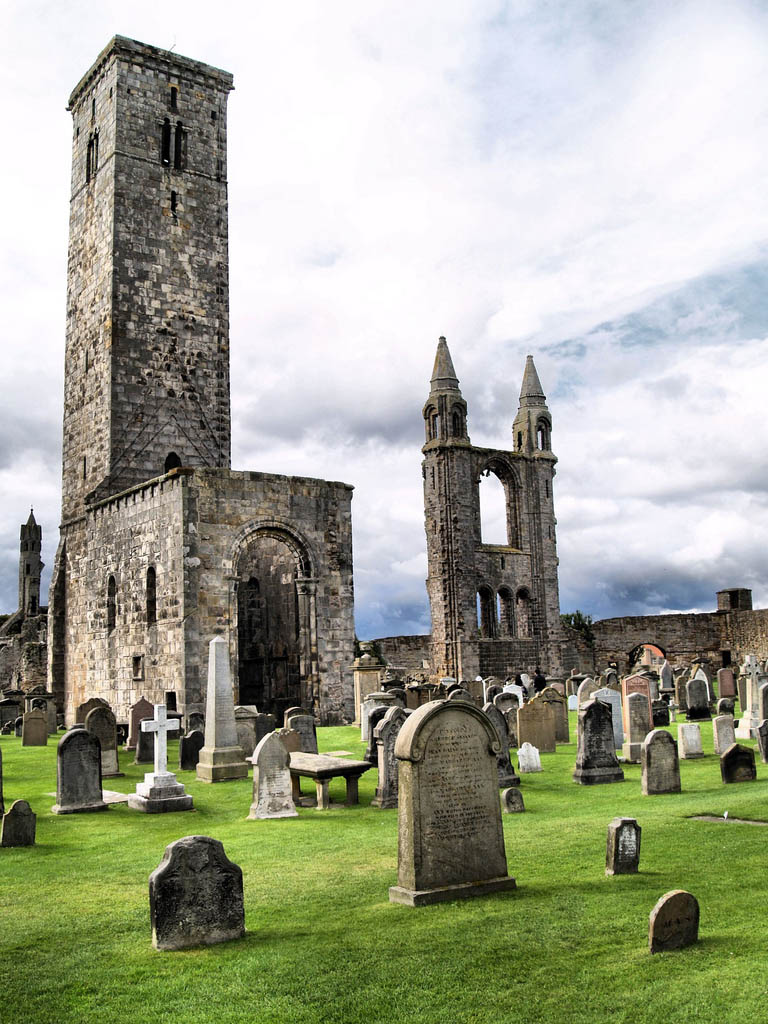
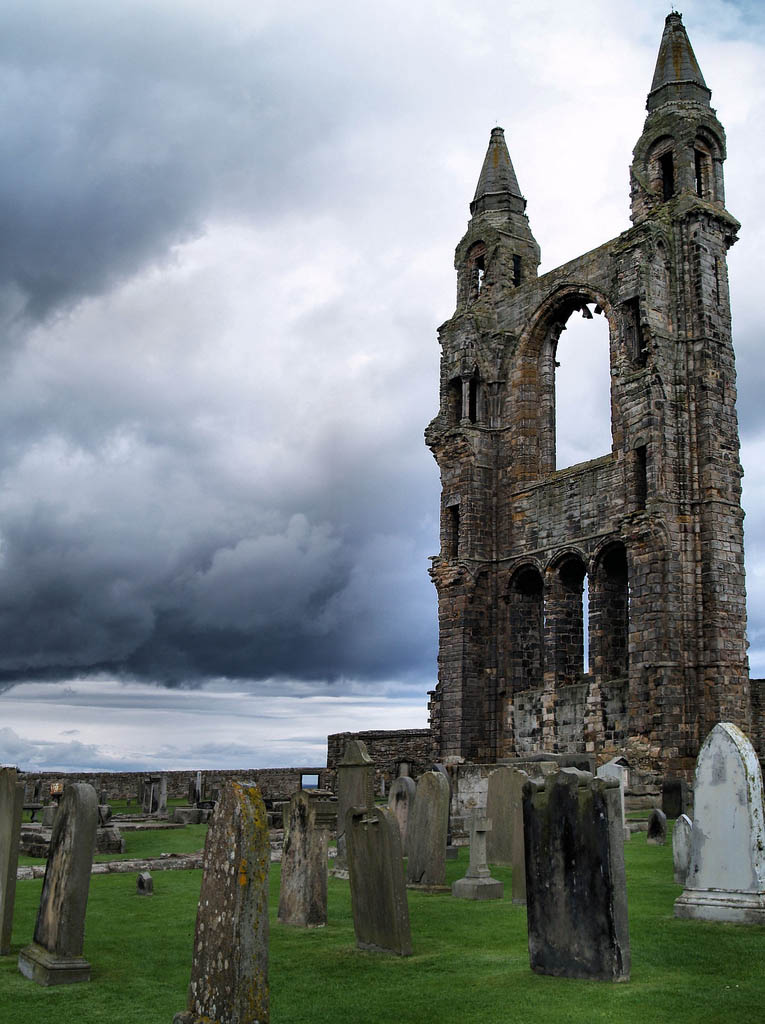
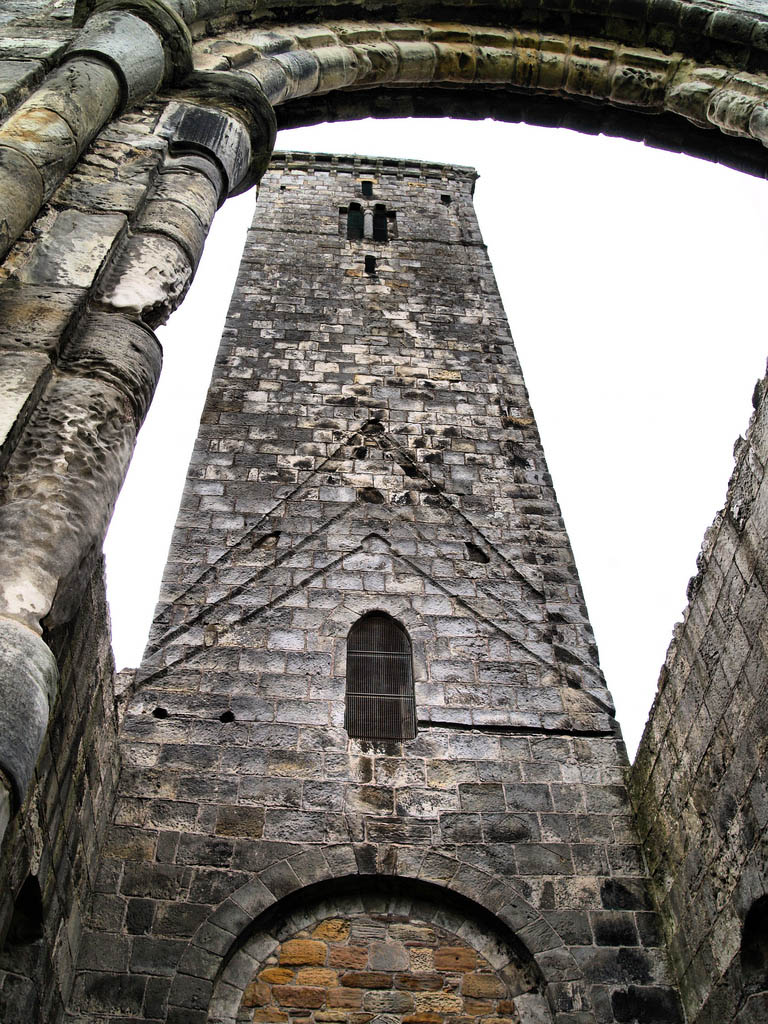
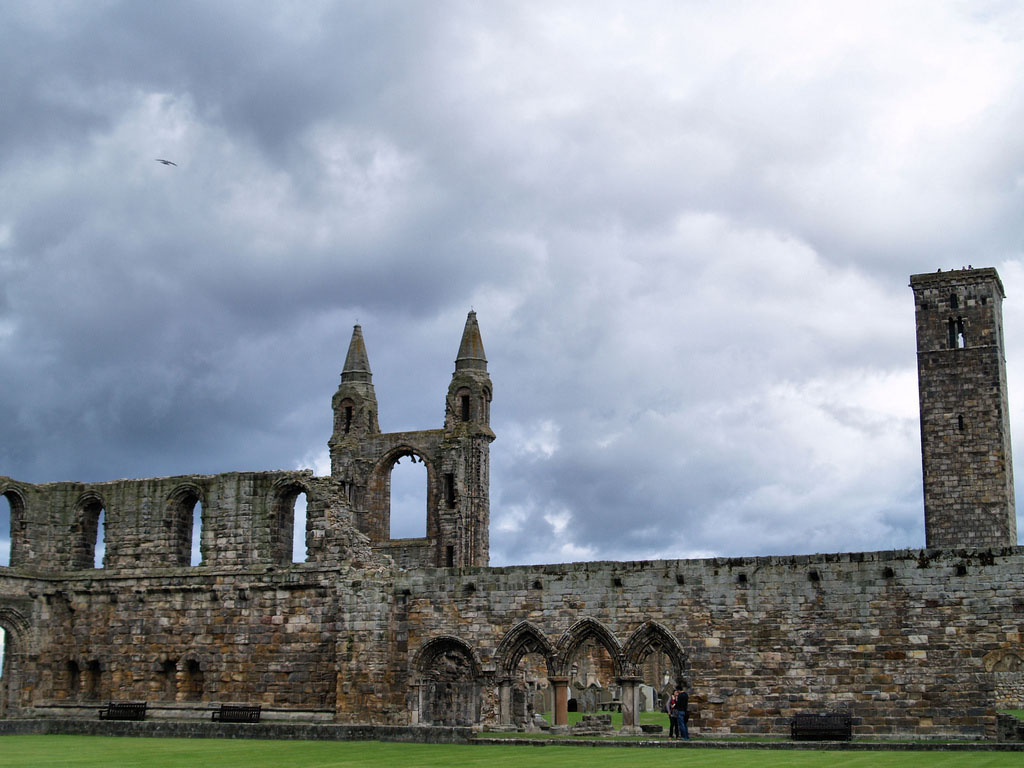
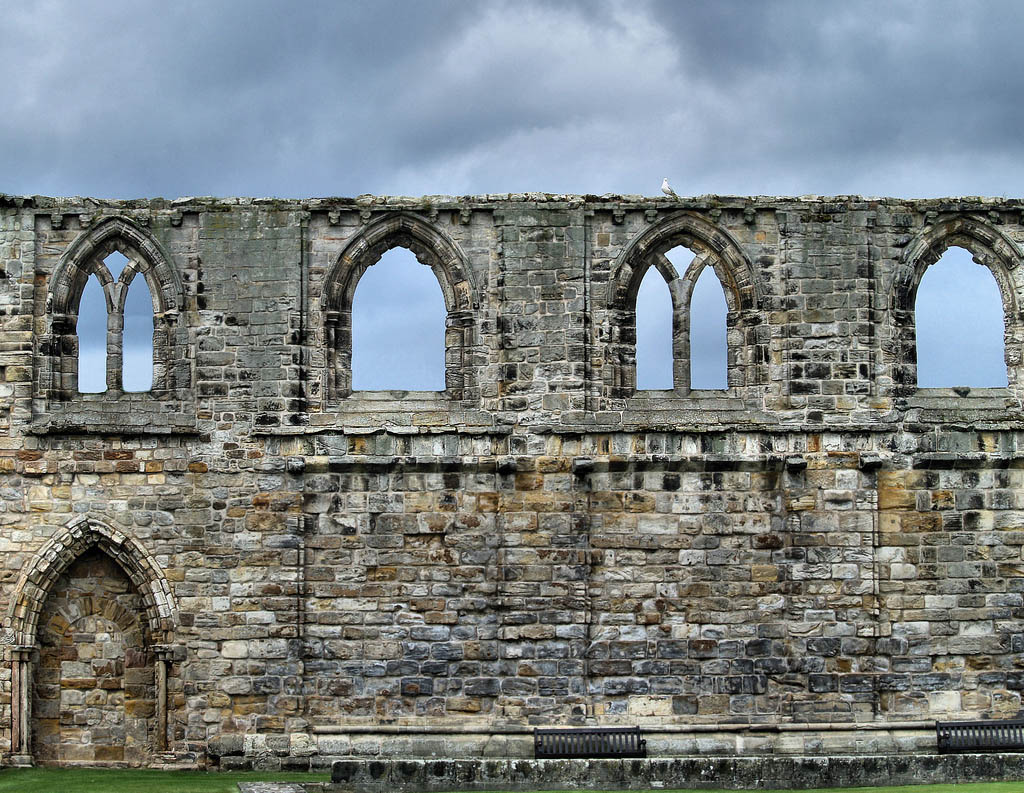
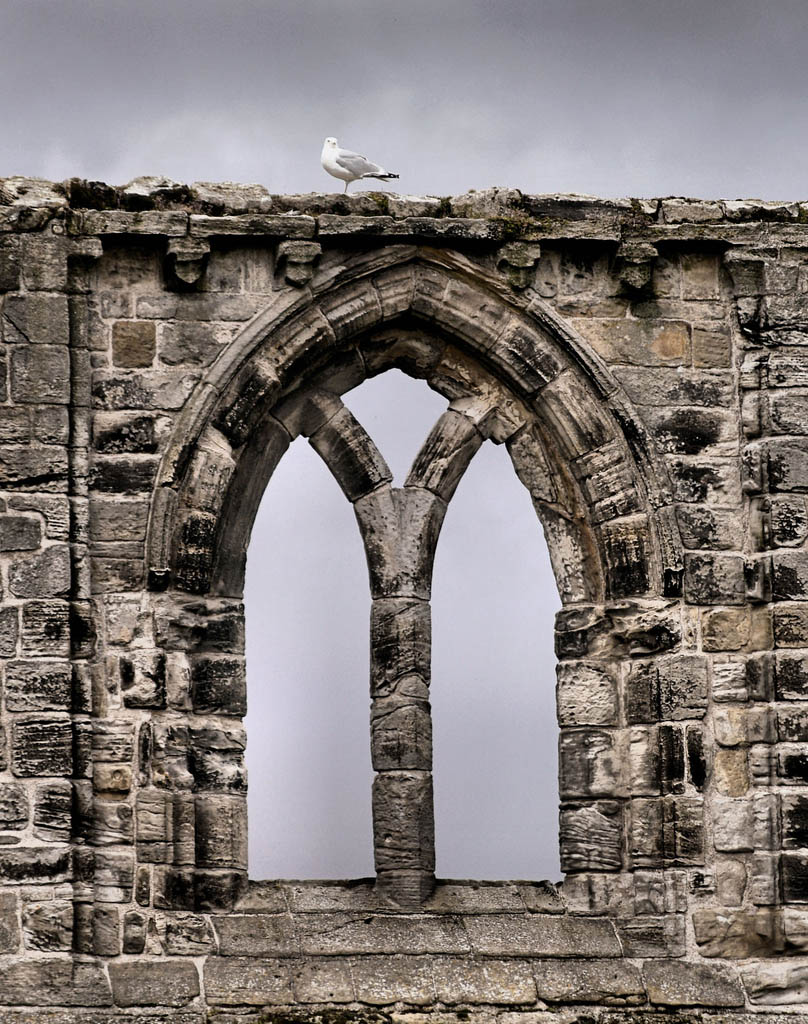
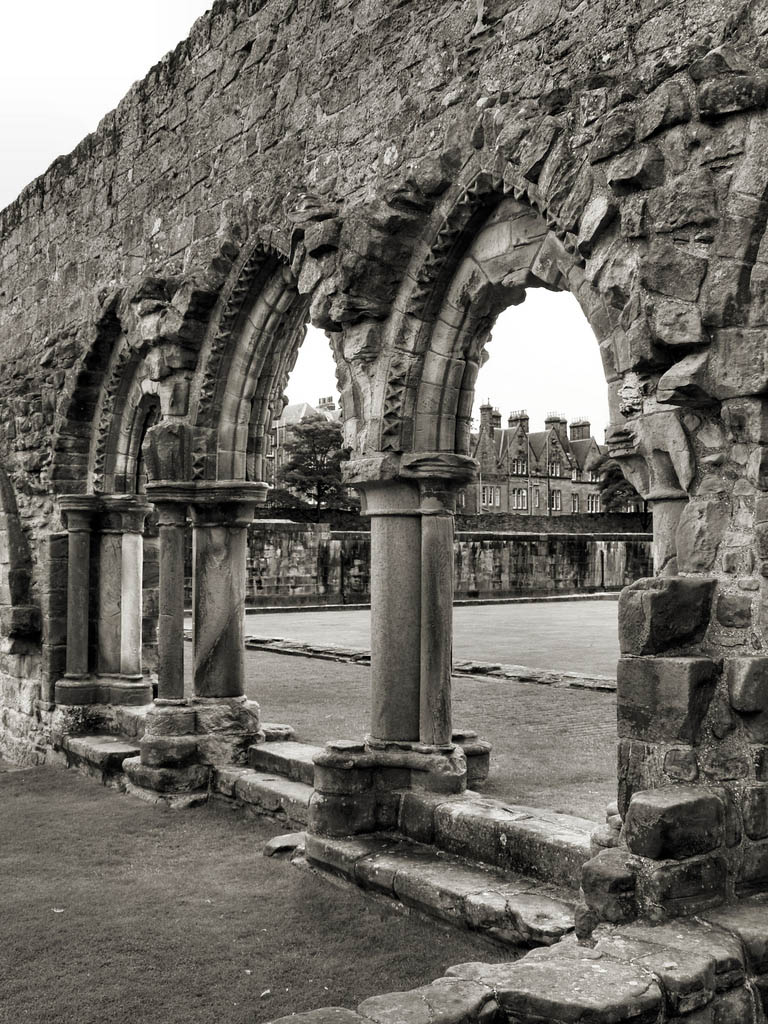
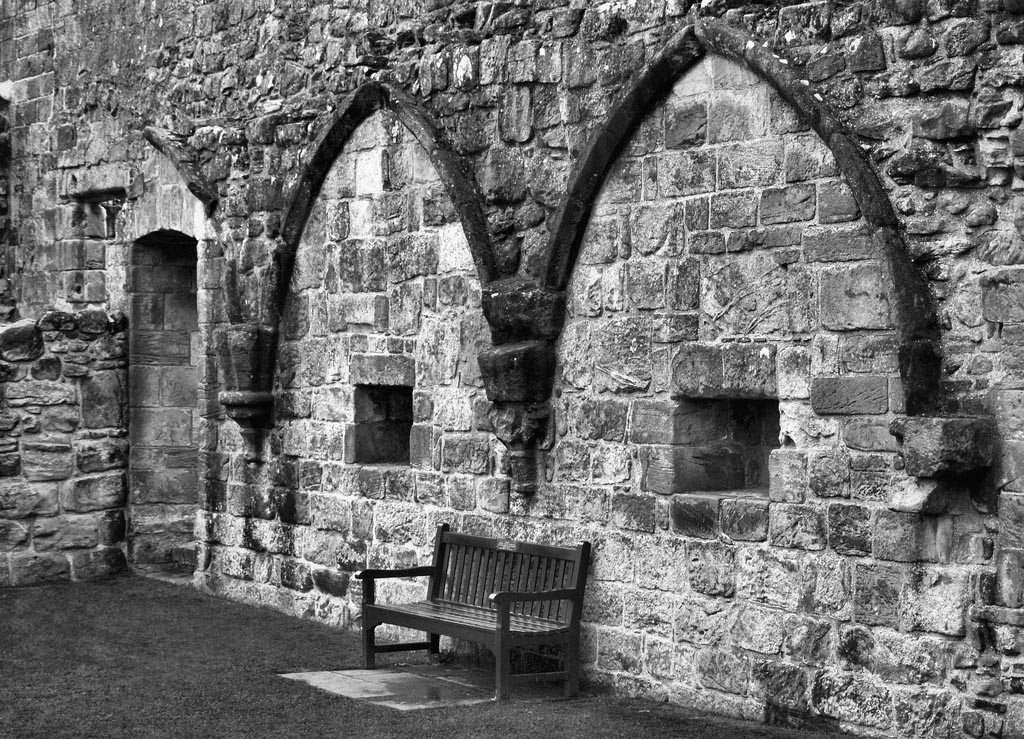
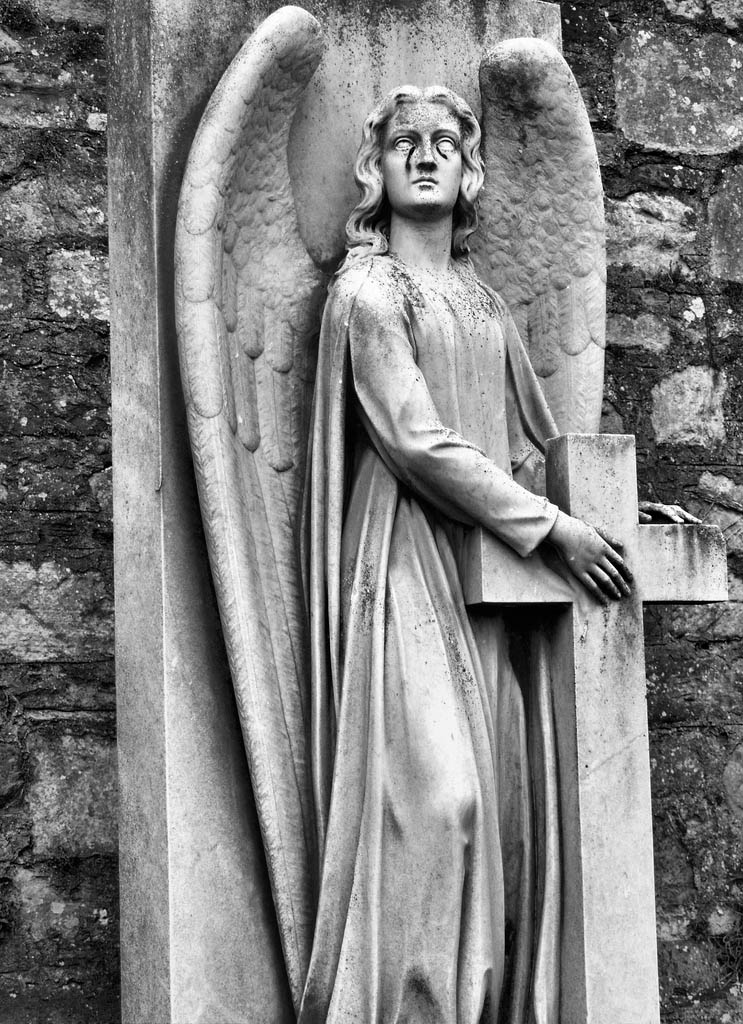
credit: Chrissy Olson
Tags: Andrews, Cathedral, Dundee, Edinburgh, gravestone, graveyard, historic, history, patron, Place, ruin, Ruins, Saint, saint andrew, saint andrew scotland, Saint Andrews, Scotland, scotland tourism, Scotts, See, st andrew patron, St Andrews, uk
Relevant Articles











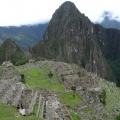 Where is Machu Picchu ?
Where is Machu Picchu ? Mysterious Chichen Itza – ...
Mysterious Chichen Itza – ... St. Raphaels Ruins in Ontario, C...
St. Raphaels Ruins in Ontario, C... Saint Andrews Cathedral Ruins &#...
Saint Andrews Cathedral Ruins &#... The flooded Ruins of Villa Lago ...
The flooded Ruins of Villa Lago ...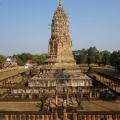 Si Satchanalai Historical Park i...
Si Satchanalai Historical Park i...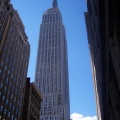 The Empire State Building in New...
The Empire State Building in New...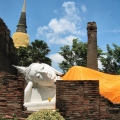 The Ayutthaya Historical Park
The Ayutthaya Historical Park














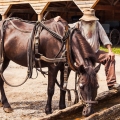 Colonial Life – Upper Cana...
Colonial Life – Upper Cana... Sacsayhuaman – The Inca Ru...
Sacsayhuaman – The Inca Ru... Gros Morne National Park, Canada...
Gros Morne National Park, Canada... Lena Ma – Former Miss Worl...
Lena Ma – Former Miss Worl... Anime Revolution 2014, Canada
Anime Revolution 2014, Canada






















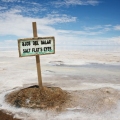 Salar de Uyuni – The world...
Salar de Uyuni – The world... Star Wars Rogue One Shore Troope...
Star Wars Rogue One Shore Troope...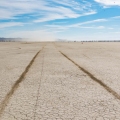 Speed Racing at El Mirage Dry La...
Speed Racing at El Mirage Dry La... Painted Fubao Village in Changhu...
Painted Fubao Village in Changhu...




















 Vinales Valley – UNESCO Wo...
Vinales Valley – UNESCO Wo...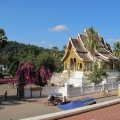 Luang Prabang – UNESCO Wor...
Luang Prabang – UNESCO Wor... Angkor Wat – UNESCO World ...
Angkor Wat – UNESCO World ...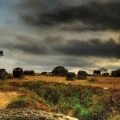 Mysterious Plain of Jars in Laos
Mysterious Plain of Jars in Laos The Mysterious Catacombs of Pari...
The Mysterious Catacombs of Pari...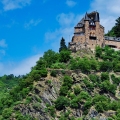 Castle Rheinfels in Sankt Goar, ...
Castle Rheinfels in Sankt Goar, ...















 USSR Concord in the Auto and Tec...
USSR Concord in the Auto and Tec...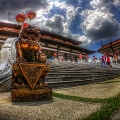 HDR Zu Lai Temple in Sao Paulo, ...
HDR Zu Lai Temple in Sao Paulo, ...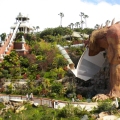 Siam Park More Than a Water Park
Siam Park More Than a Water Park Silver Dollar City – Theme...
Silver Dollar City – Theme...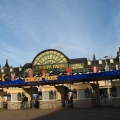 Europa Park – Most Beautif...
Europa Park – Most Beautif...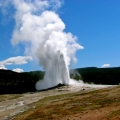 Great Pictures of Yellowstone Na...
Great Pictures of Yellowstone Na...











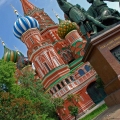 Colorful Saint Basils Cathedral ...
Colorful Saint Basils Cathedral ...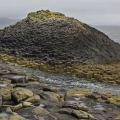 Fingals Cave and Staffa Coast, S...
Fingals Cave and Staffa Coast, S...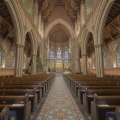 Inside British Heritage
Inside British Heritage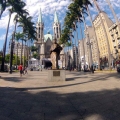 Metropolitan Cathedral of Sao Pa...
Metropolitan Cathedral of Sao Pa...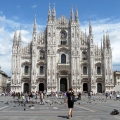 Duomo di Milano – The Most...
Duomo di Milano – The Most...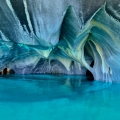 Looking into the Marble Cathedra...
Looking into the Marble Cathedra... Landmarks of Saint Petersburg, F...
Landmarks of Saint Petersburg, F...


